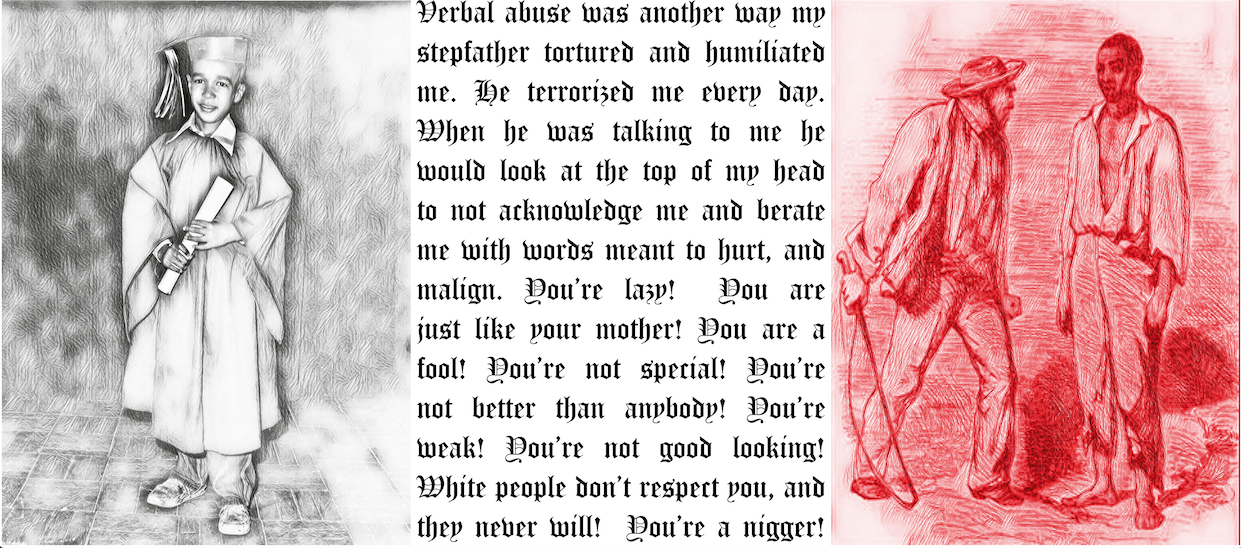“My work is therapy, my weapon of choice; it helps me to cope with the day-to-day struggles of being human. My contribution to humanity is my art, my voice, and in this is the sole reason, I am alive.”
PEOPLE I KNOW
“...with right hand to god and eyes to man. I created this series of hand and face portraits to emulate the symbolic gesture of telling the truth before God. Many are convinced that the eyes are the windows of the soul. I believe the hands are the true windows to the soul. I ask the subject to face their palms toward the camera to gather information about their life expectancy, health, wealth and love. I consulted a New Orleanian clairvoyant to document the subject’s character and nature. People I Know’ is a series of self-actualization and honesty. My goal is to translate the vernacular of the subconscious that is seldom seen and heard in one’s public life.”











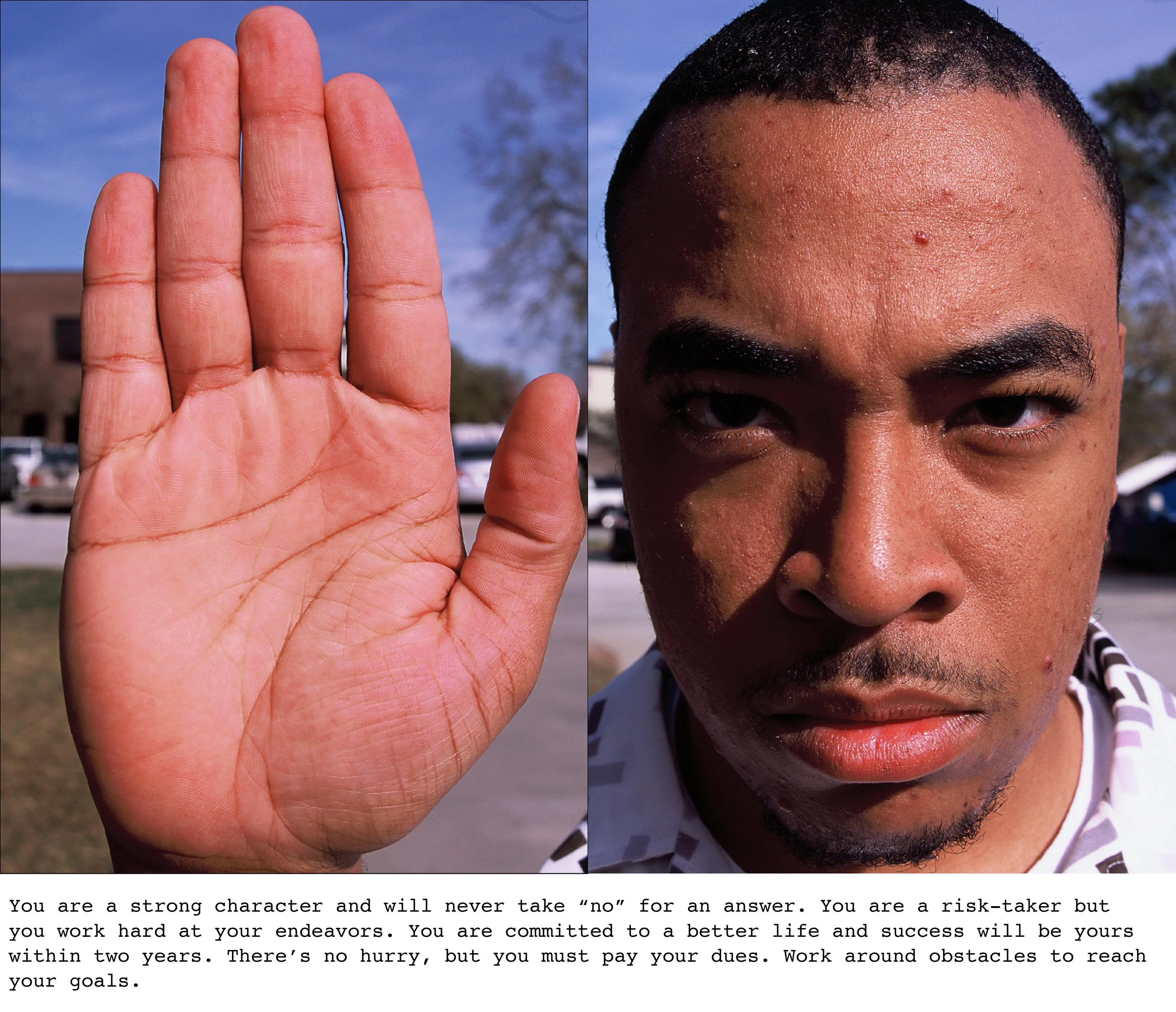



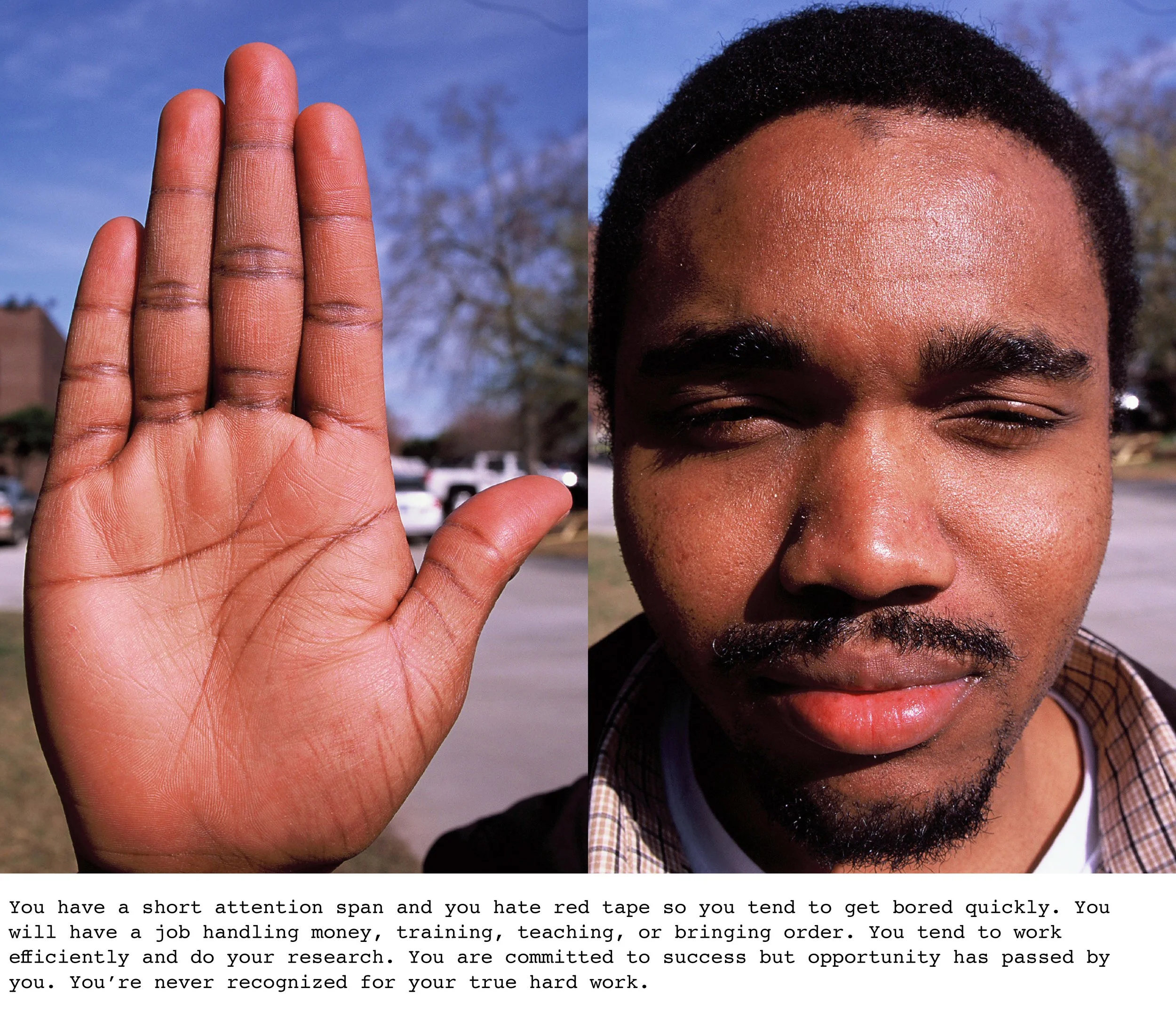



CAN’T KNOCK THE HUSTLE
“This series was created in response to a confidence letter I received from a Nigerian con-man who I regret stole my email account. Once I learned of the theft, I contacted the conman (scammer) and pleaded with him to stop impersonating me. I further stated that his malicious emails were upsetting my family, colleagues and friends with this ridiculous scam. I lost sleep, money and importantly the trust of my community. So, I decided to retaliate through my art. The images are from an online website where the scammers get scammed. They are contacted by the potential victim and asked to pose with signs that humiliate them in order to prove their identity and receive payment. An advance-fee fraud is a confidence trick in which the target is persuaded to advance sums of money in the hope of realizing a significantly larger gain. Among the variations on this type of scam, are the Nigerian Letter (also called the 419 fraud, Nigerian scam, Nigerian bank scam, or Nigerian money offer, the Spanish Prisoner, the black money scam as well as Russian/Ukrainian scam (also widespread, though far less popular than the former). The so-called Russian and Nigerian scams stand for wholly dissimilar organized-crime traditions; they therefore tend to use altogether different breeds of approaches. Although similar to older scams such as the Spanish Prisoner, the modern 419 scam originated in the early 1980s as the oil-based Nigerian economy declined. Several unemployed university students first used this scam as a means of manipulating business visitors interested in shady deals in the Nigerian oil sector before targeting businessmen in the west, and later the wider population. Scammers in the early-to-mid 1990s targeted companies, sending scam messages via letter, fax, or Telex. The spread of e-mail and easy access to e-mail-harvesting software significantly lowered the cost of sending scam letters by using the Internet. In the 2000s, the 419 scams has spurred imitations from other locations in Africa, Asia and Eastern Europe, and, more recently, from North America, Western Europe (mainly United Kingdom and Netherlands), and Australia.


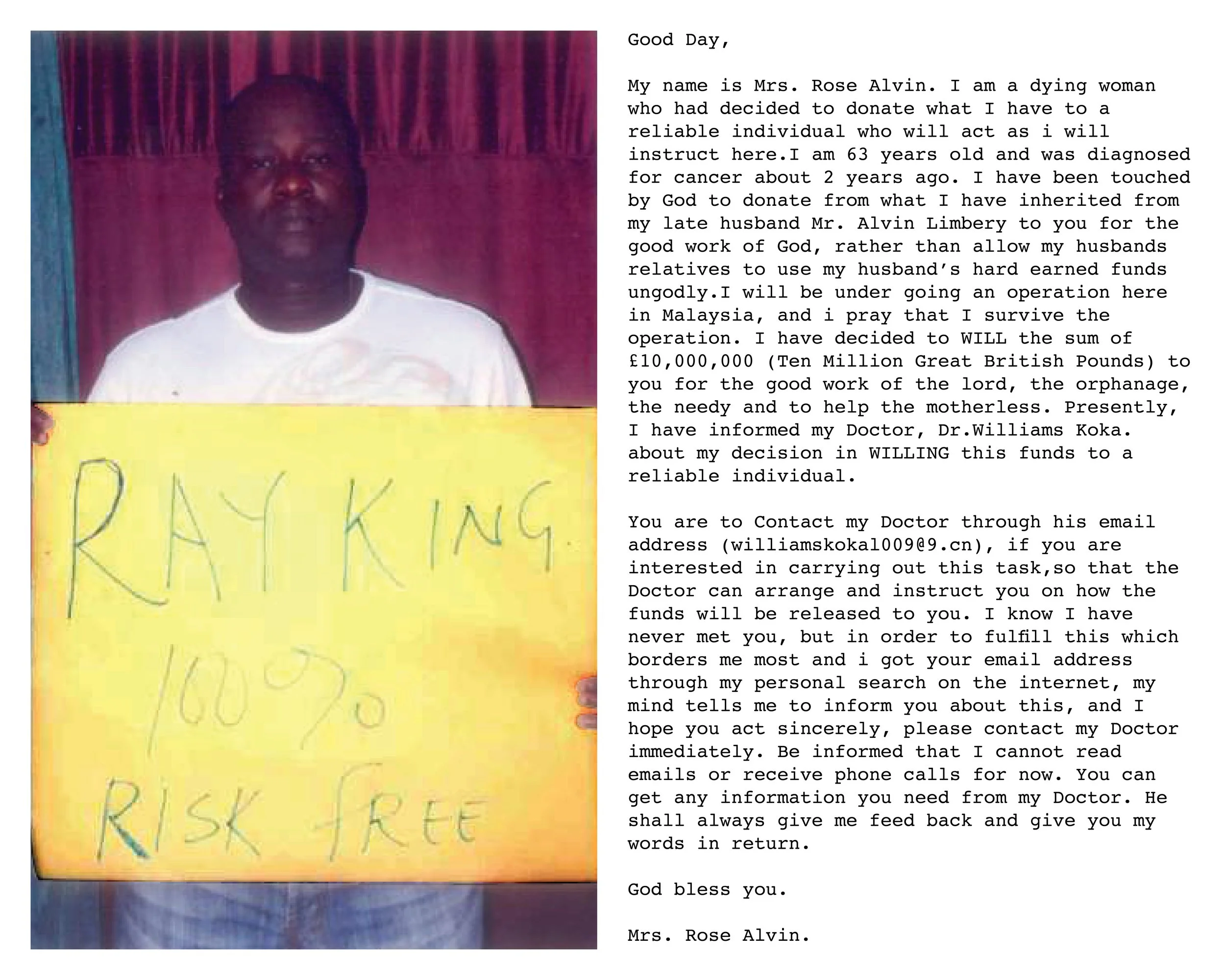
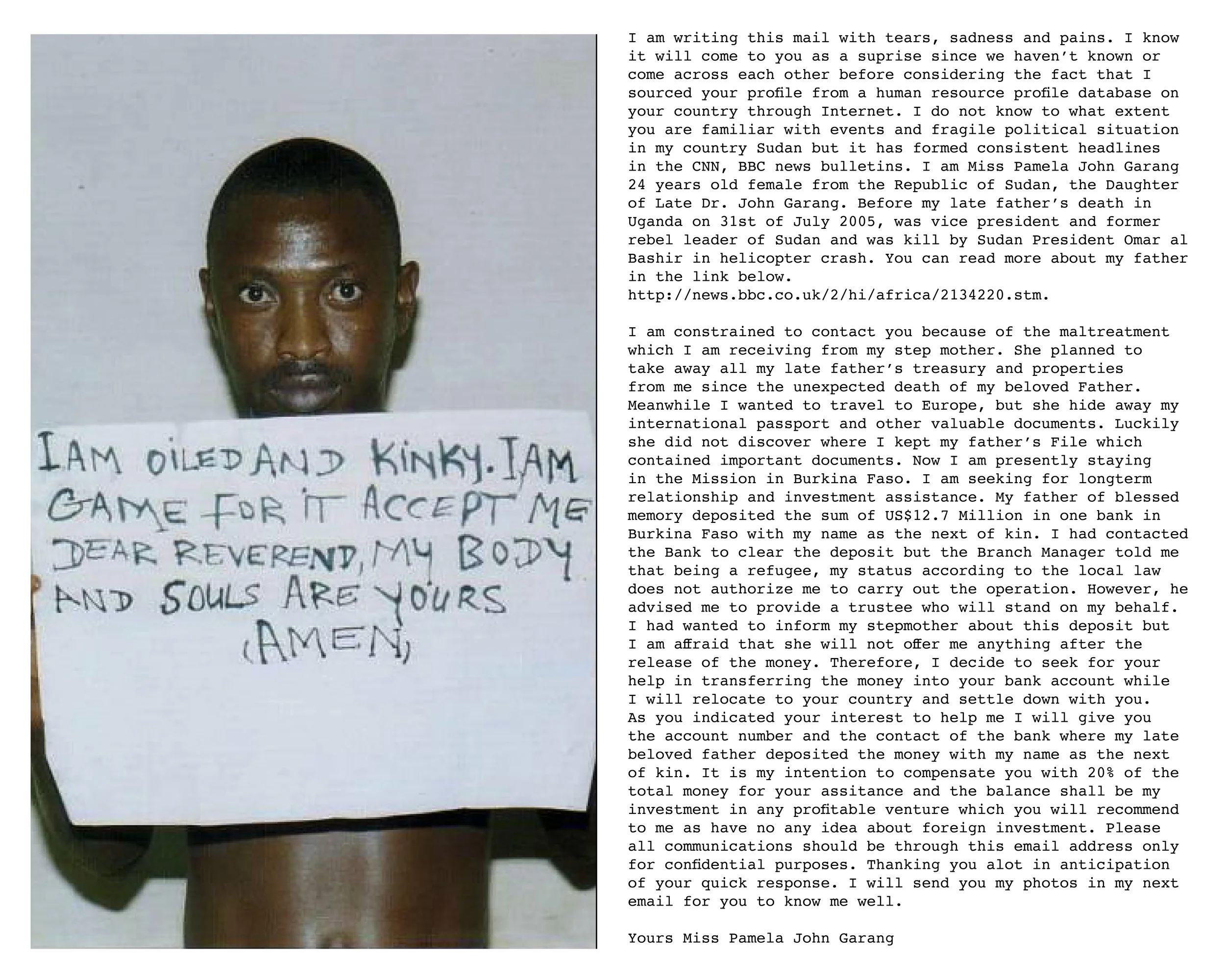




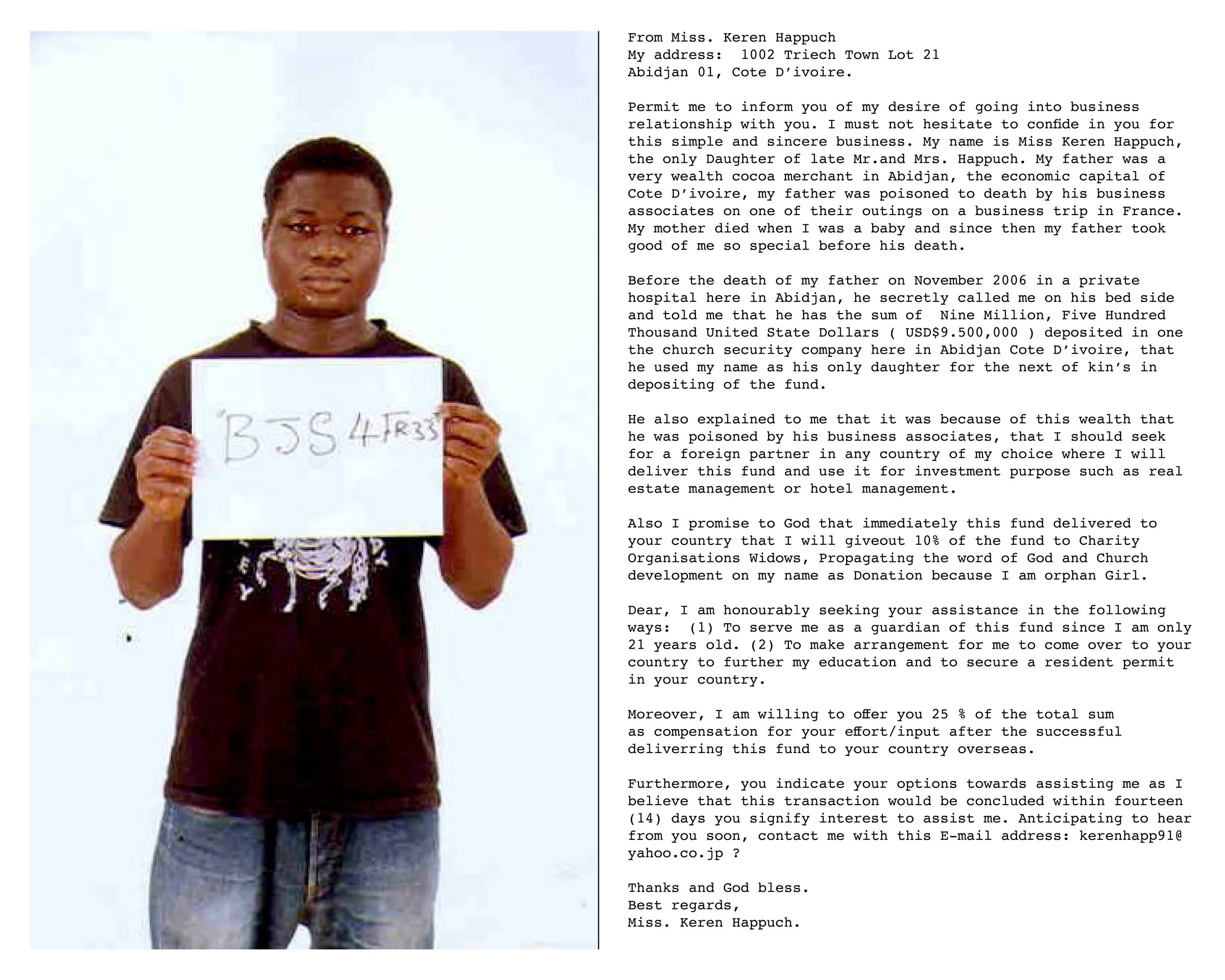

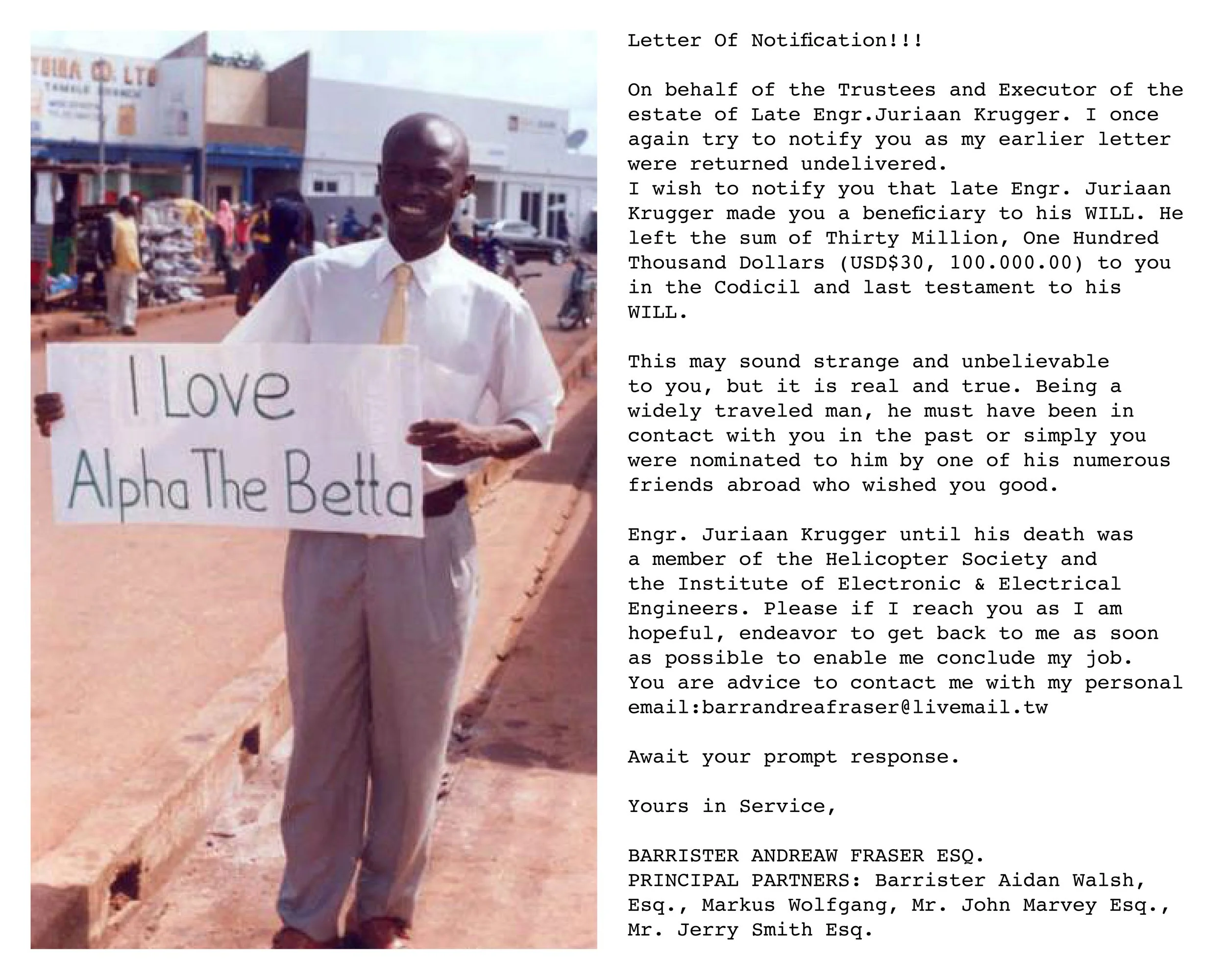







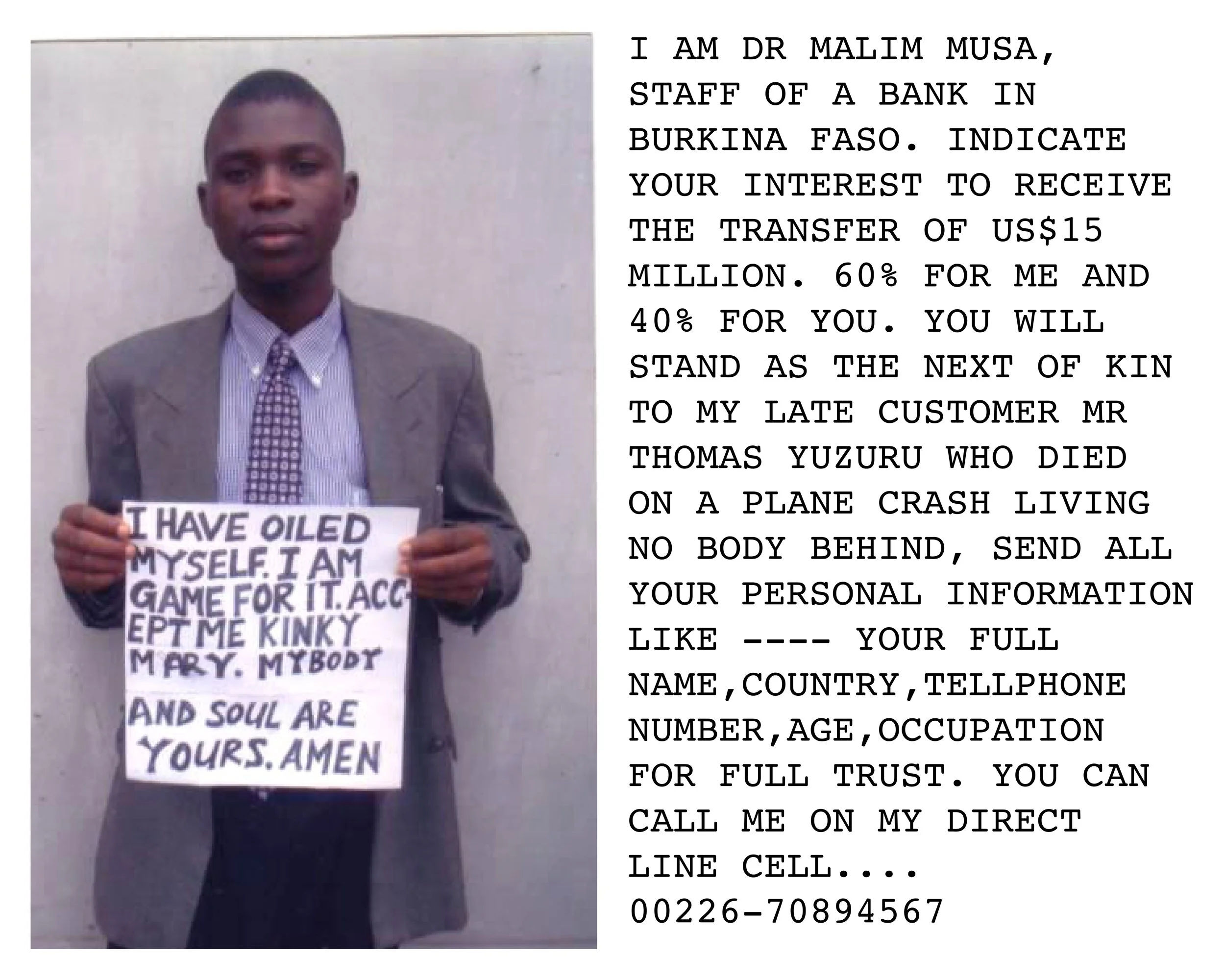
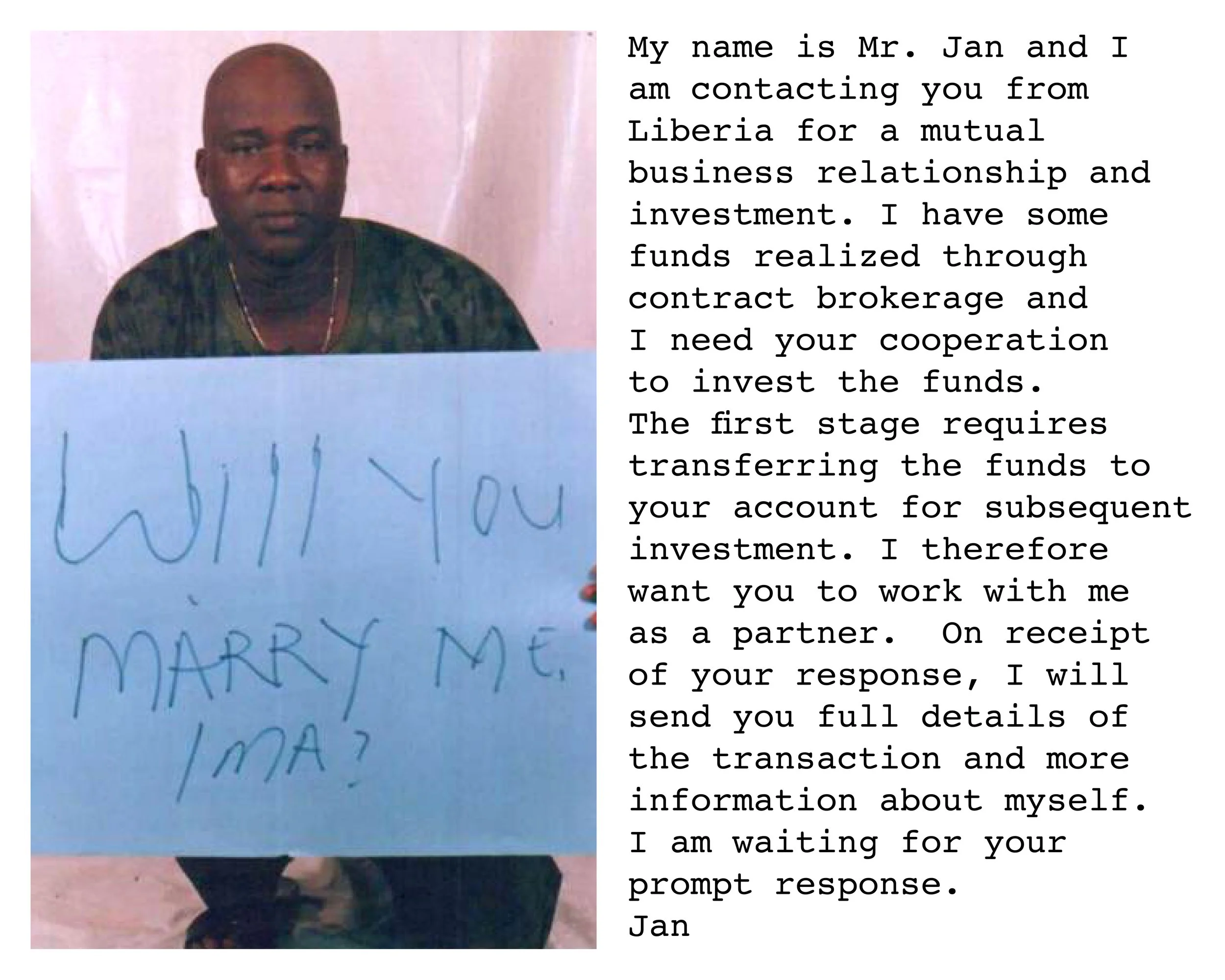




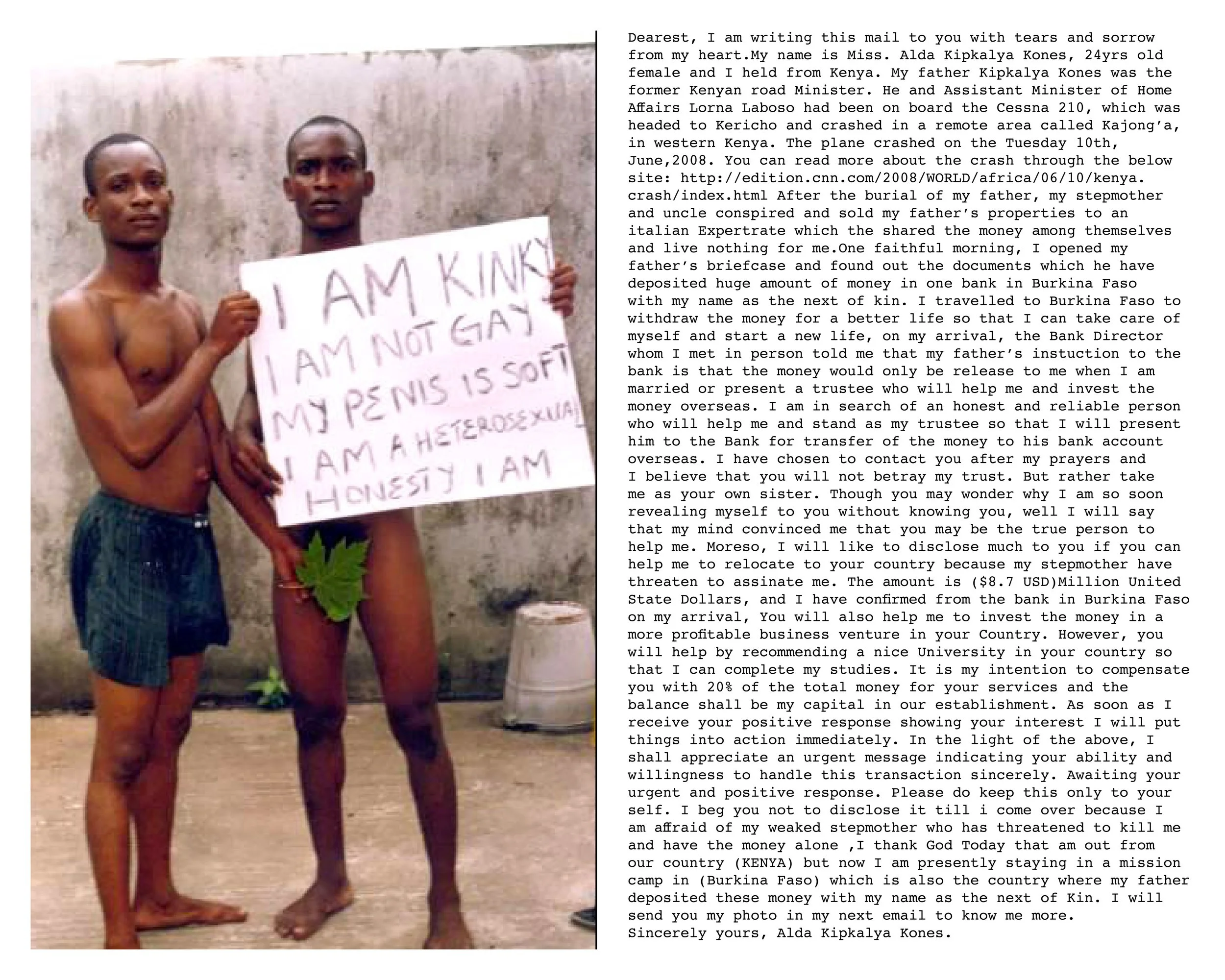

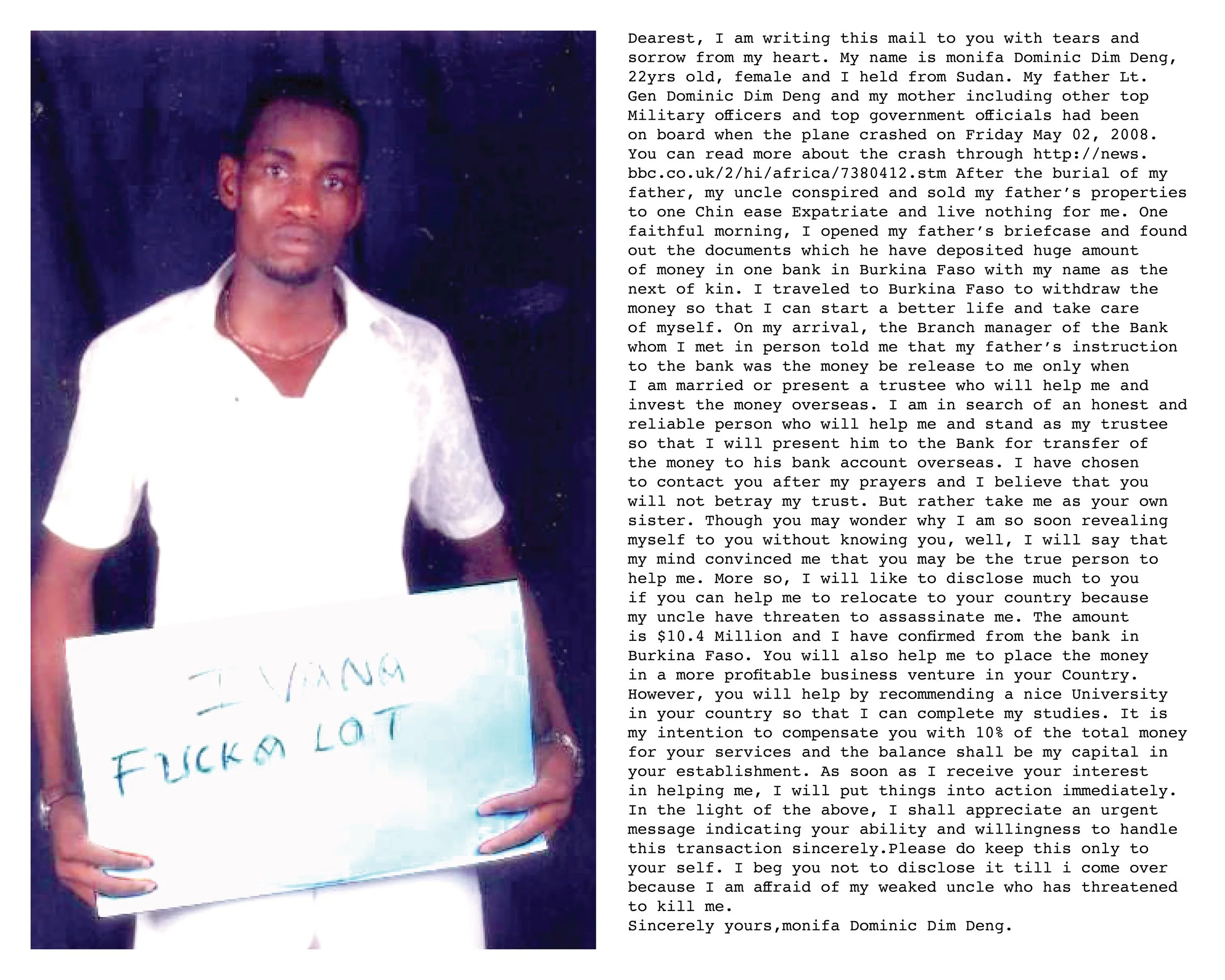


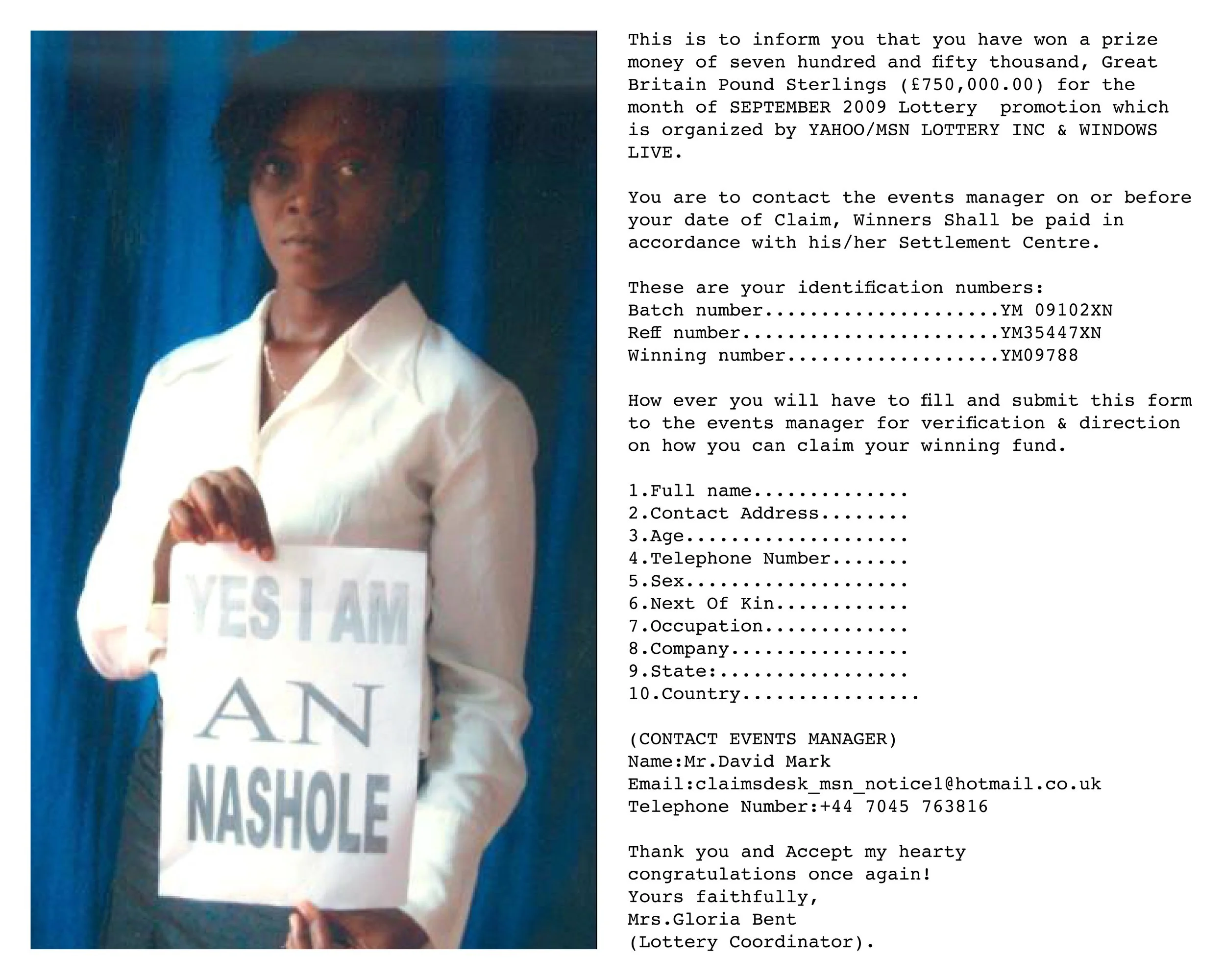

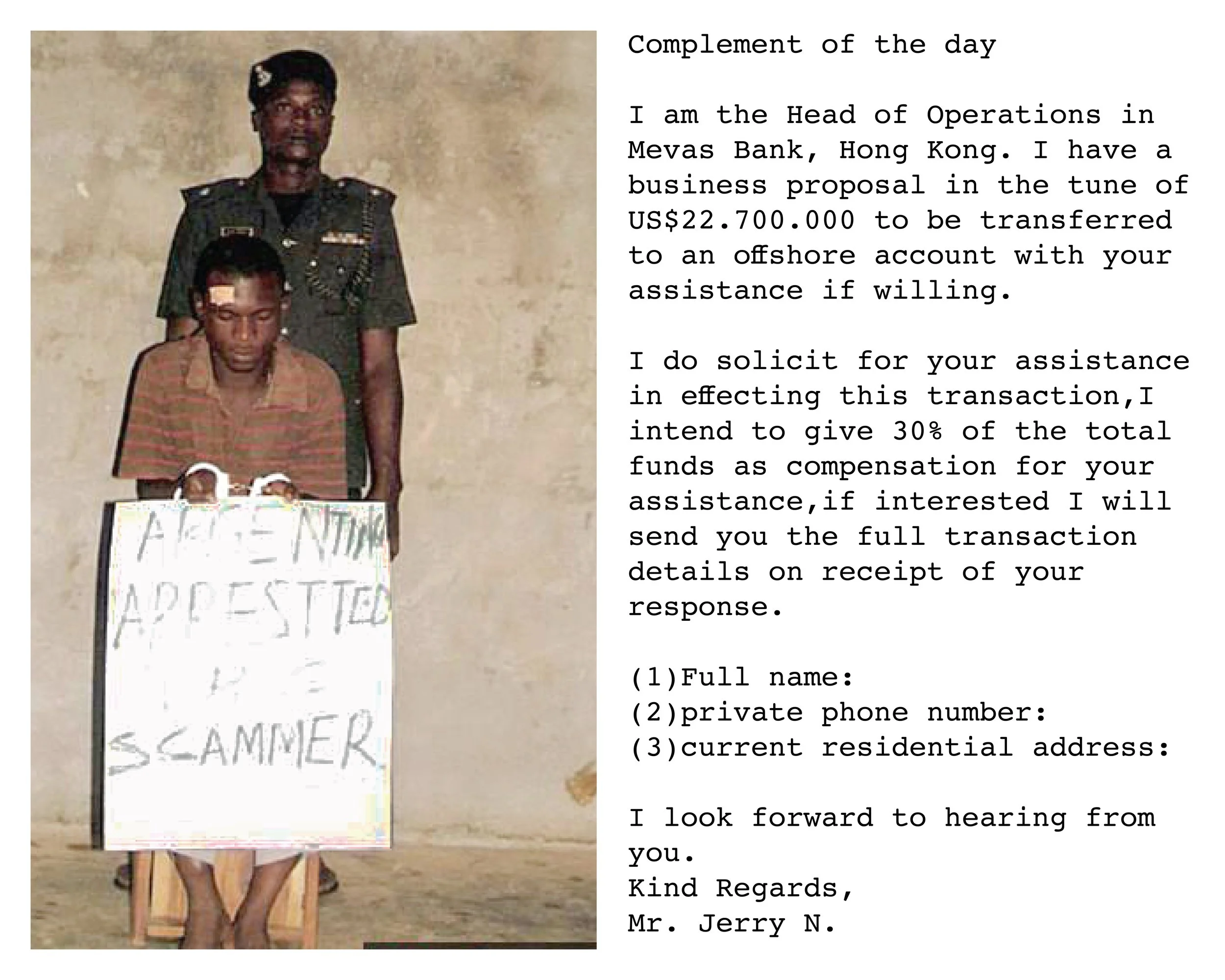
WILL WORK FOR FOOD
This series is about the transient men and women who create cardboard signs to display at major intersections in hopes of receiving immediate assistance to alleviate their hardships. I have always been intrigued by their stories and thankful for their honesty and assistance that they so desperately need.
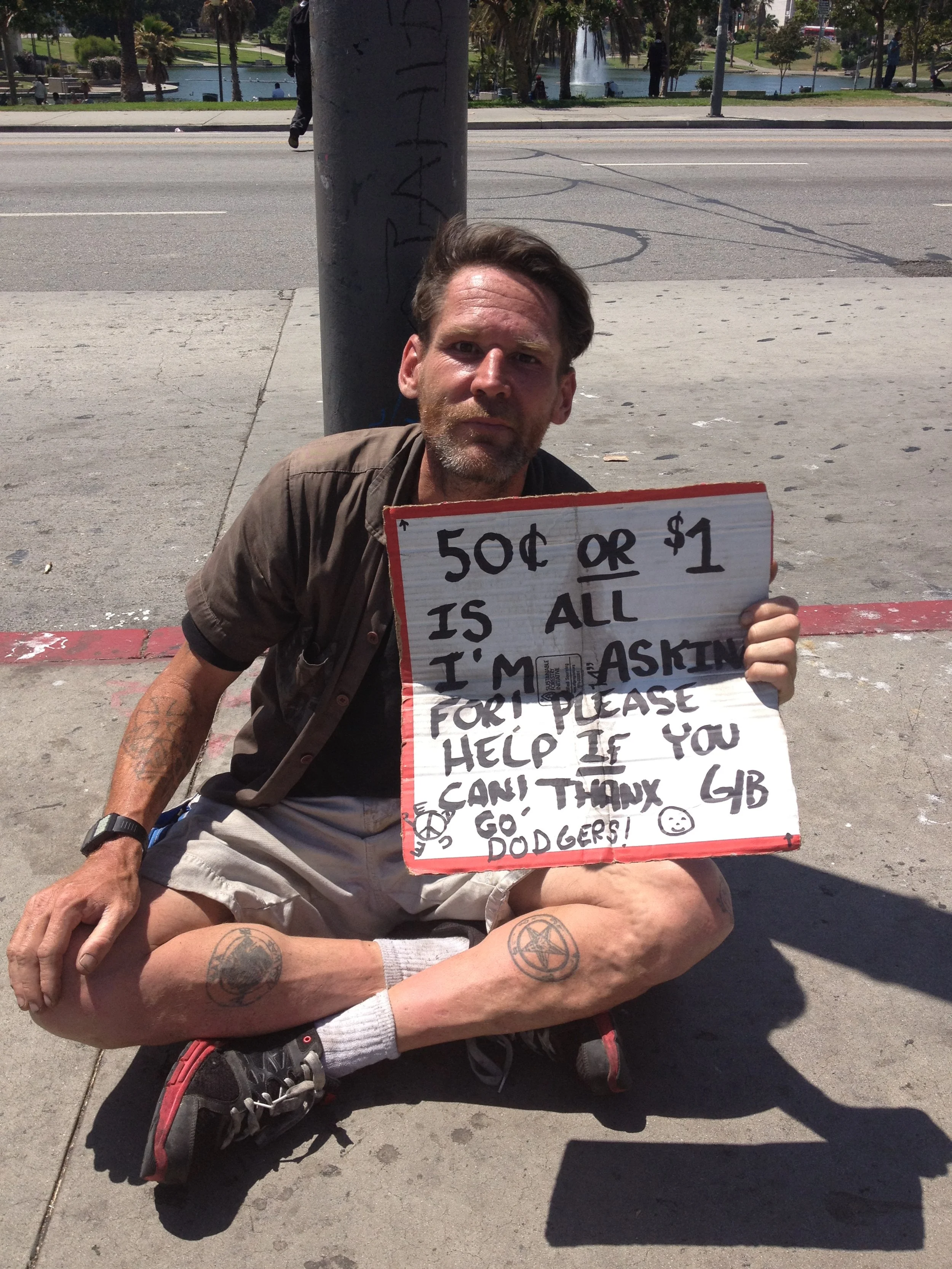
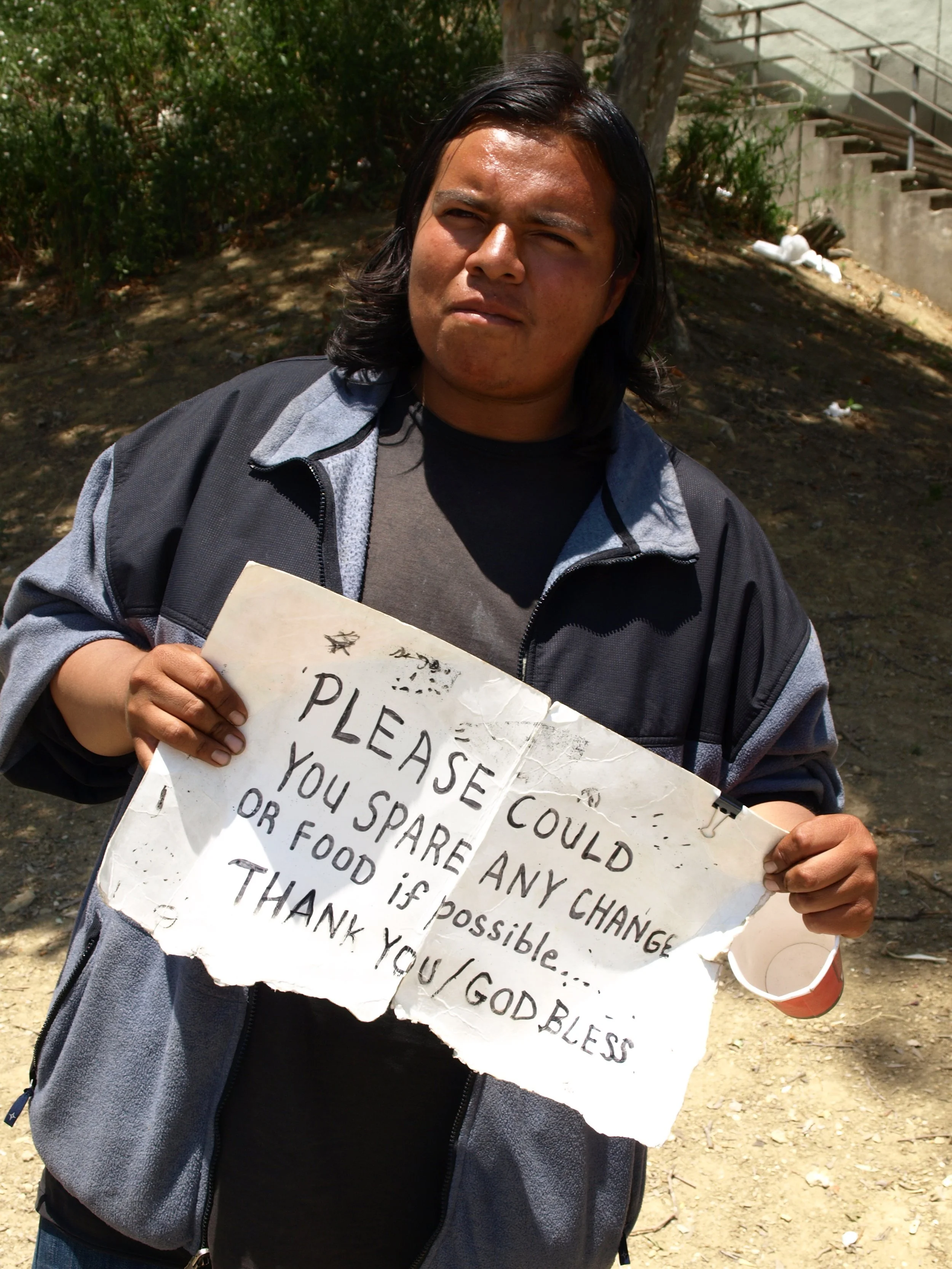
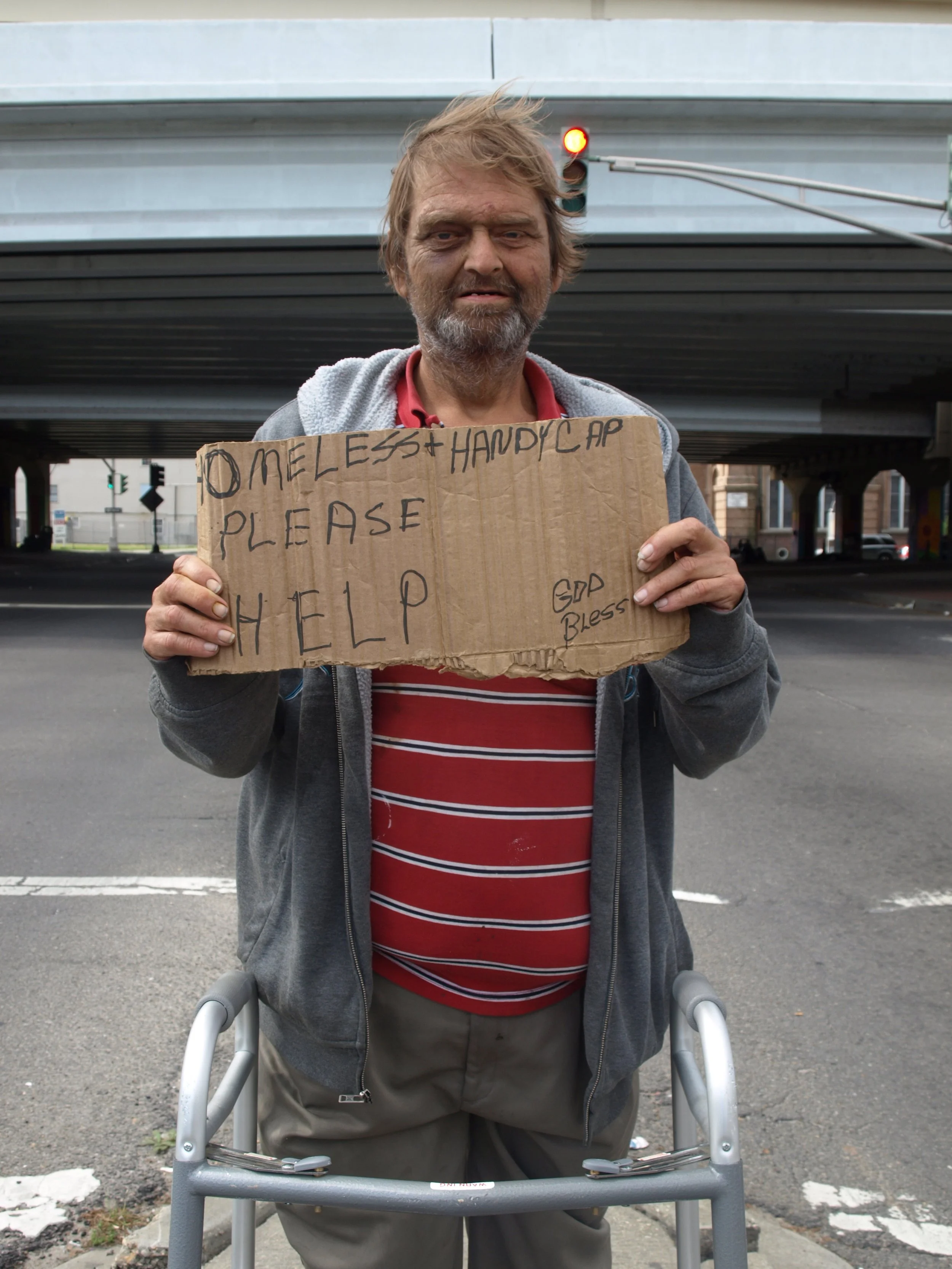



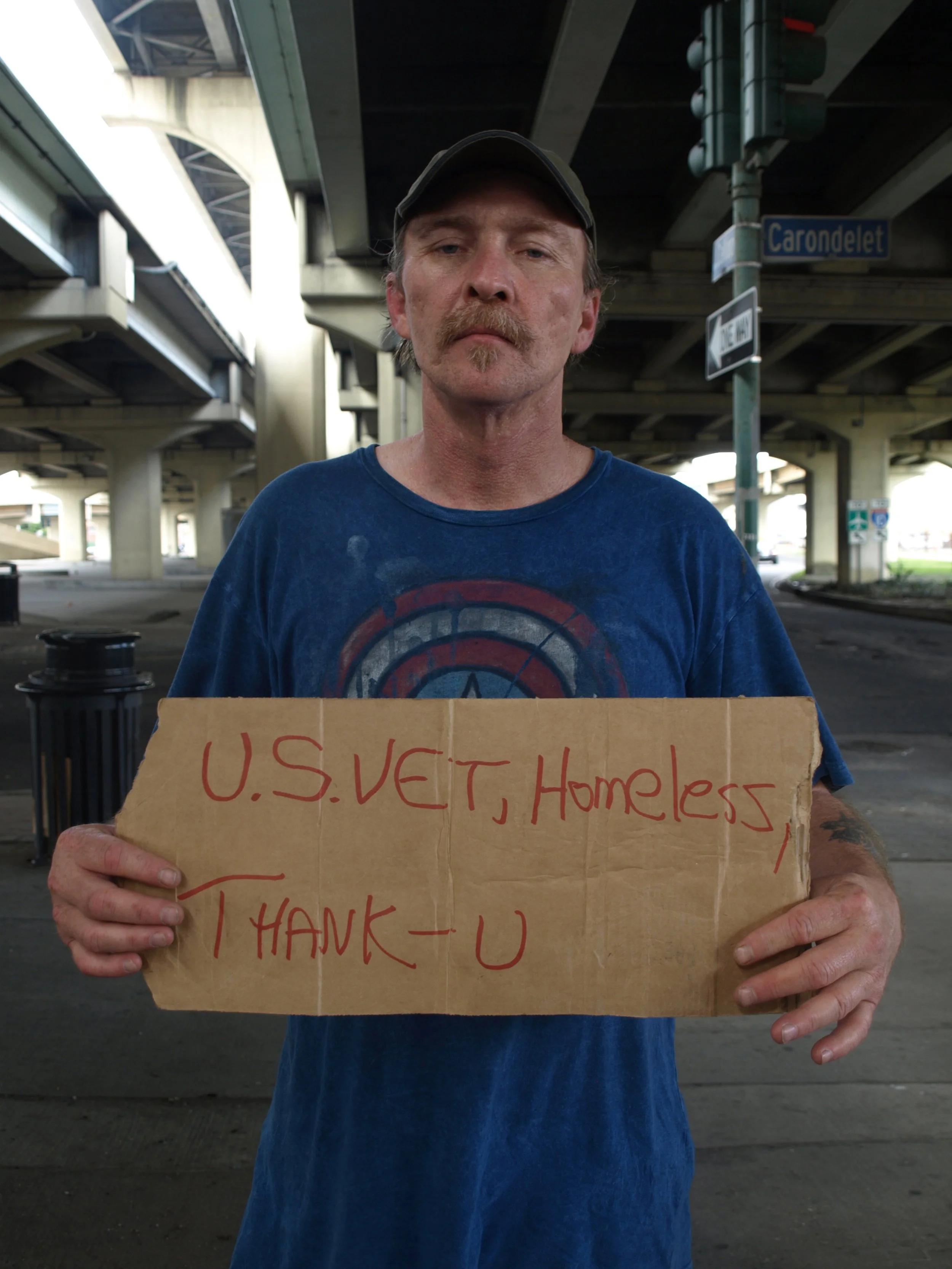

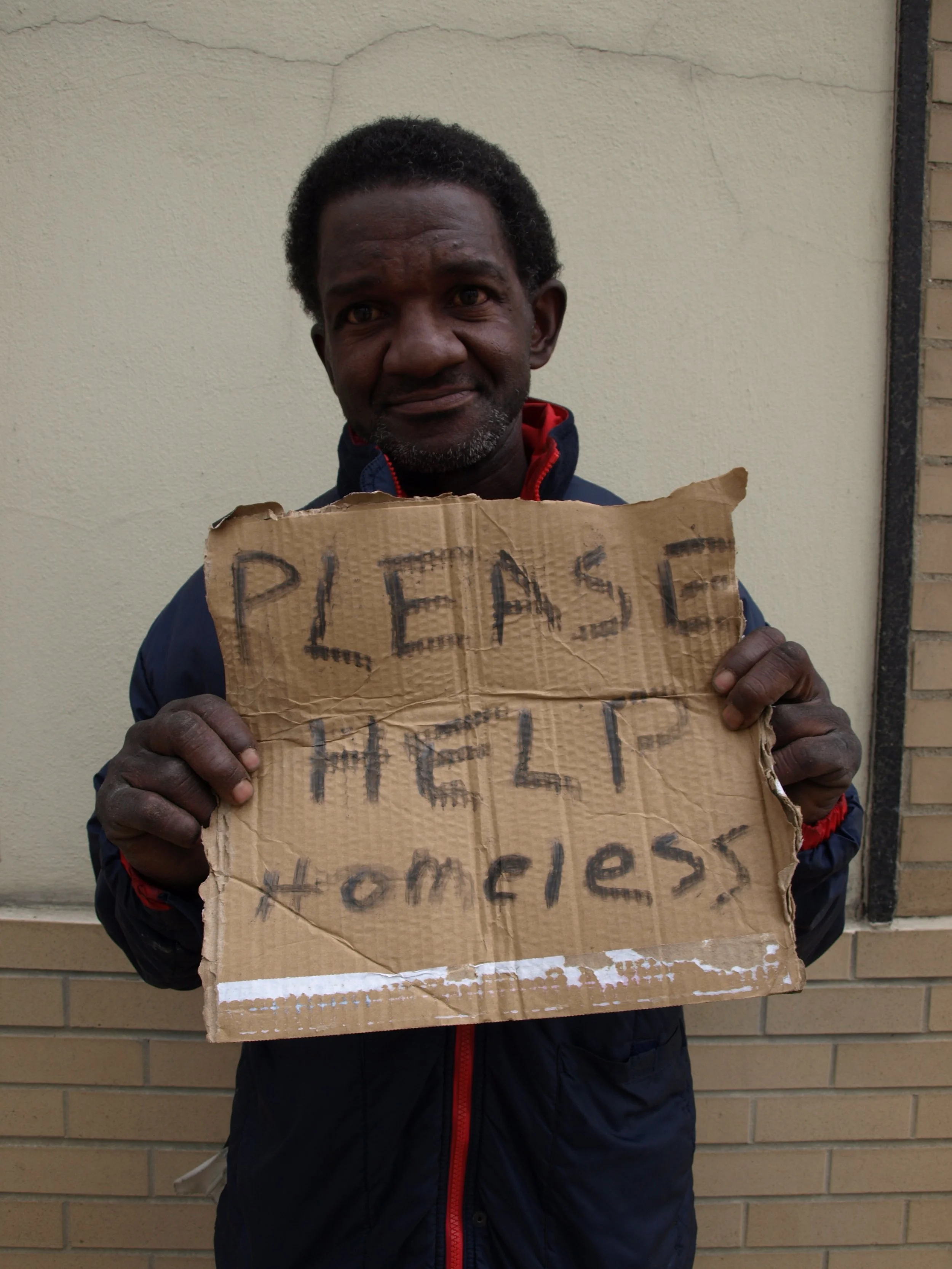
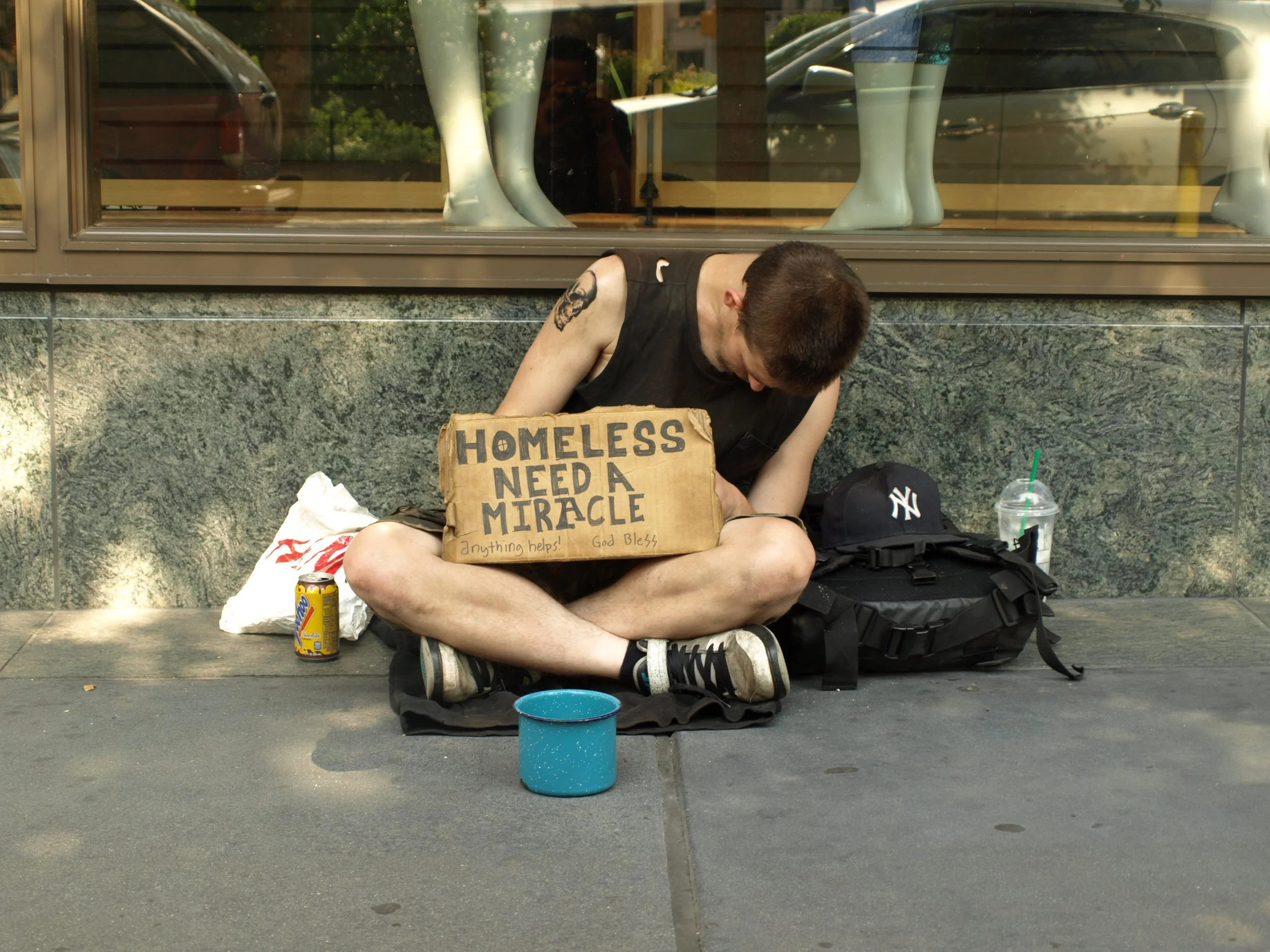

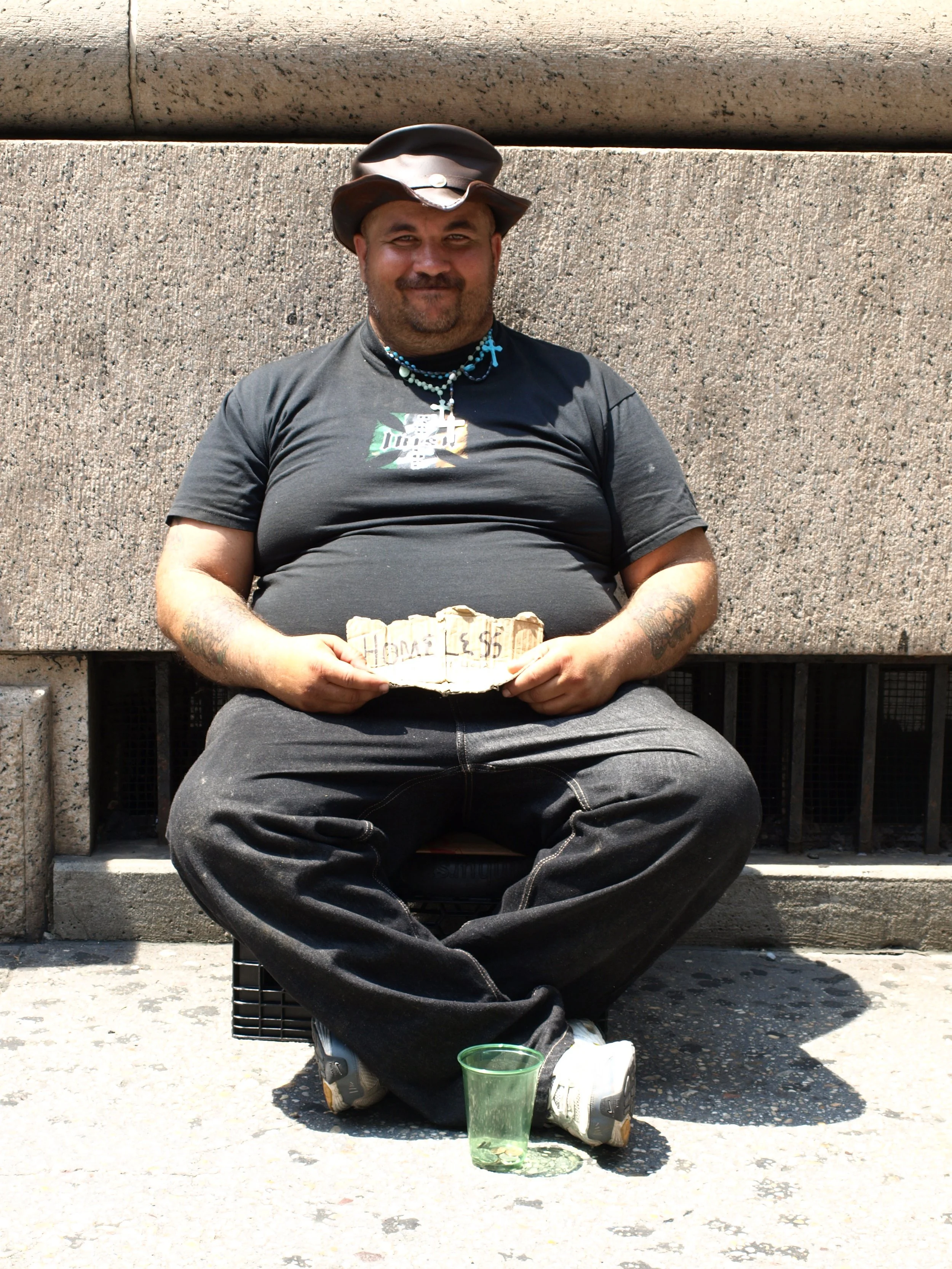
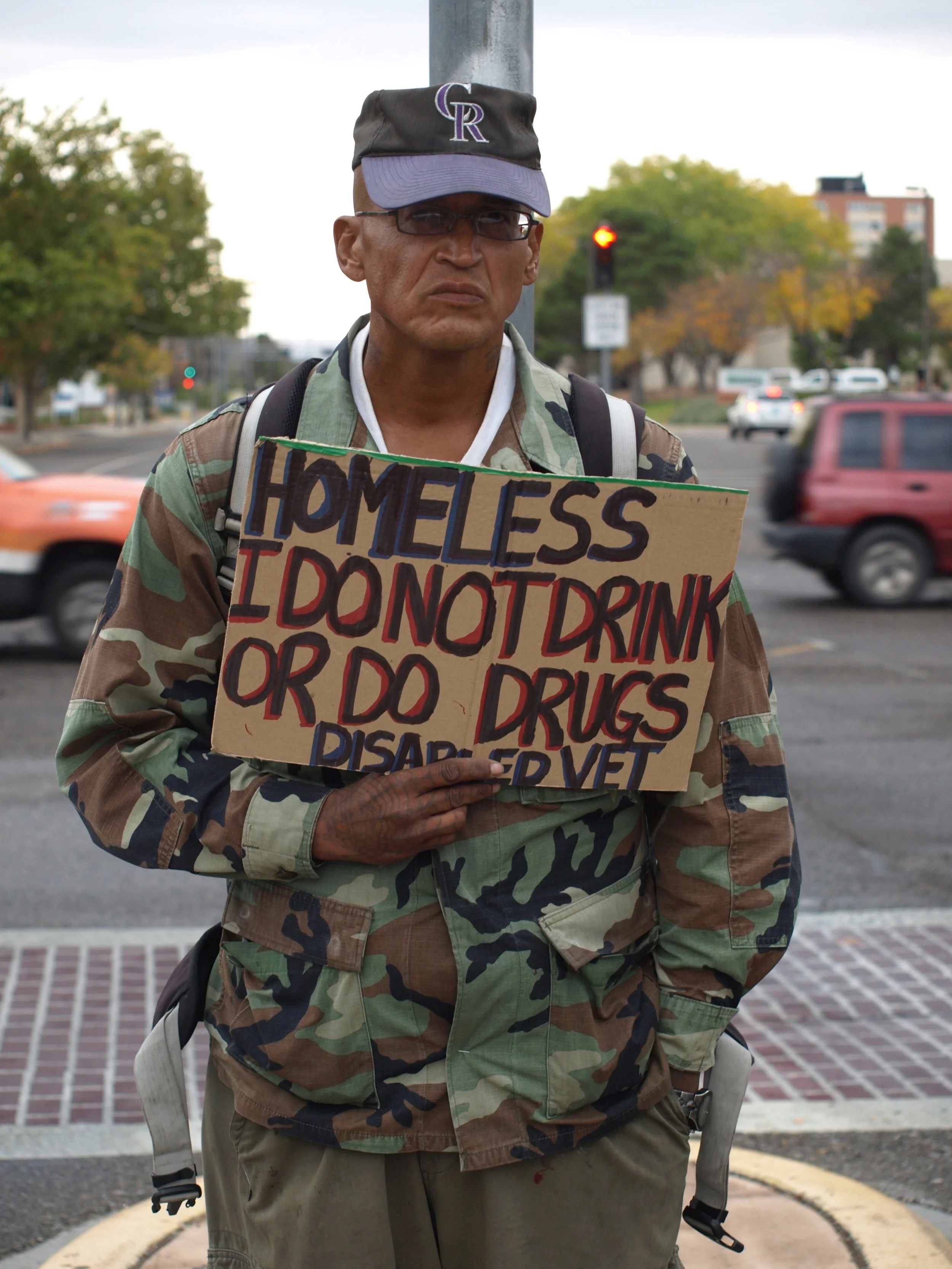
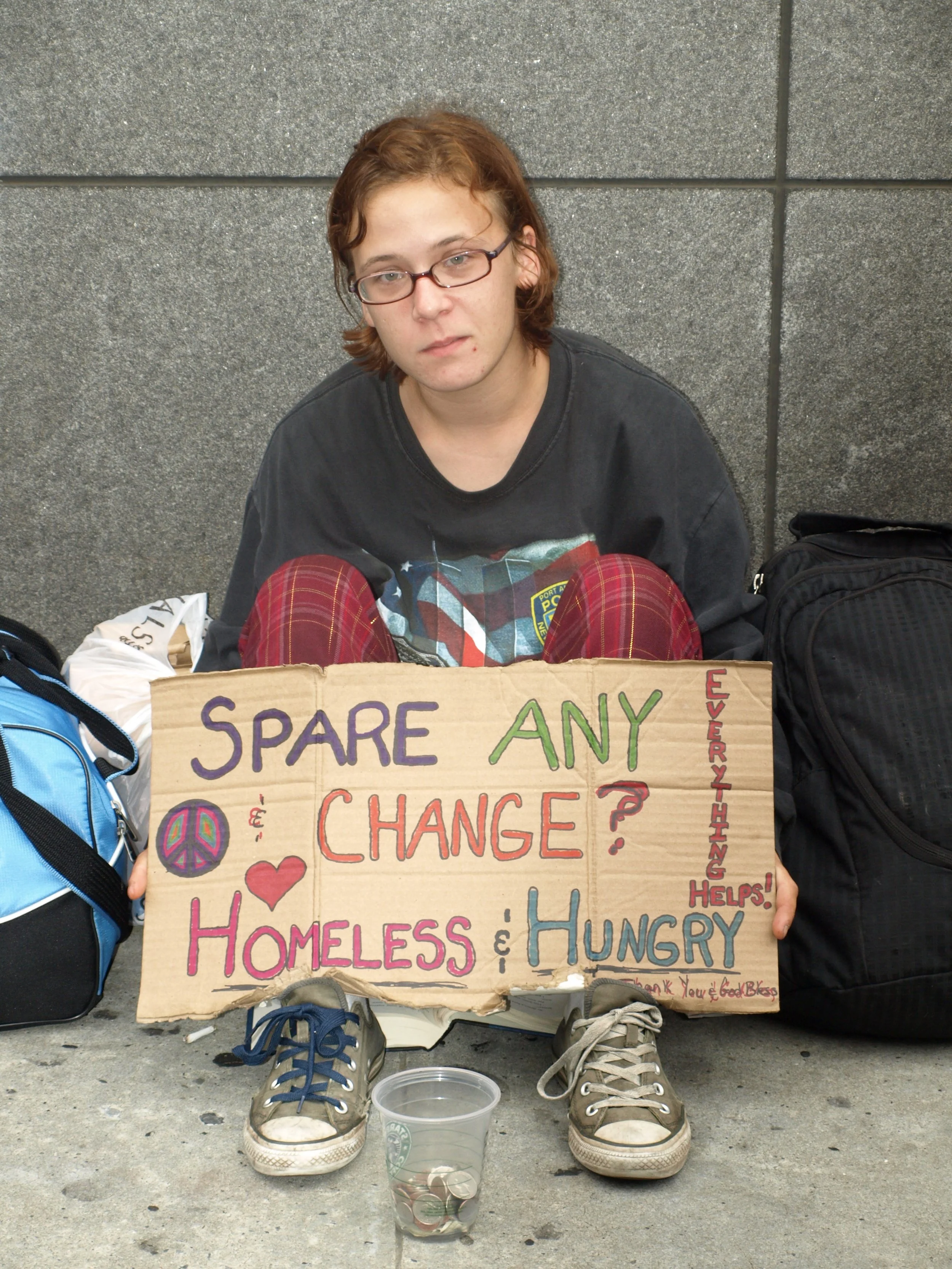

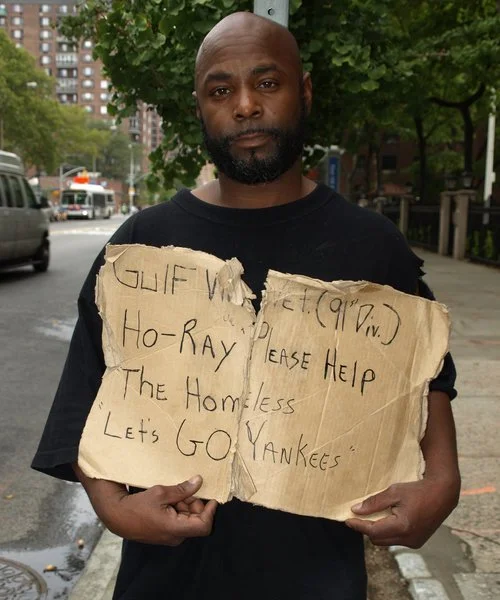

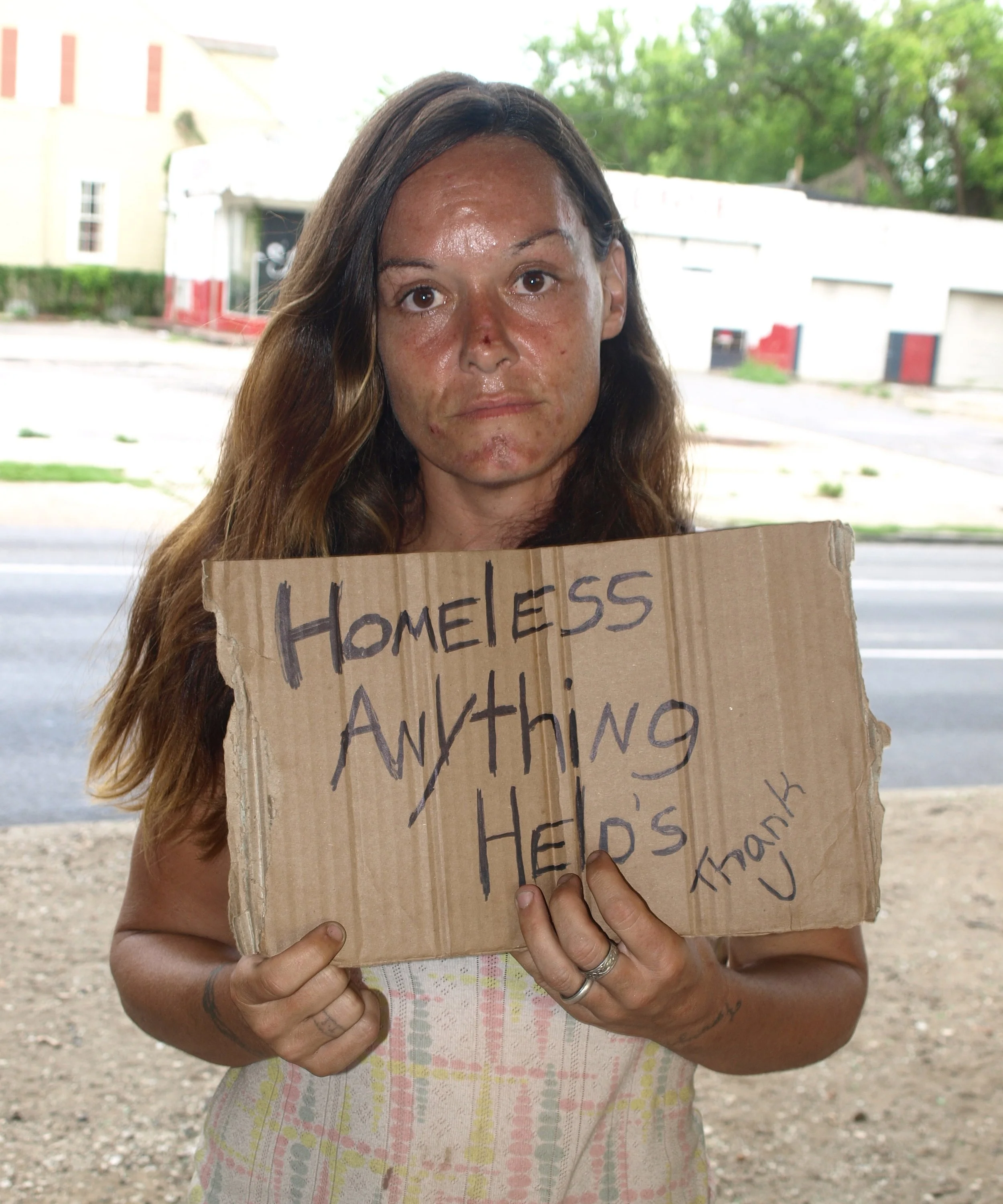



SPARE CHANGE
It took me a while to become aware of enormity of the homeless situation in L.A. because in the beginning I ignored it like everyone else. If I was in a good mood I would talk to them briefly in passing, give them a couple of dollars or my leftovers. Nothing more, just enough too survive another day. Then after you experience the magnitude of the neglect block after block and day after day it begins to take a toll on your soul. We are all connected whether we like it or not. His misery is my misery, his failure, is my failure. What should really scare the hell out of society especially the 99% of us who live check to check is that we are one sickness, one firing, one eviction away from being homeless ourselves.
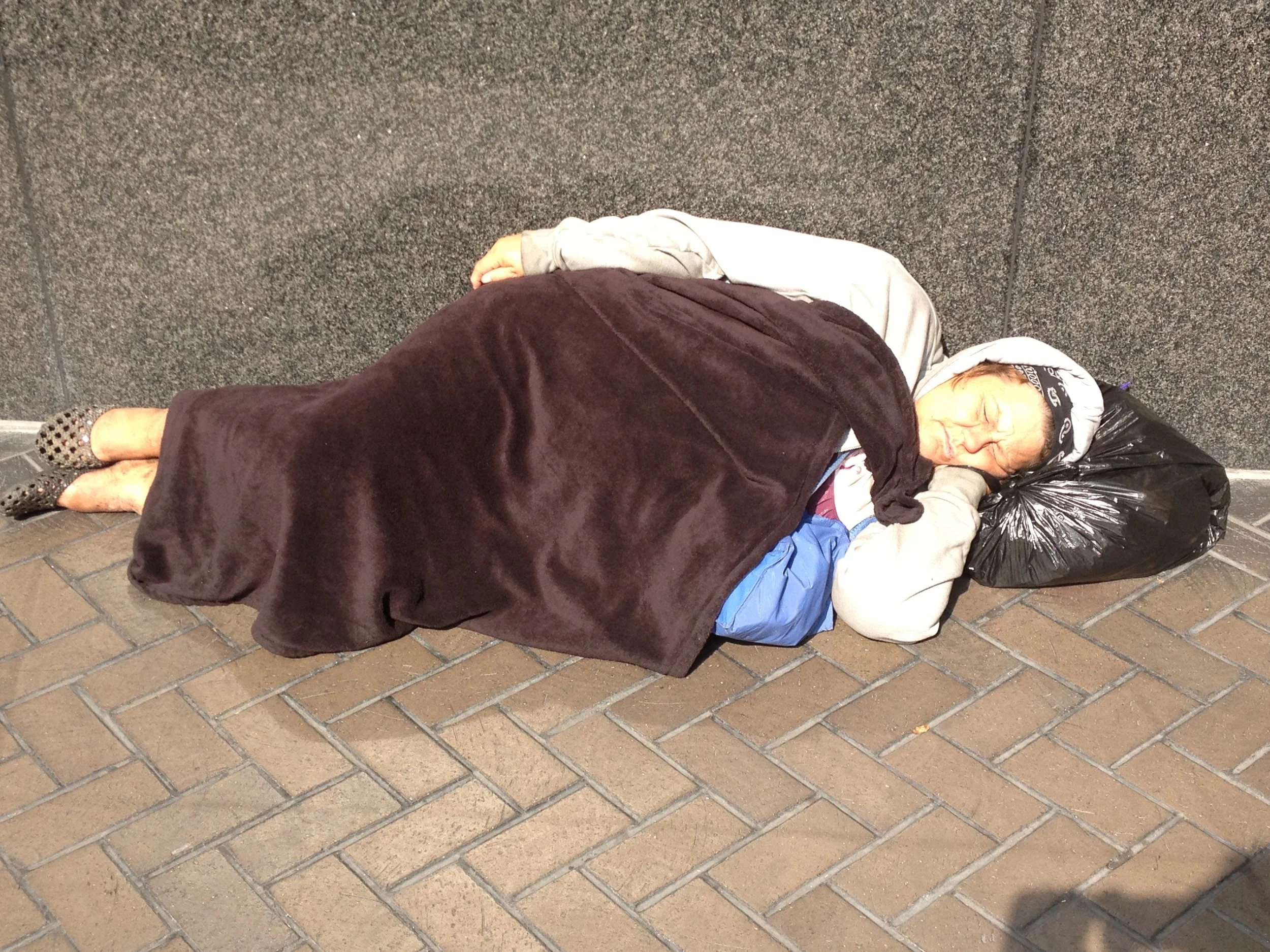
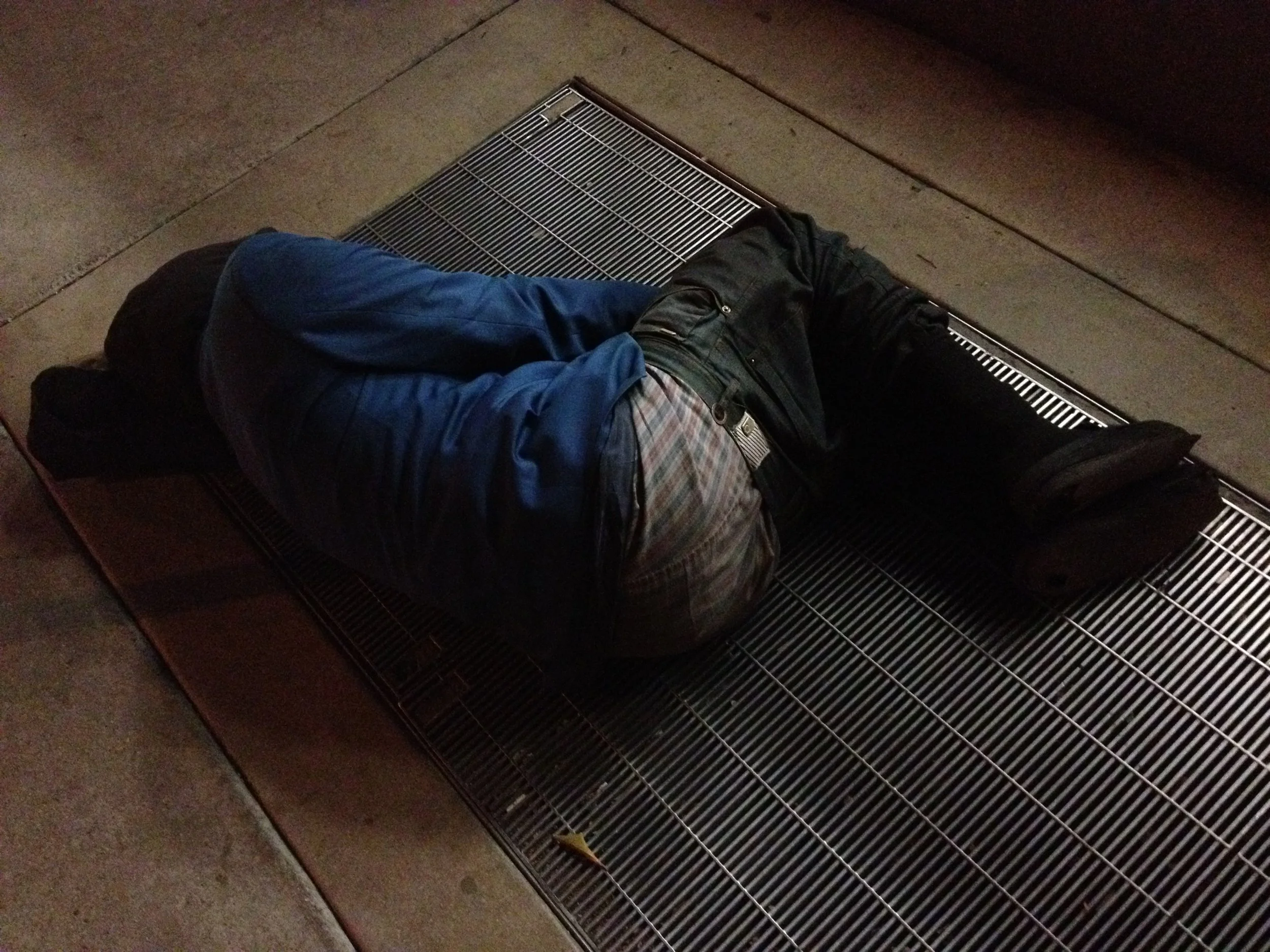
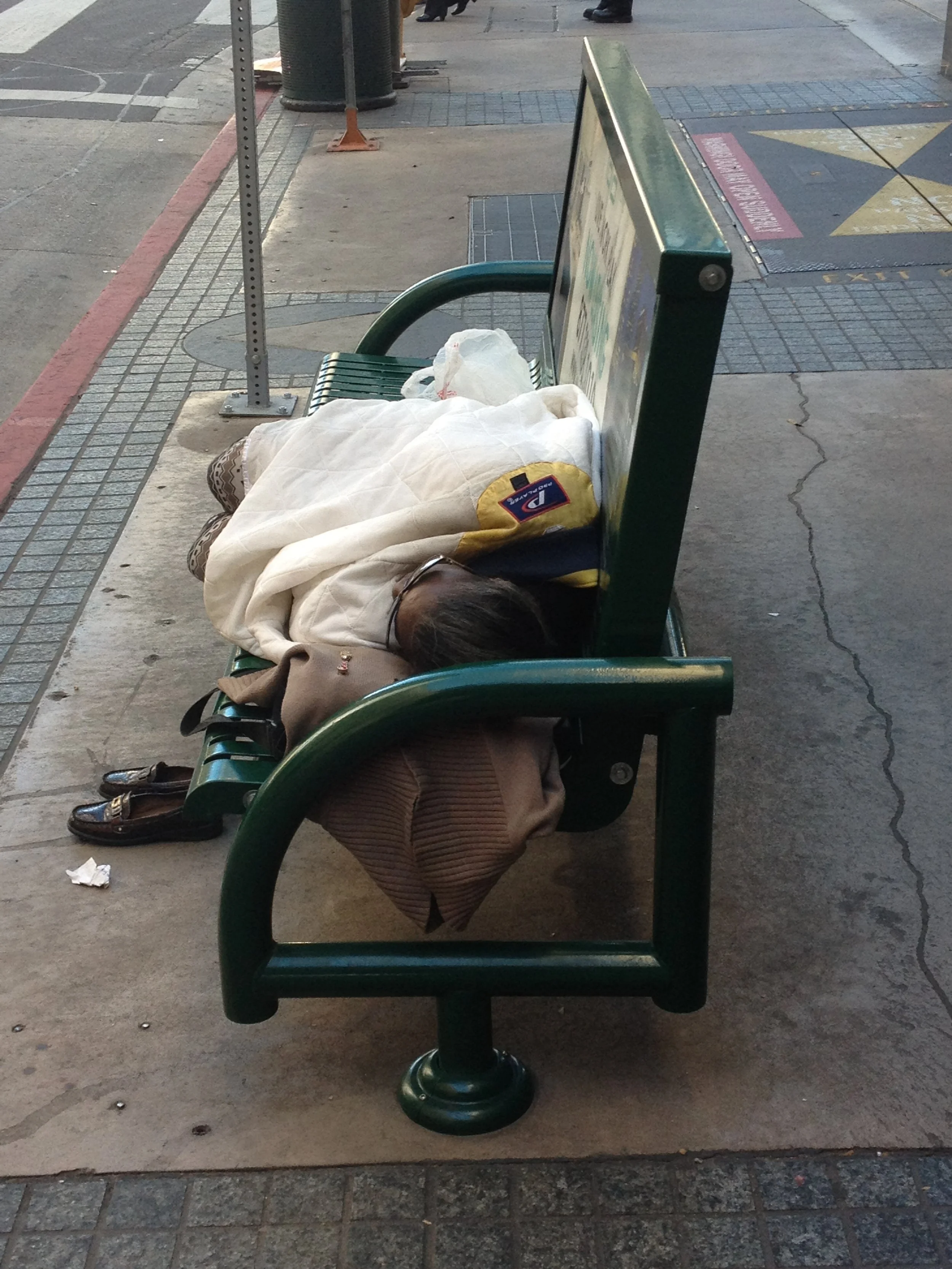
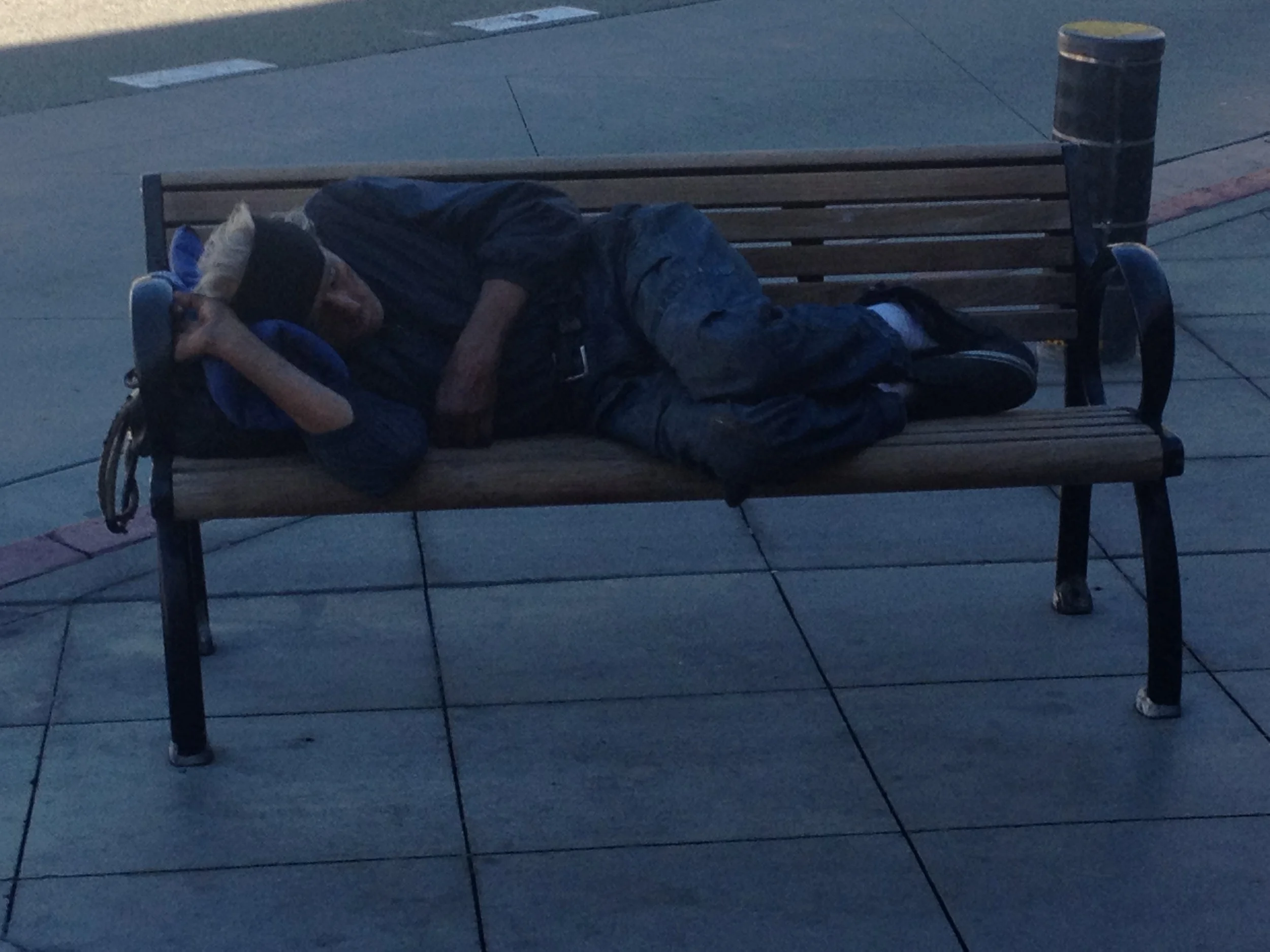
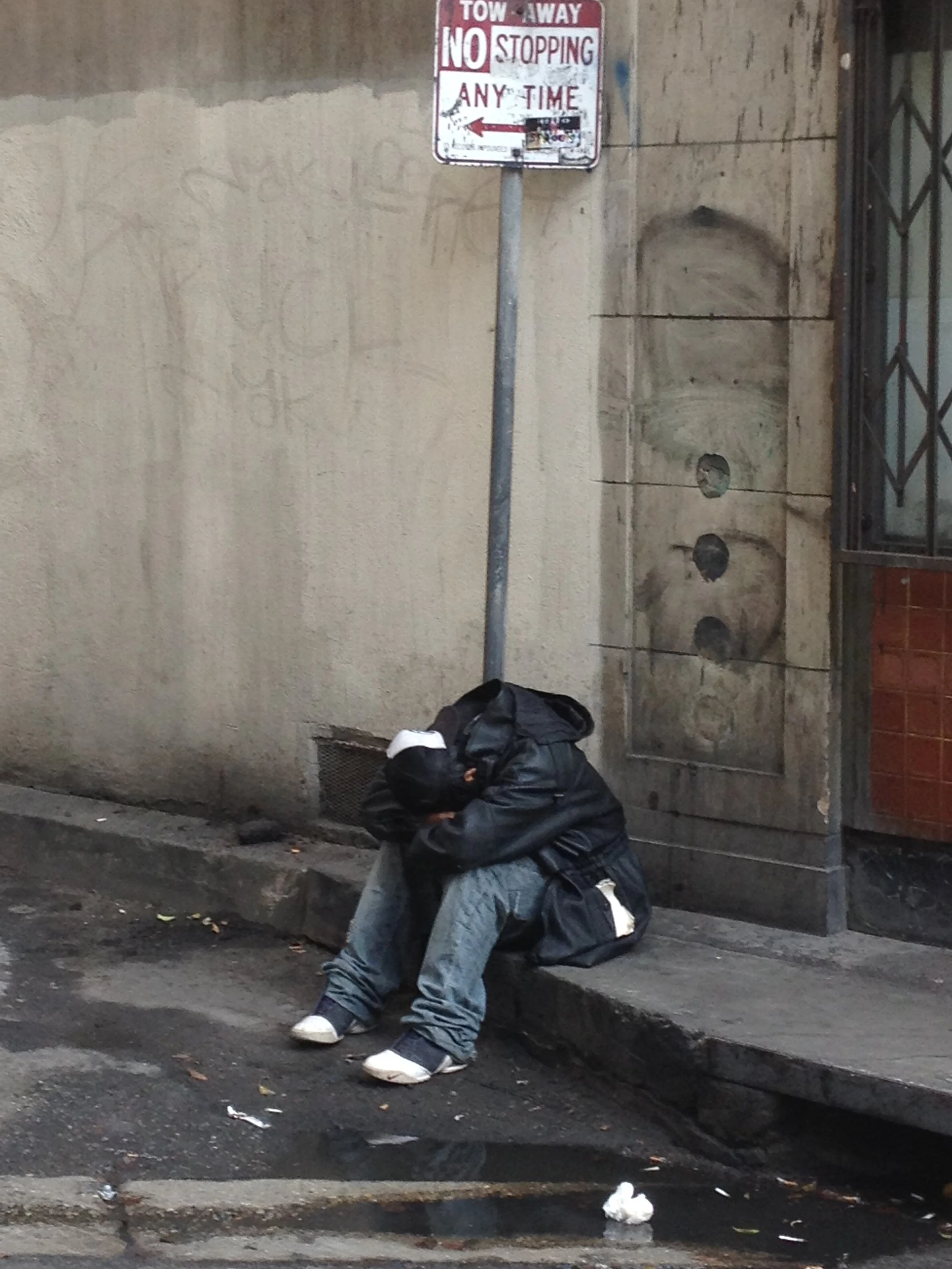
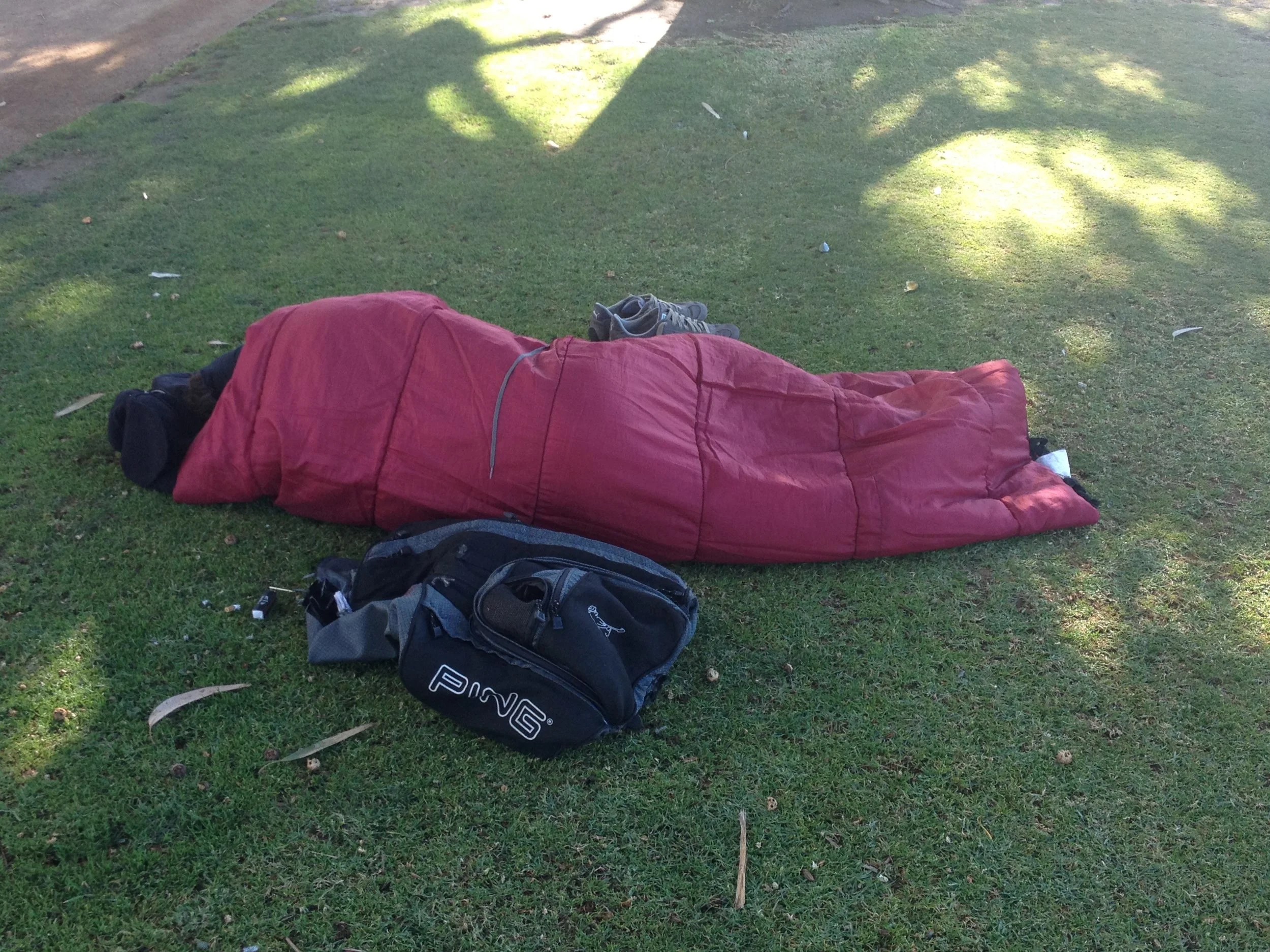



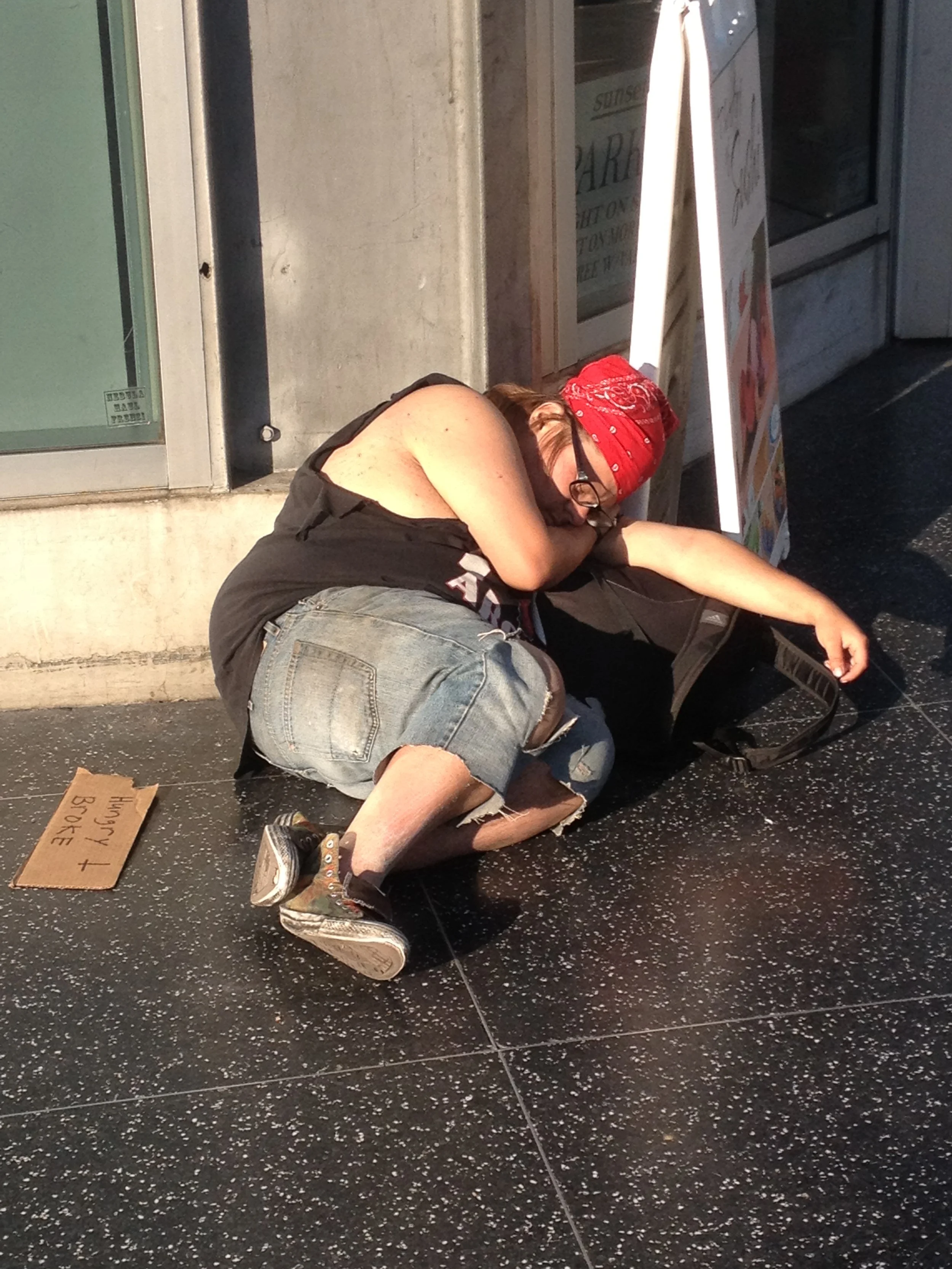
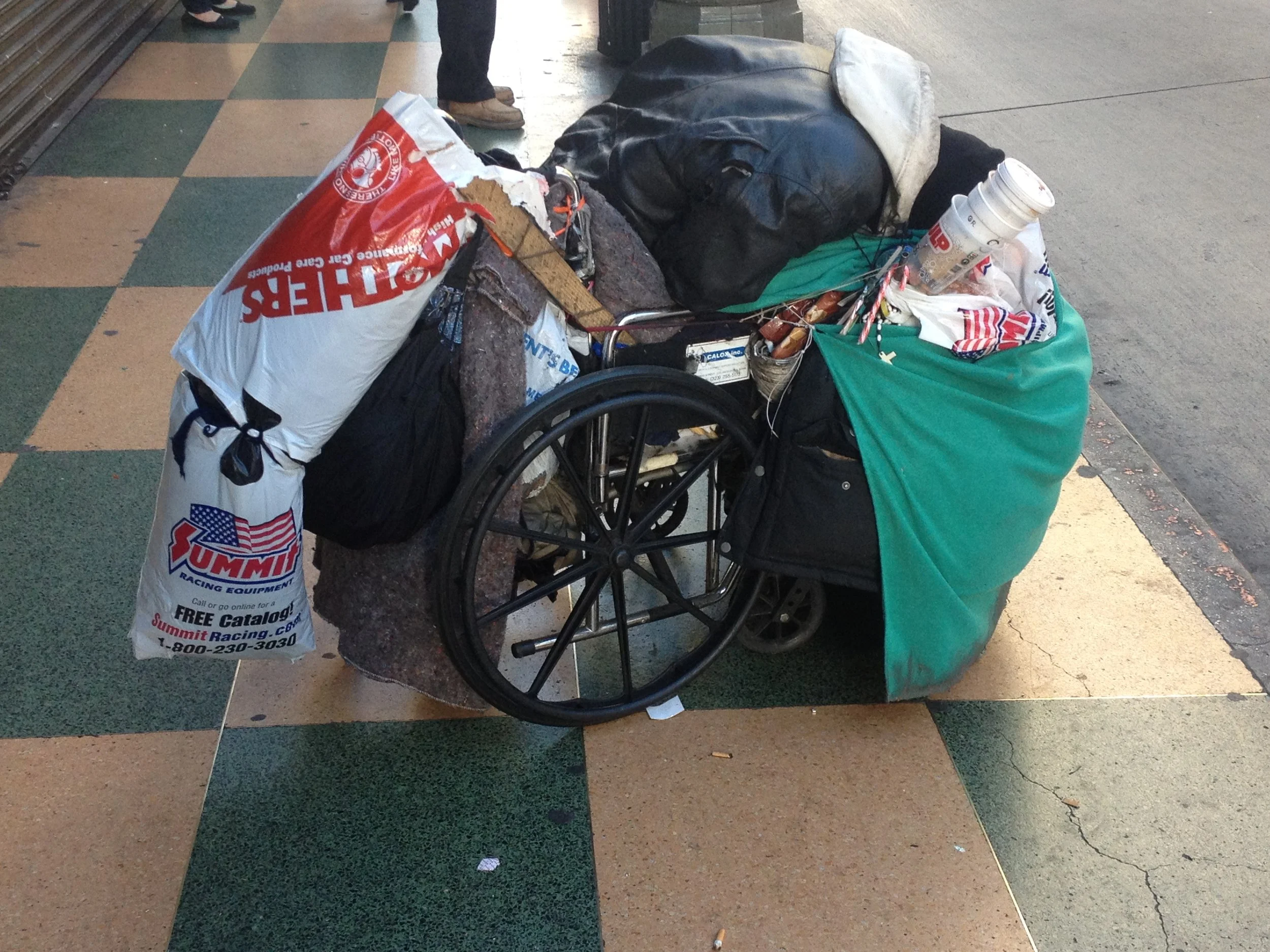
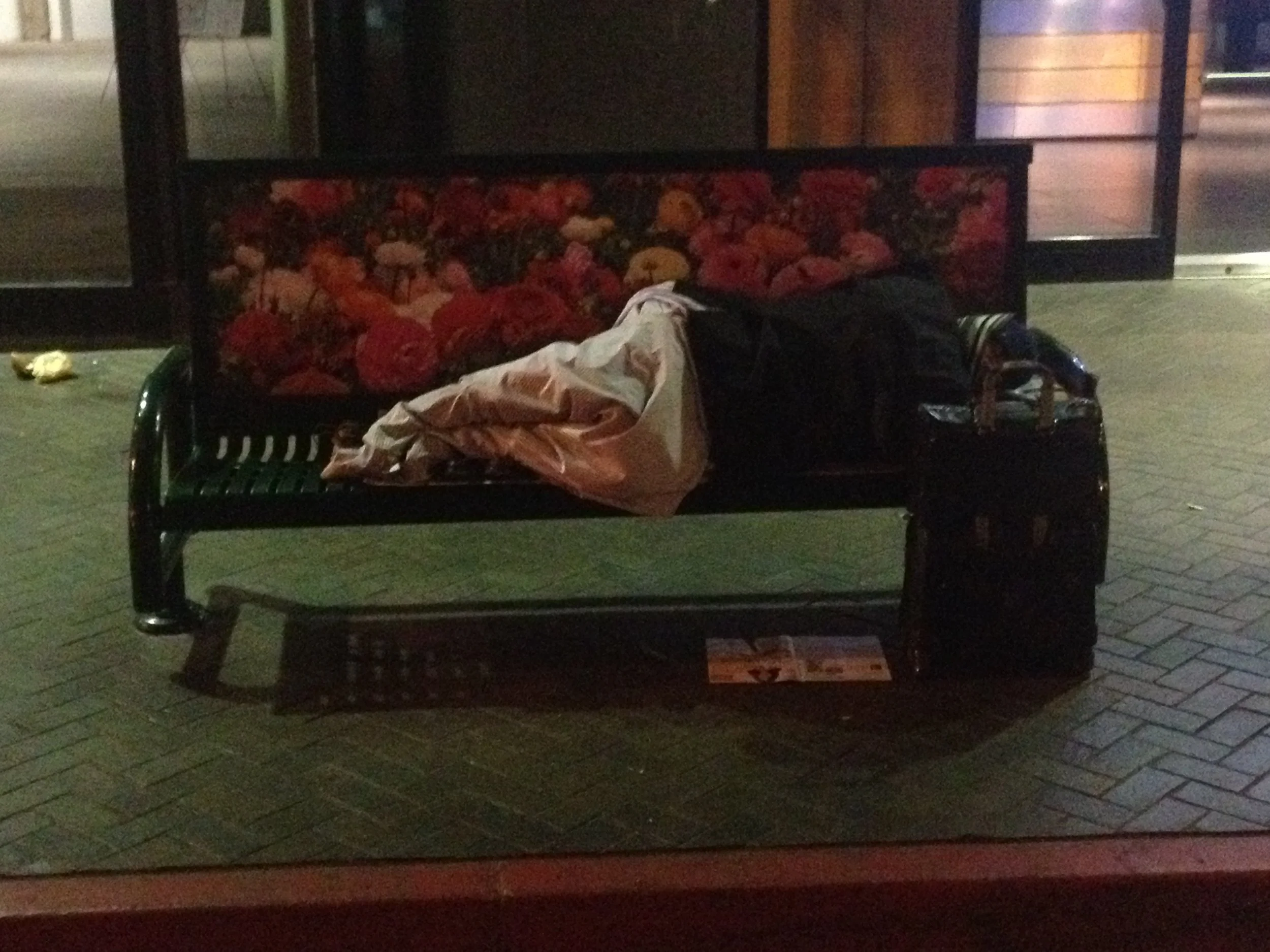
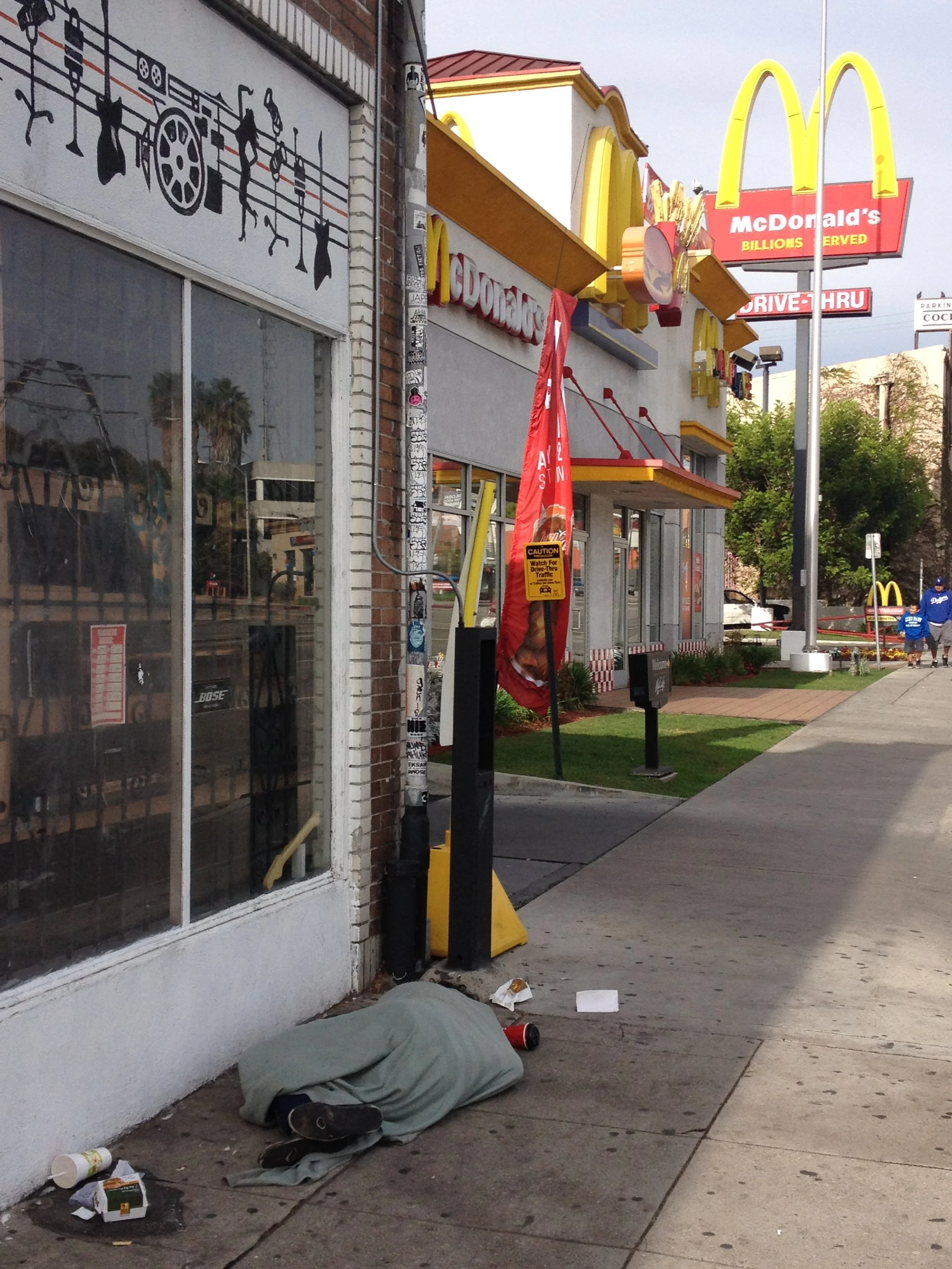

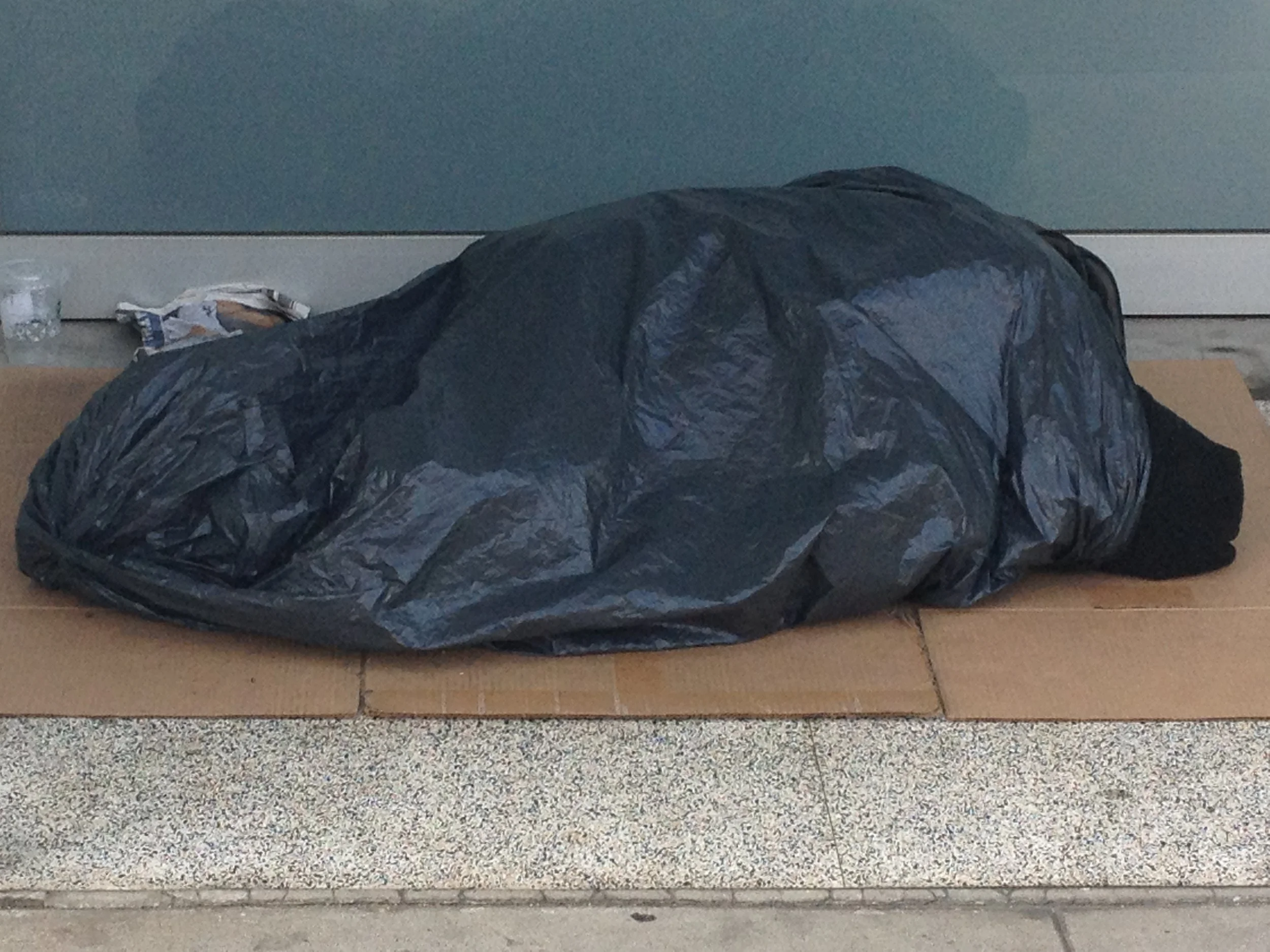
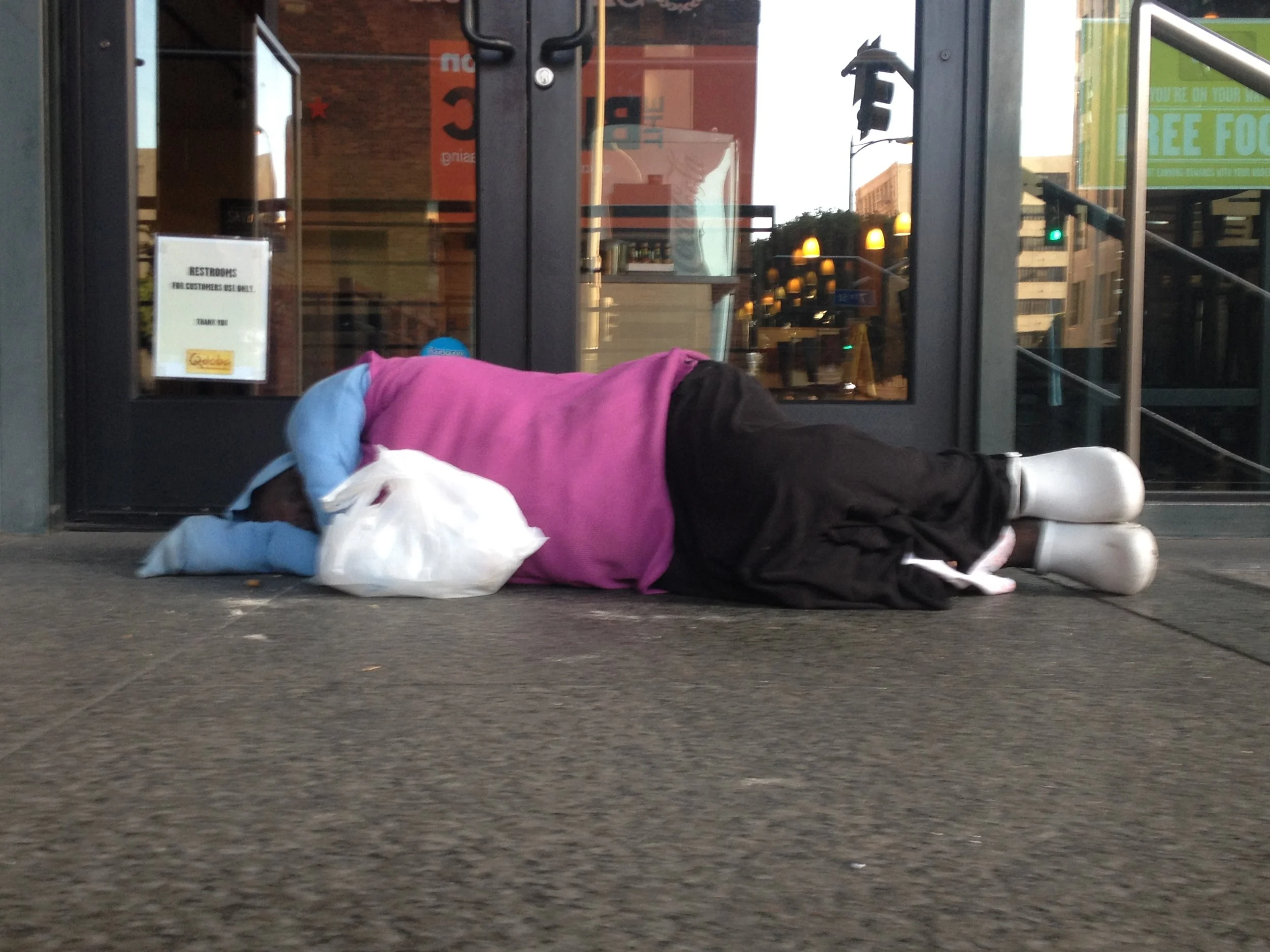
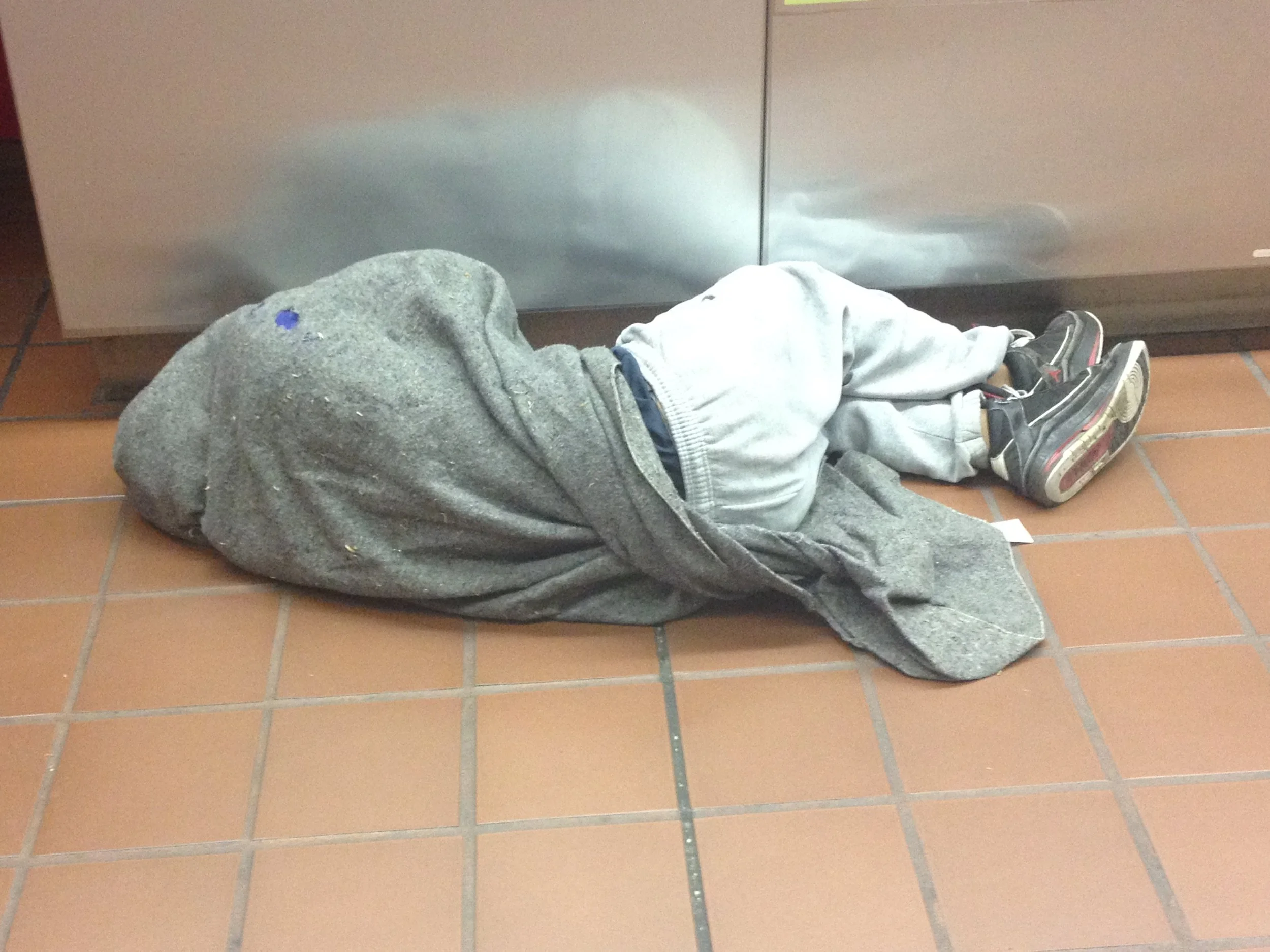
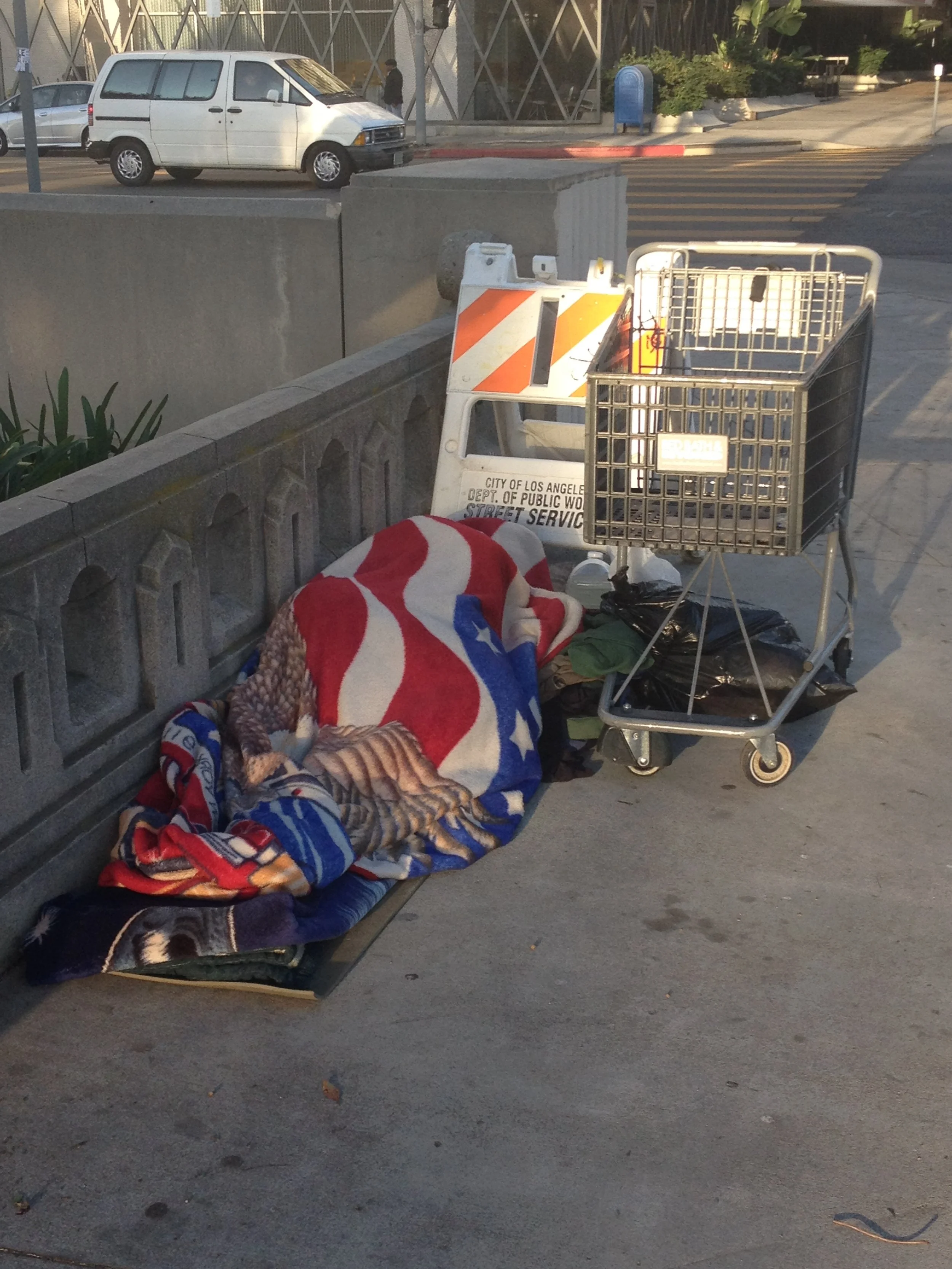
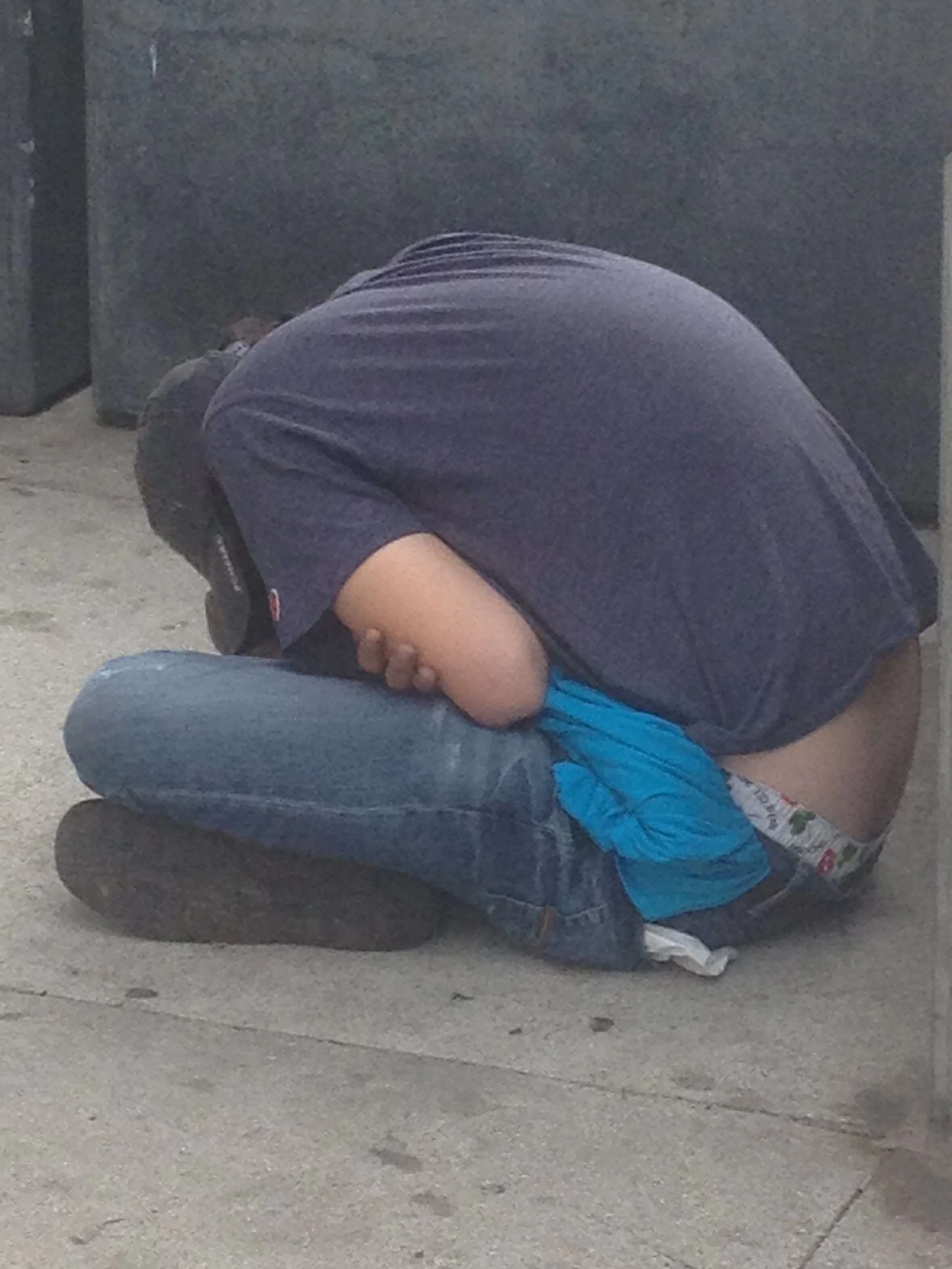
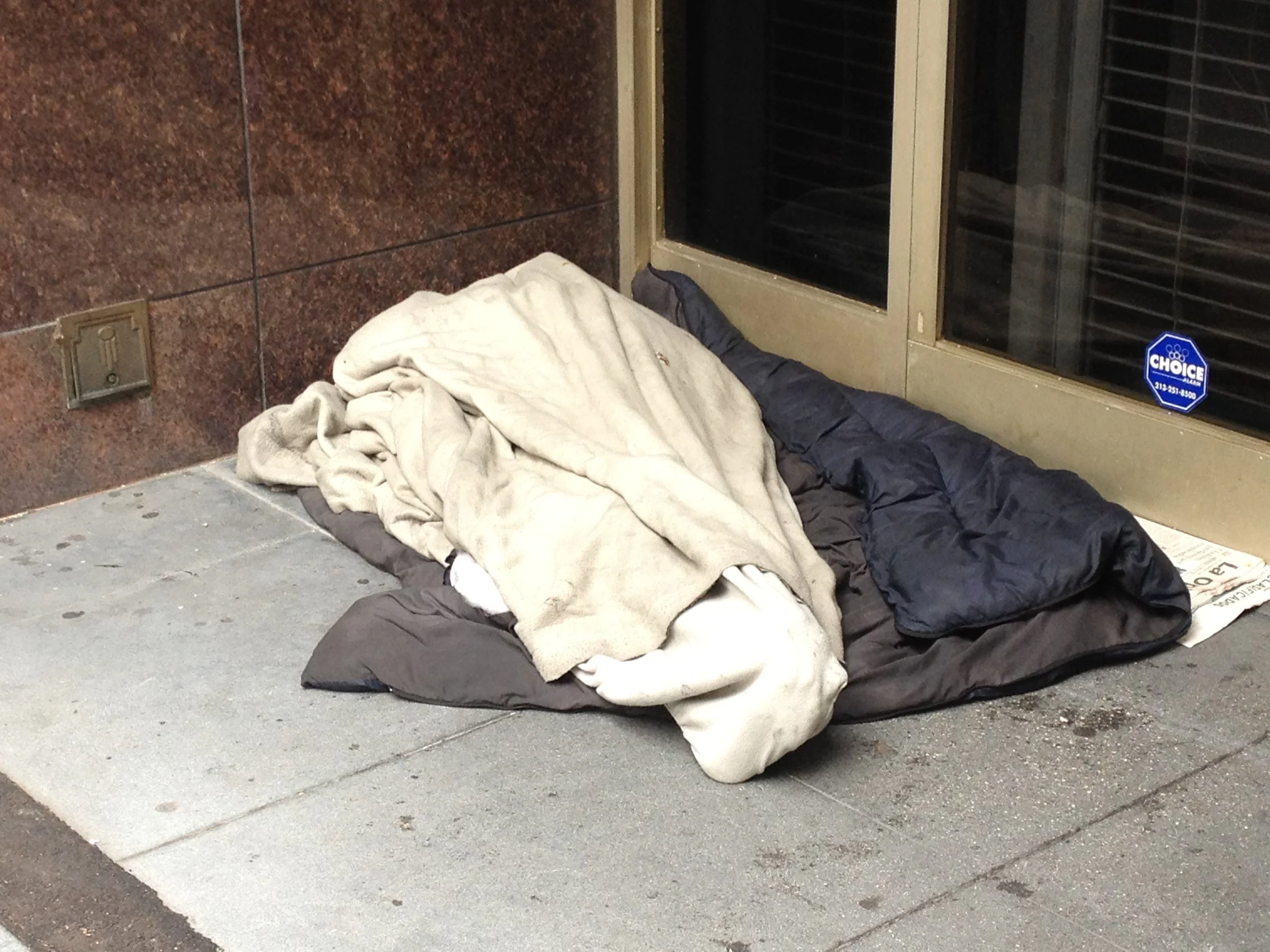

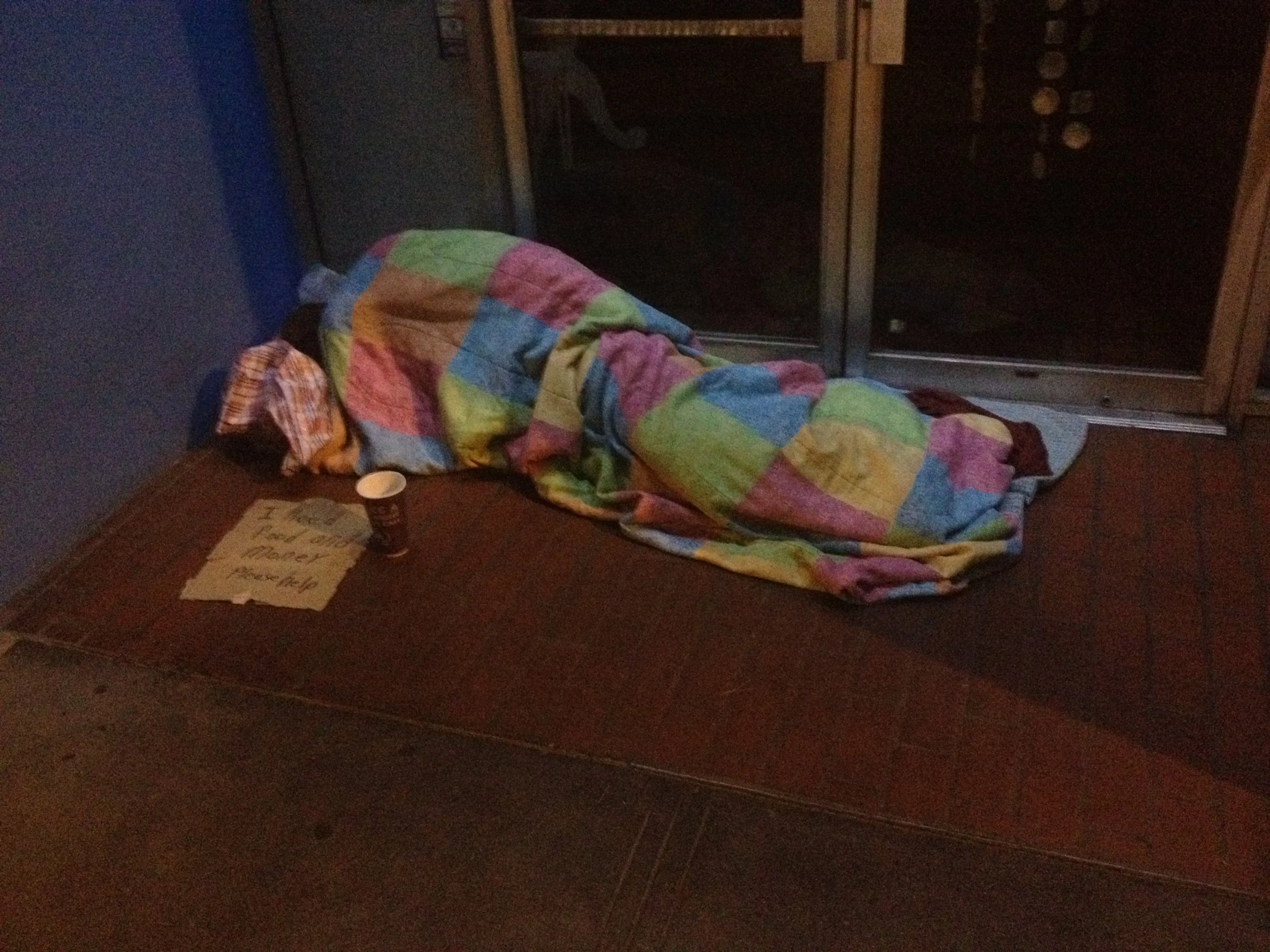
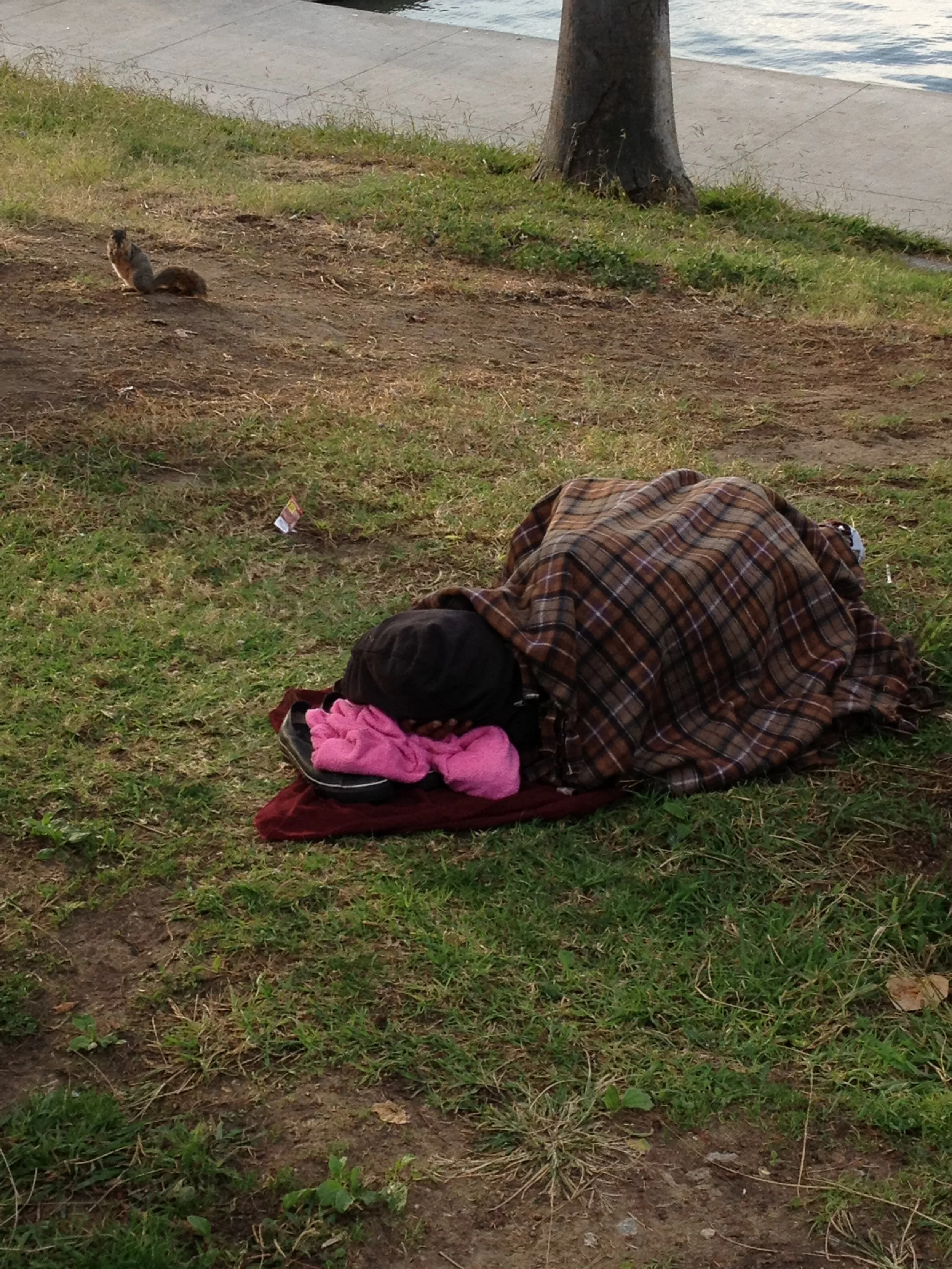

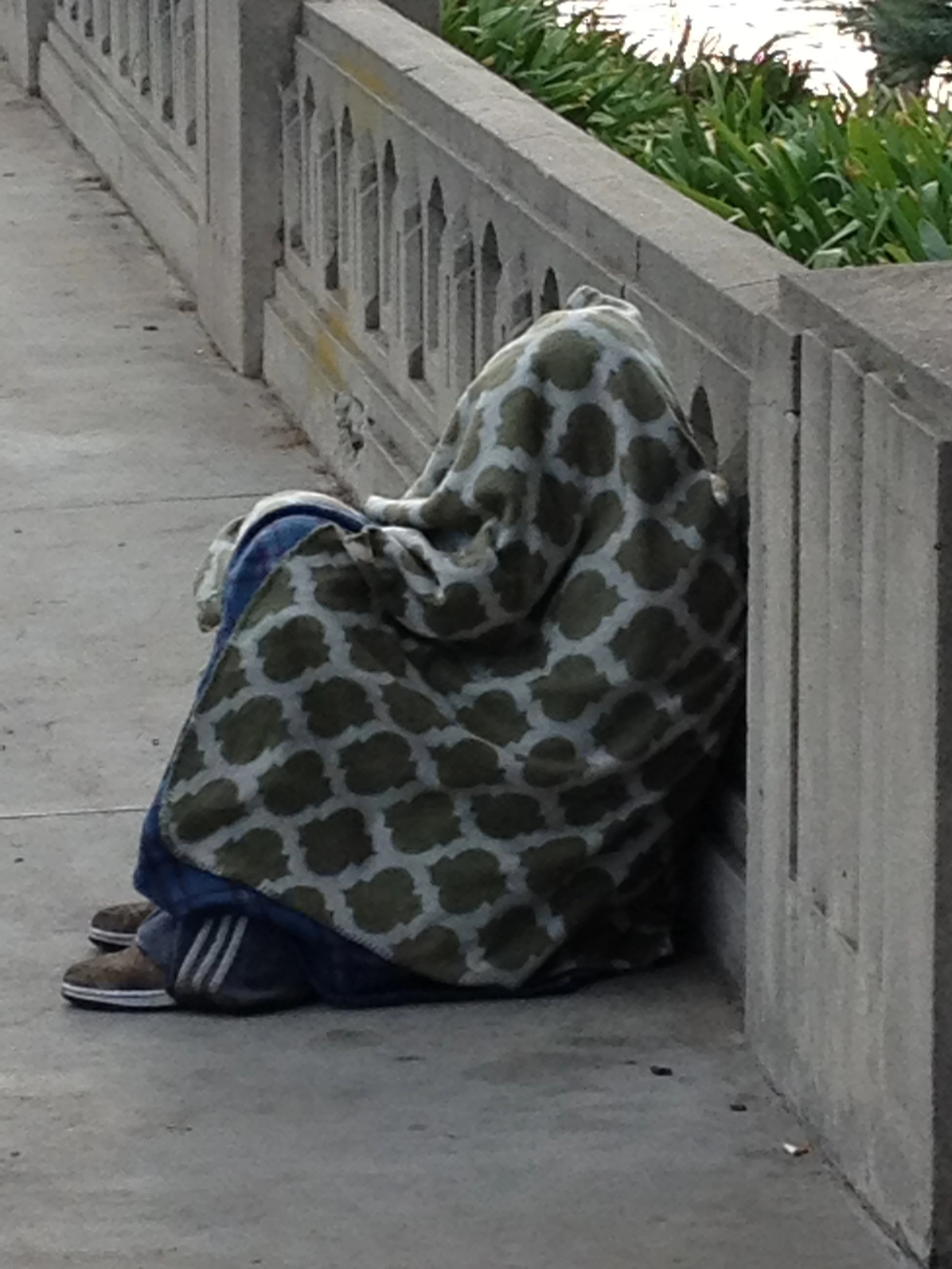
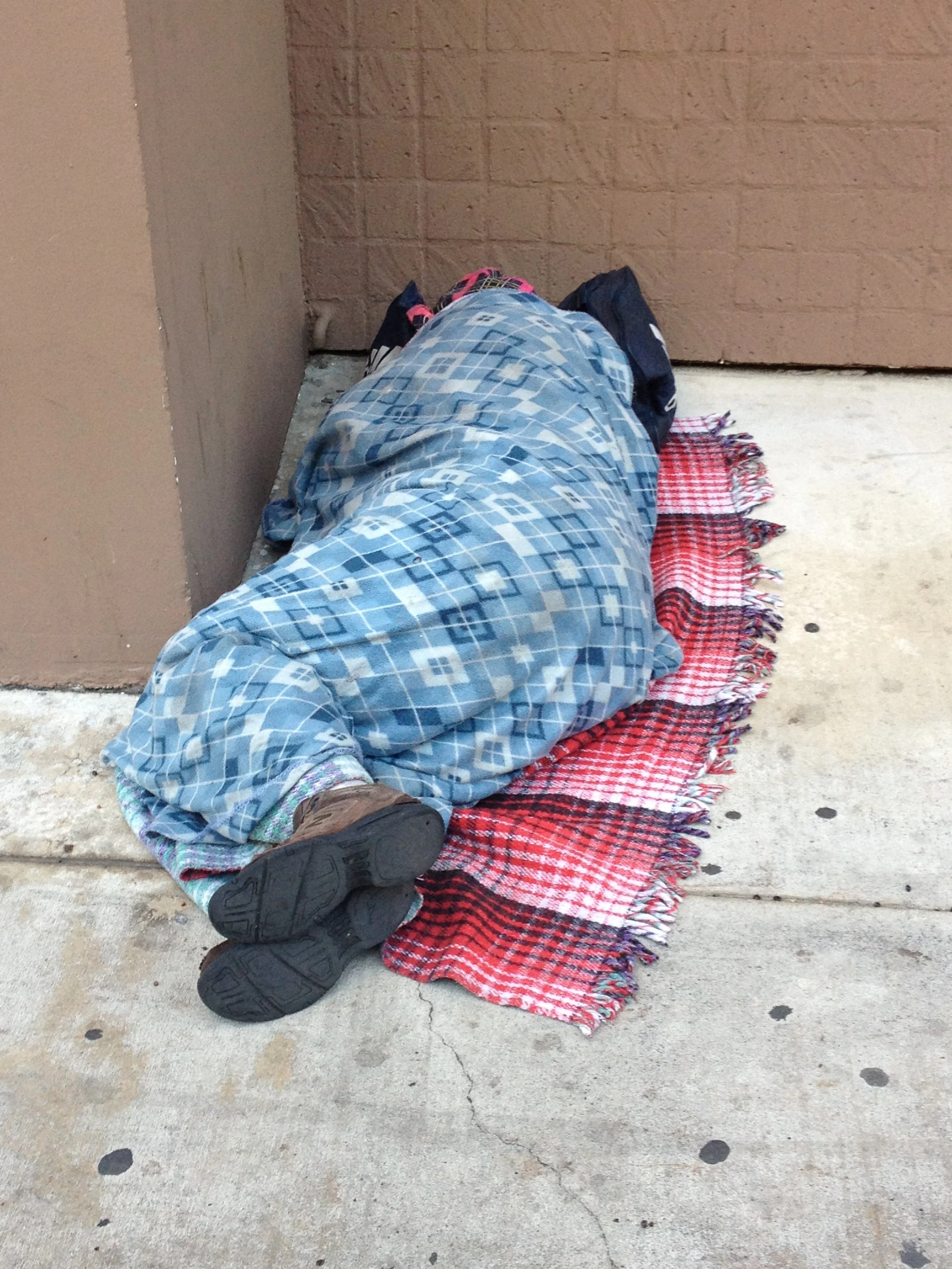
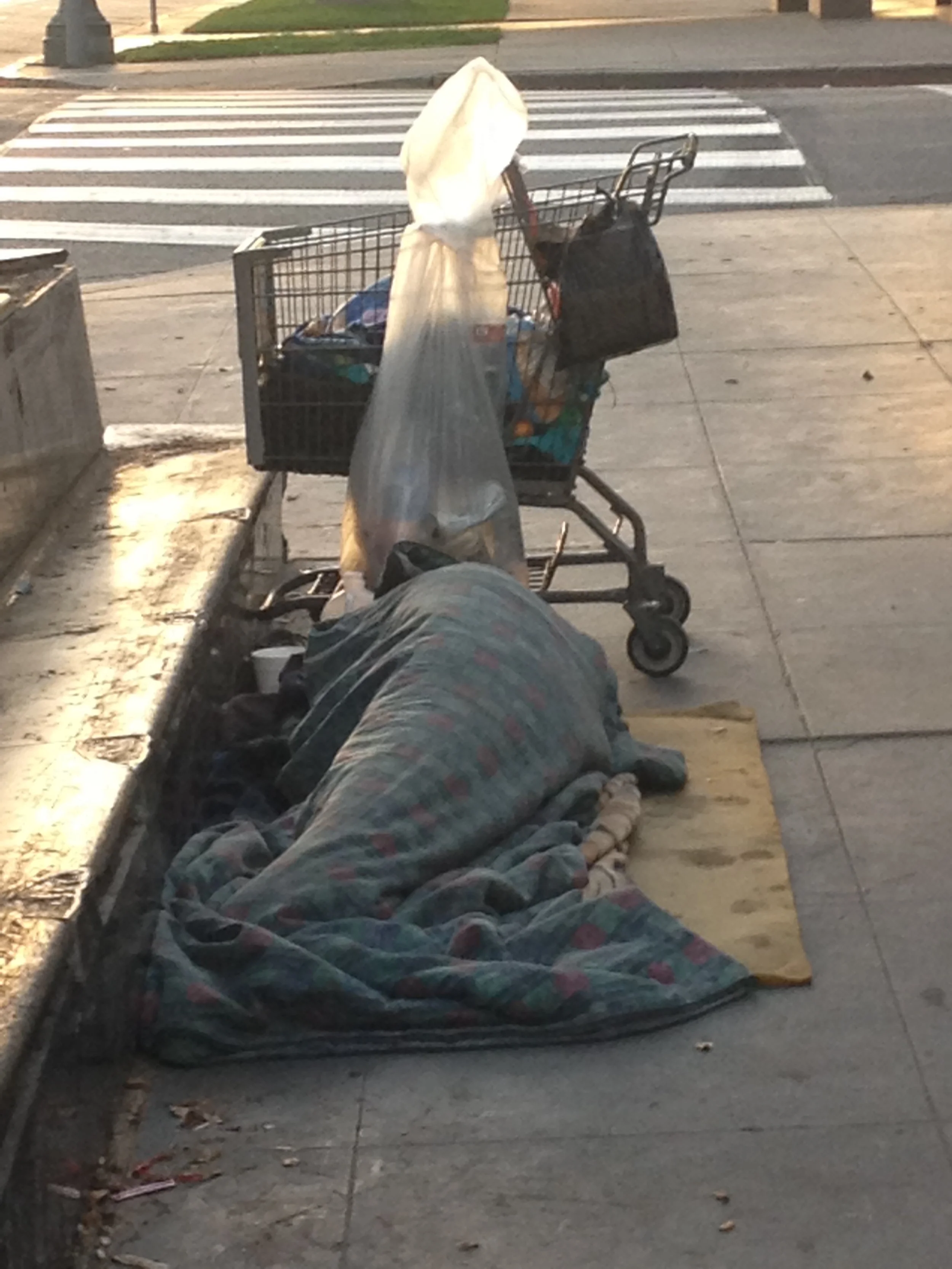
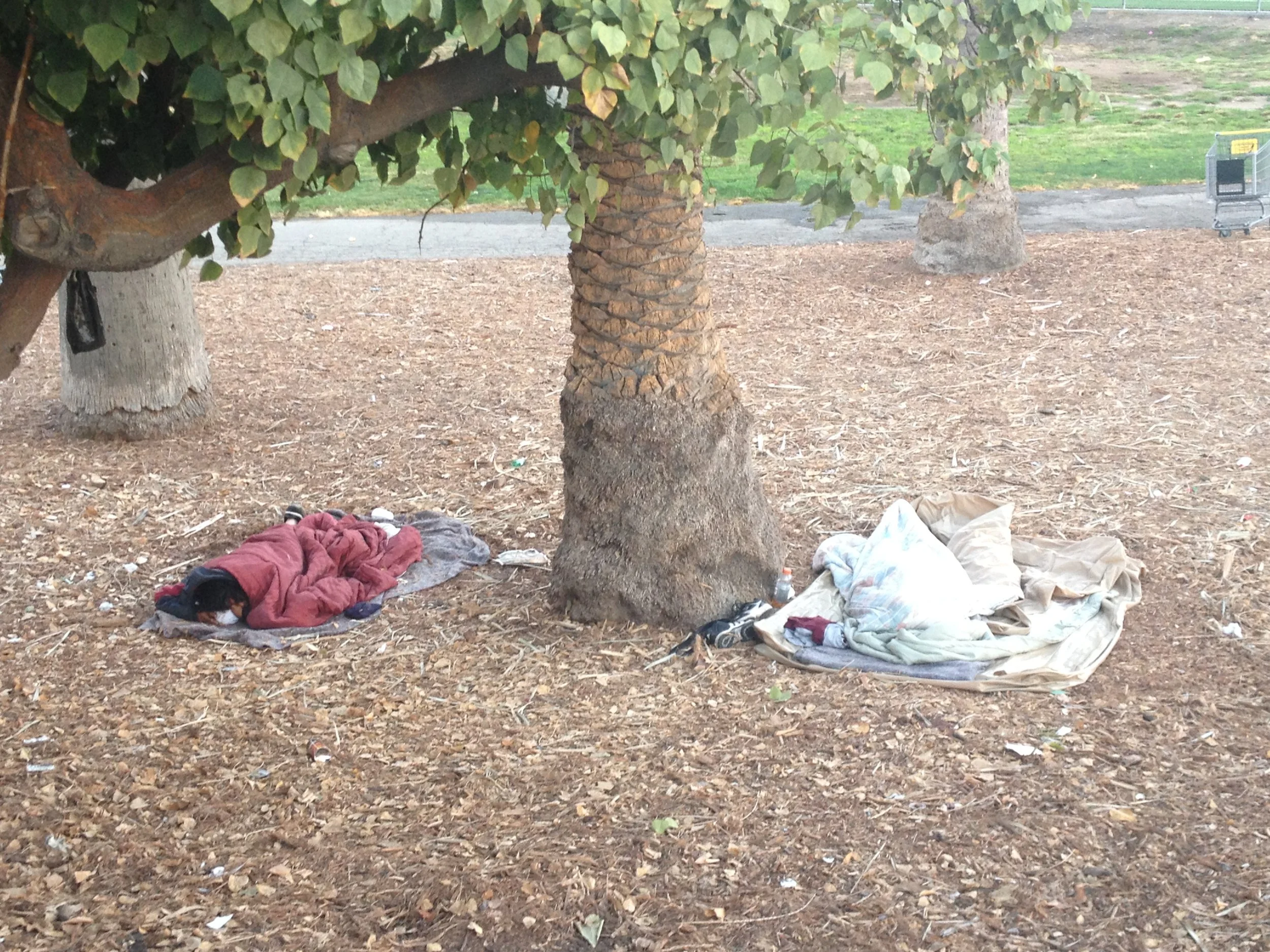

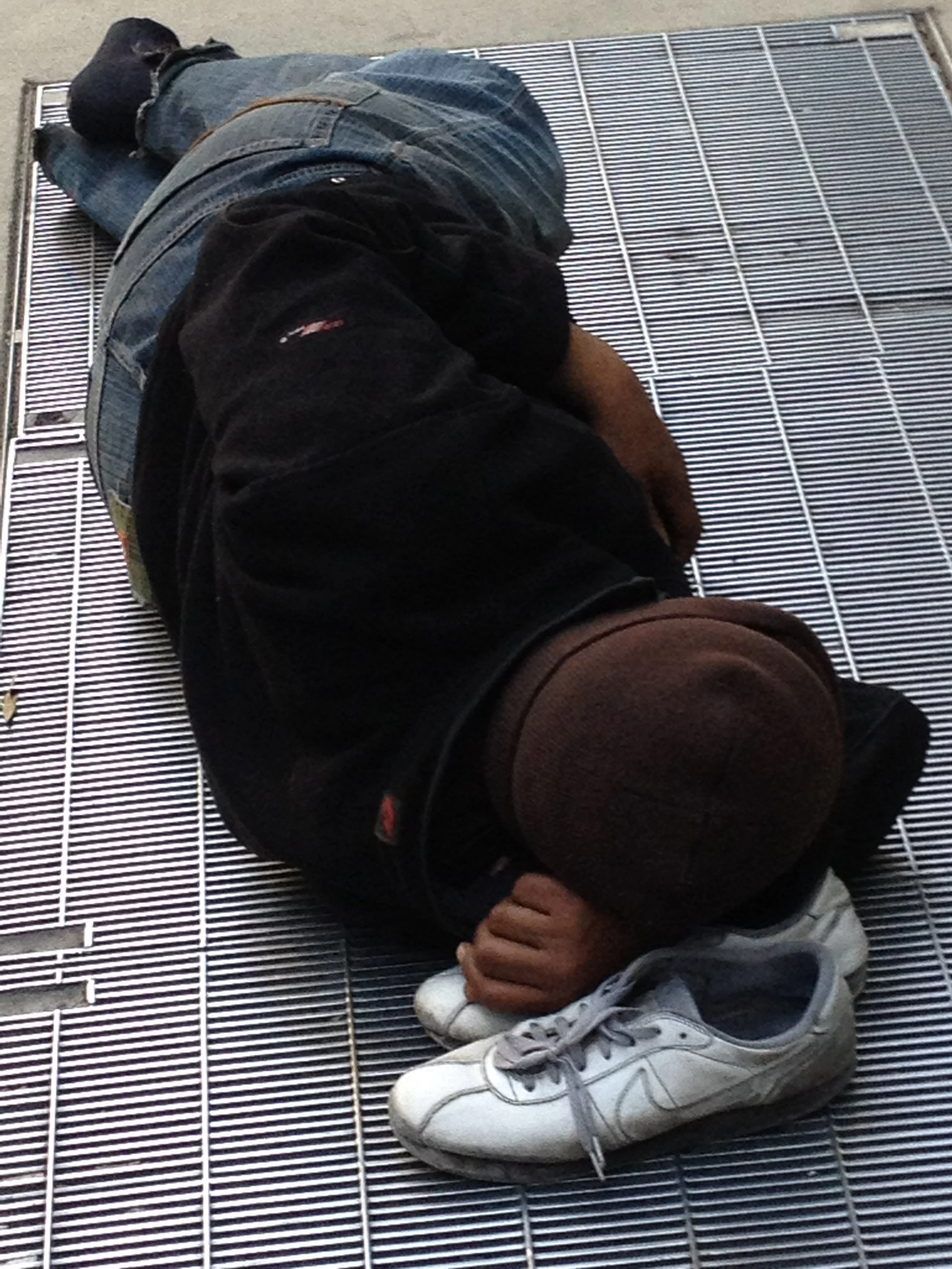
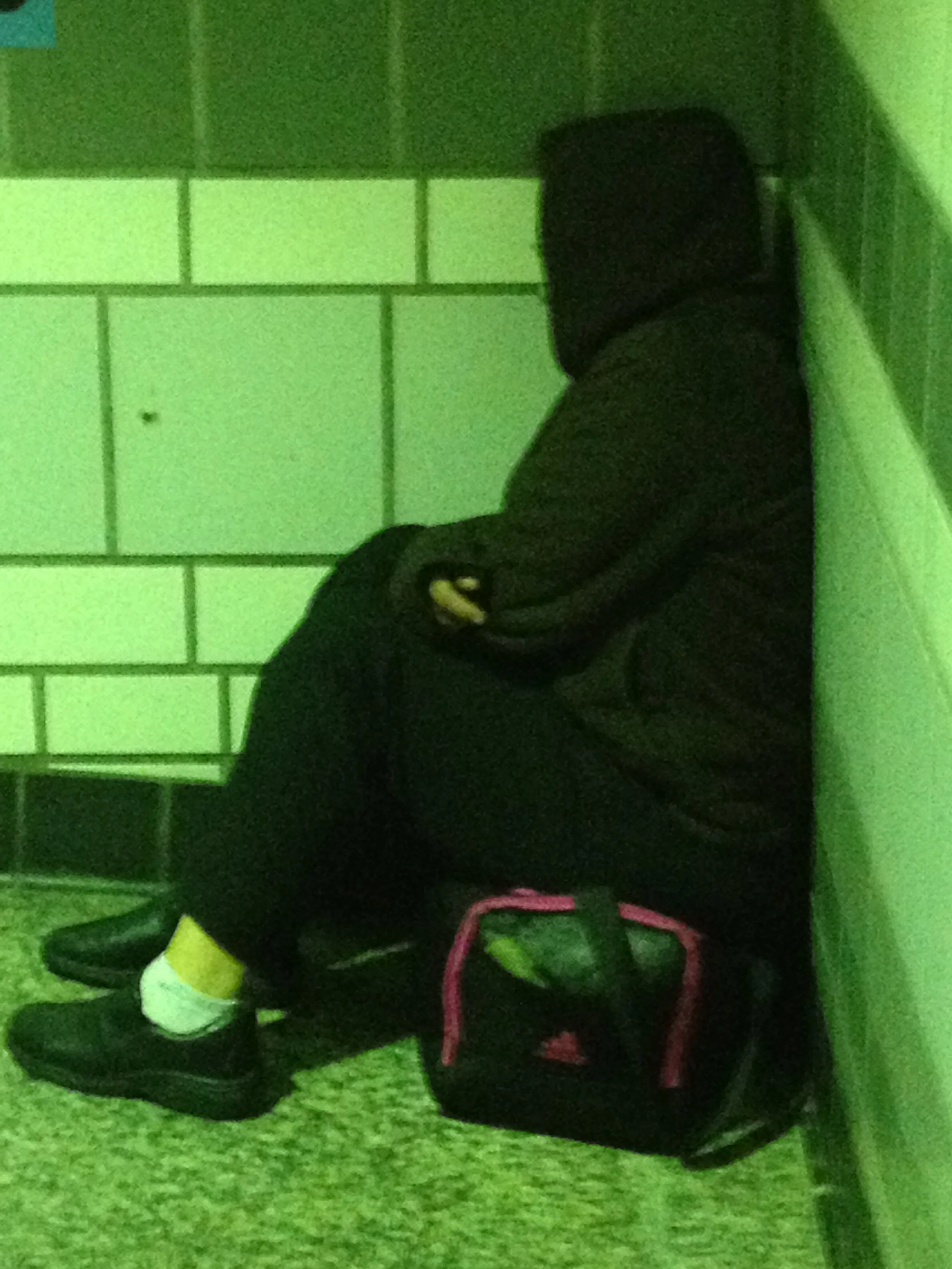
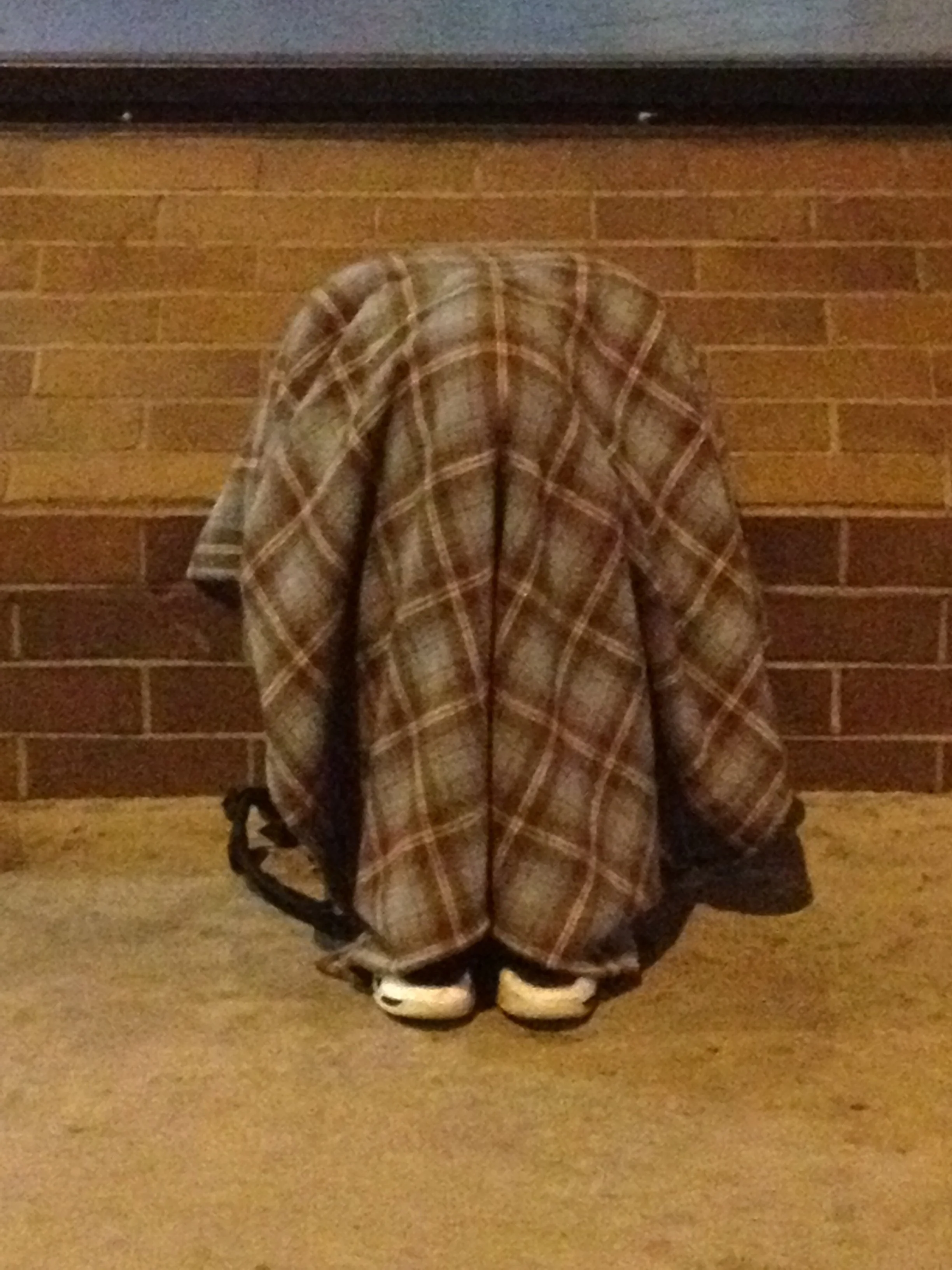
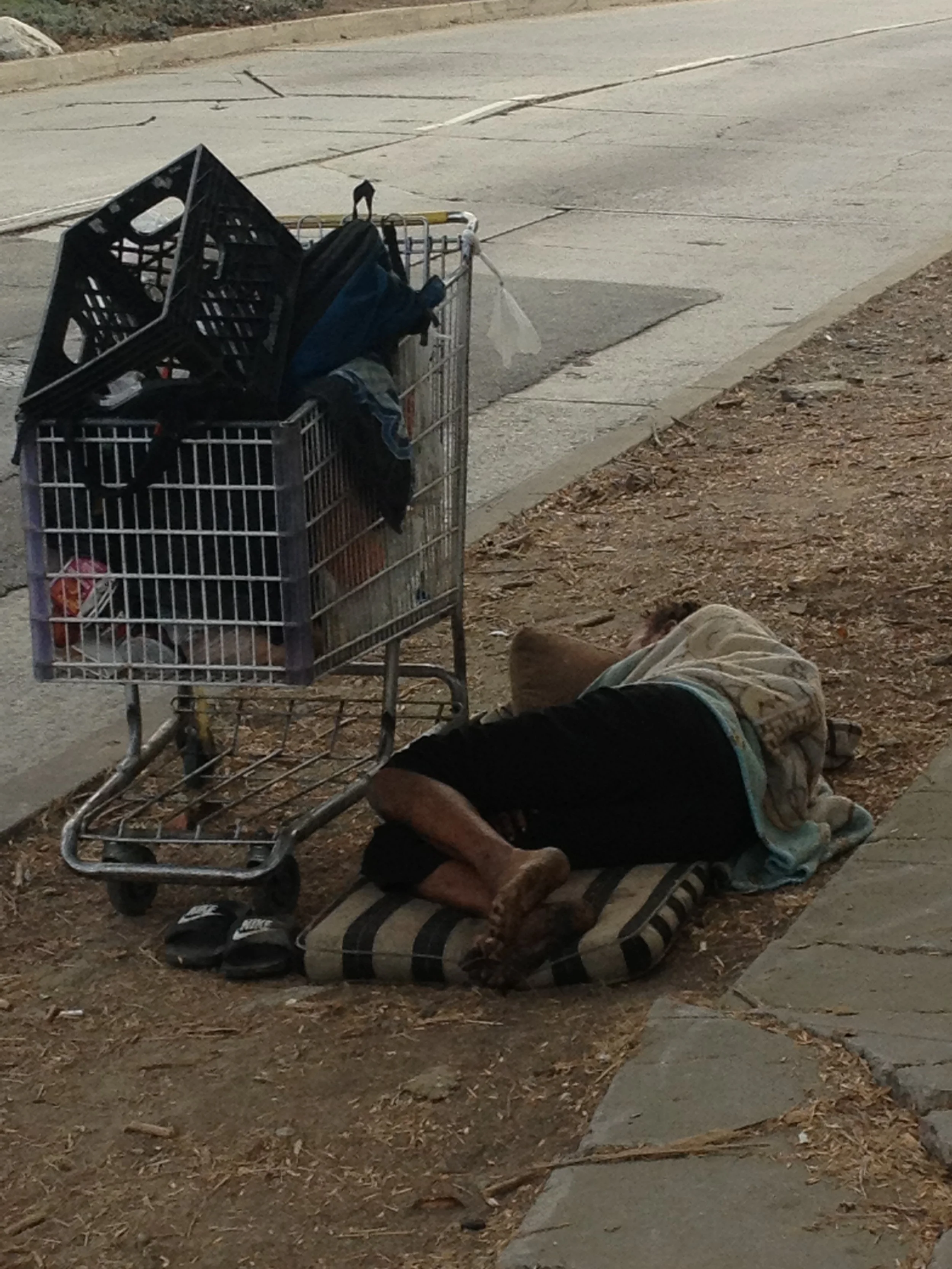
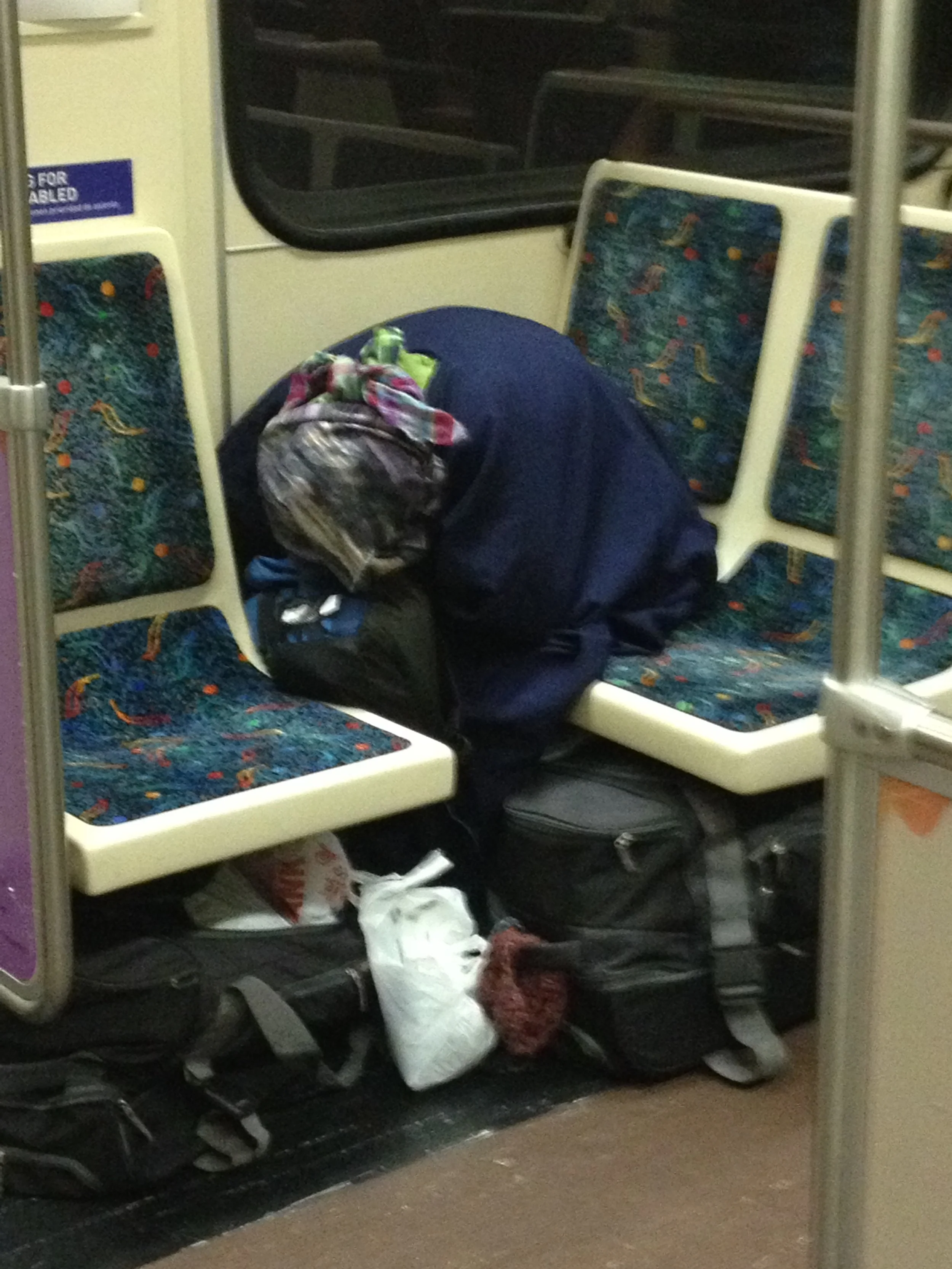
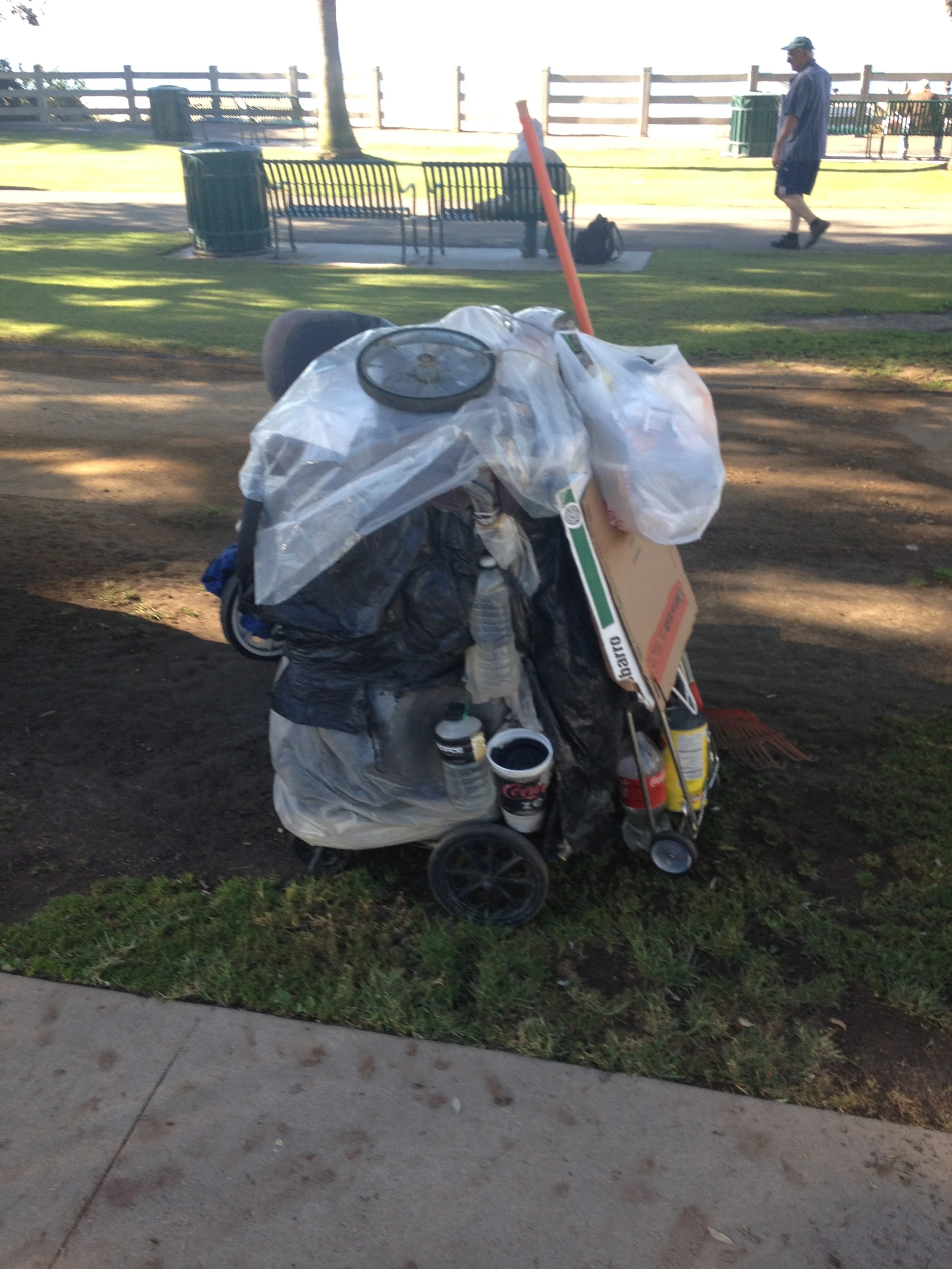
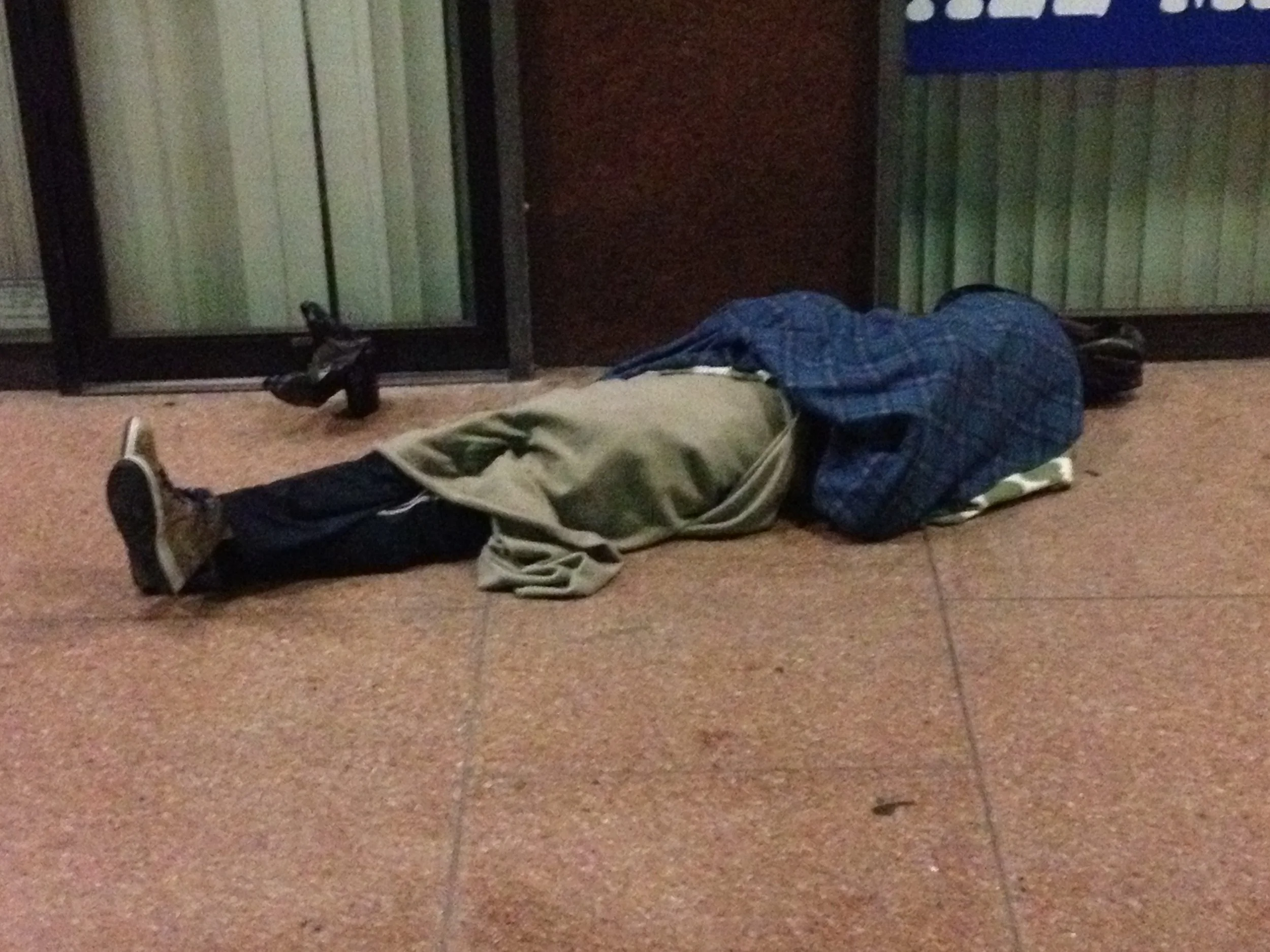
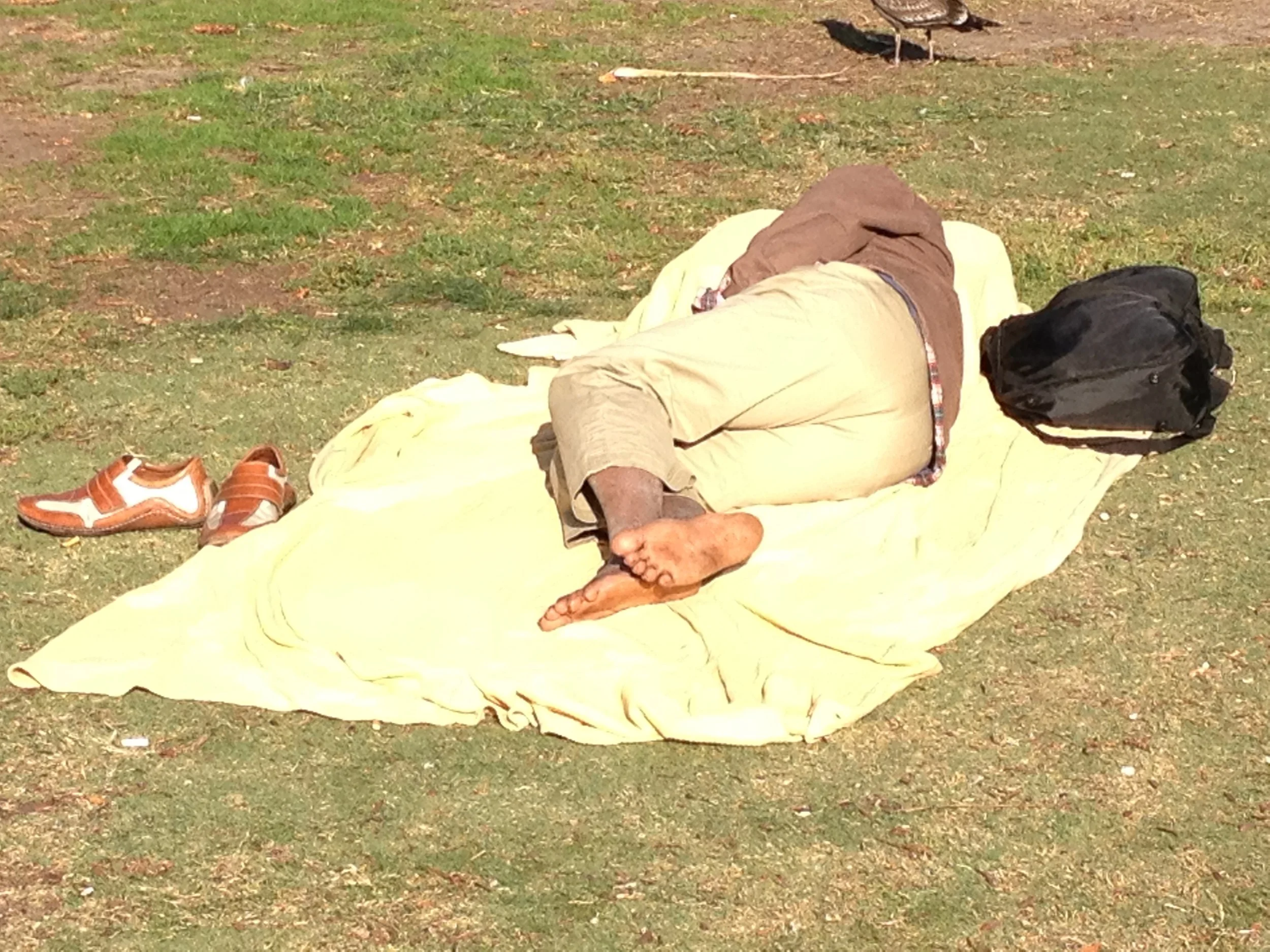
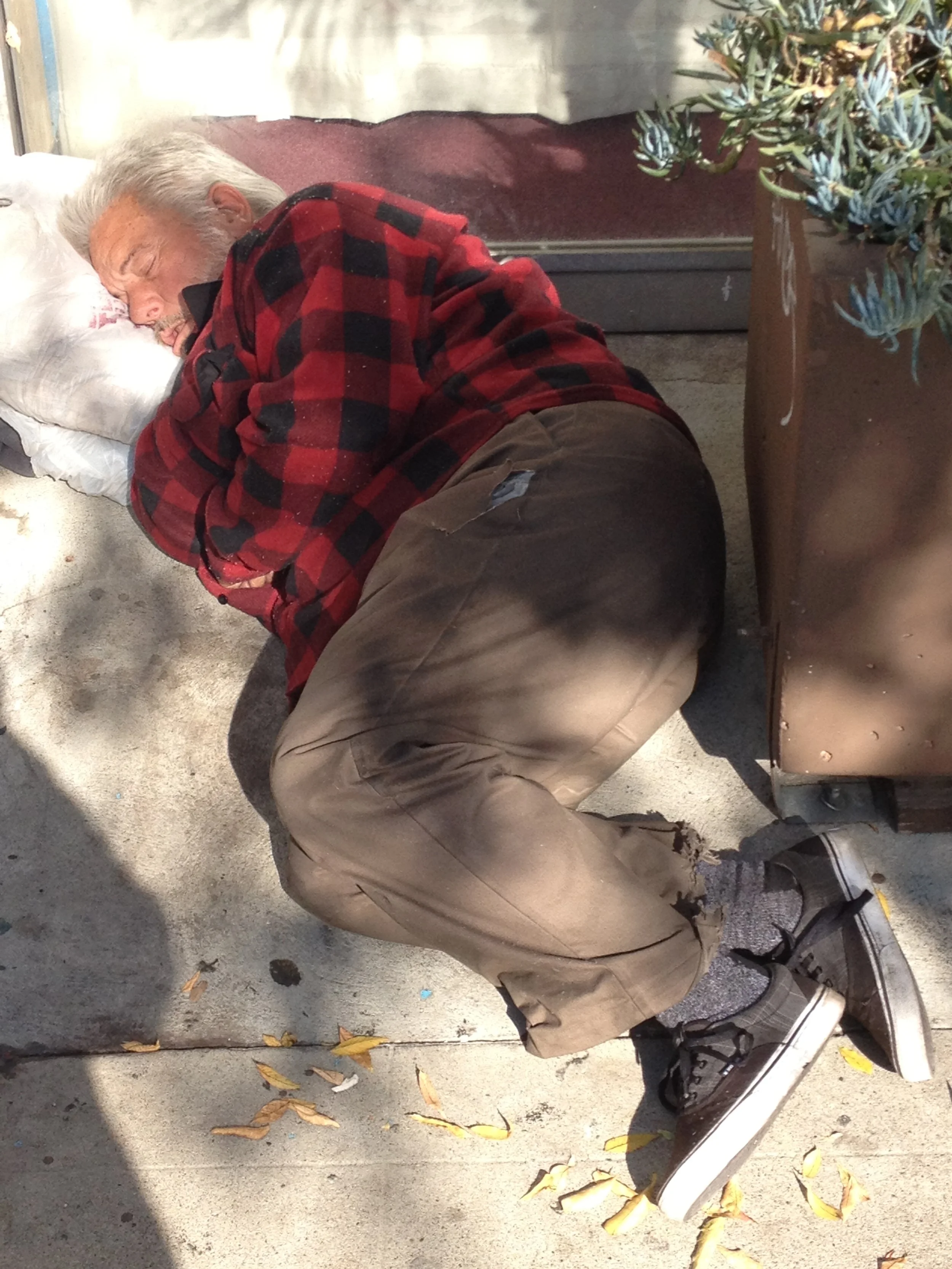
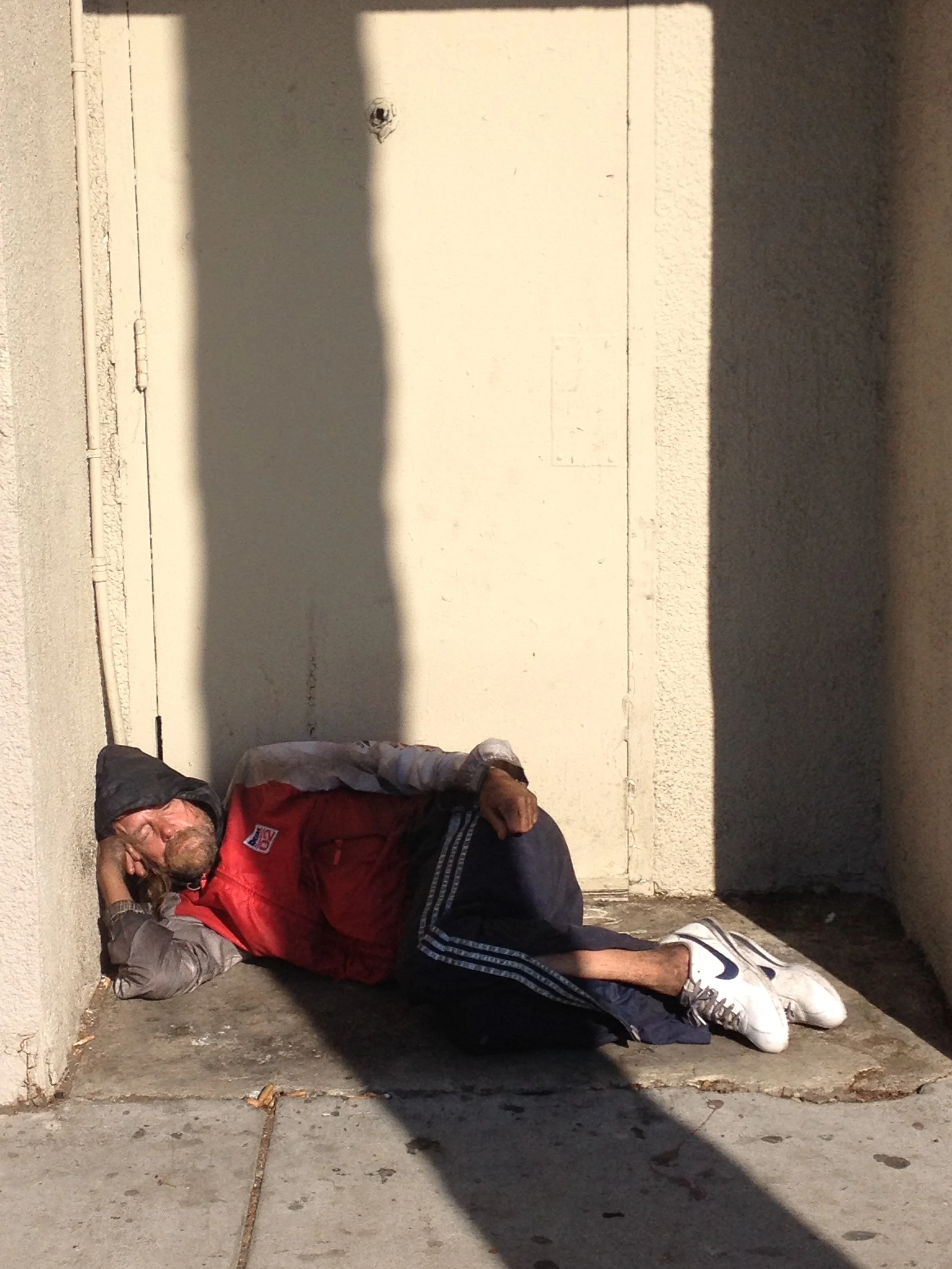

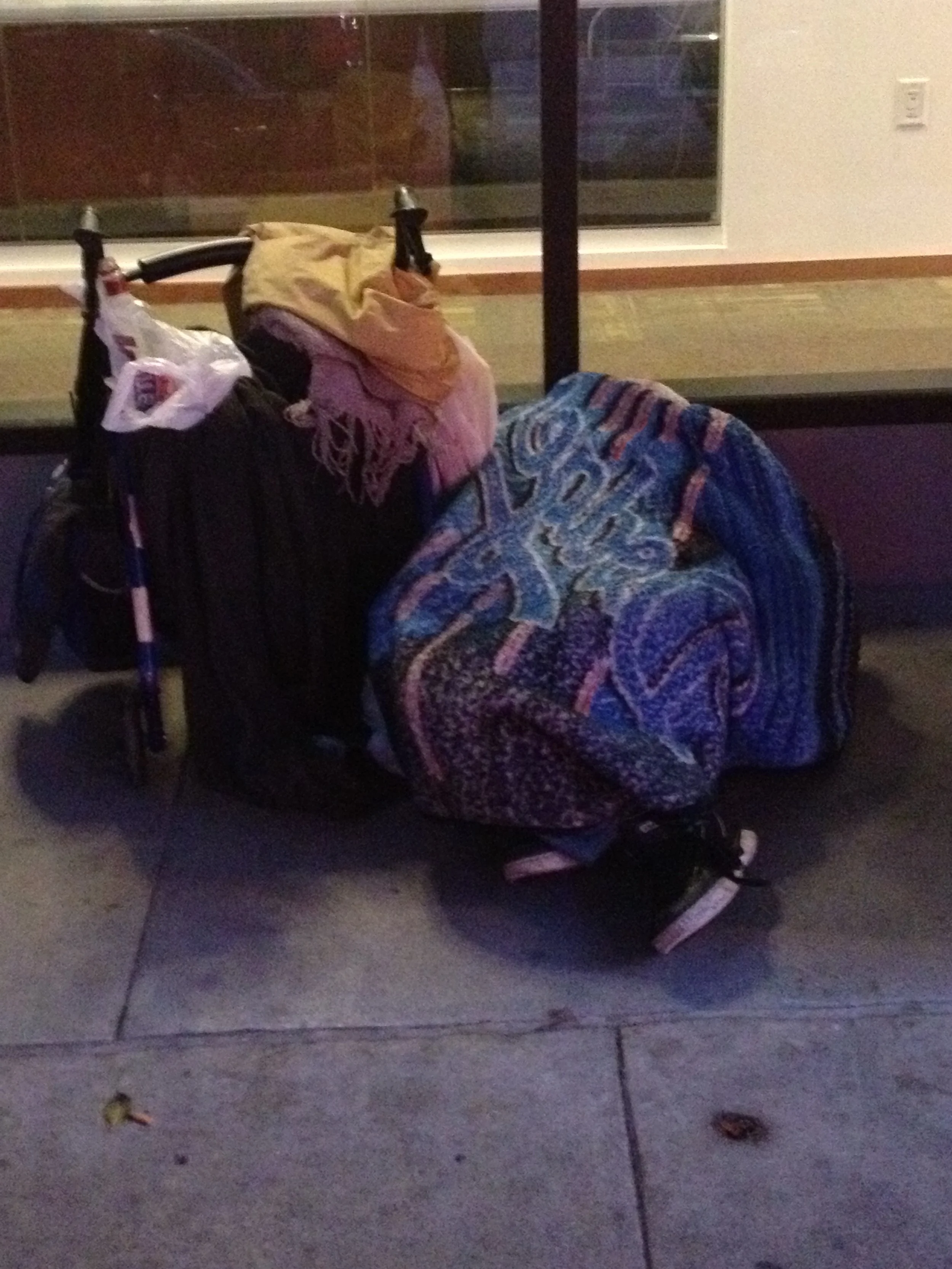
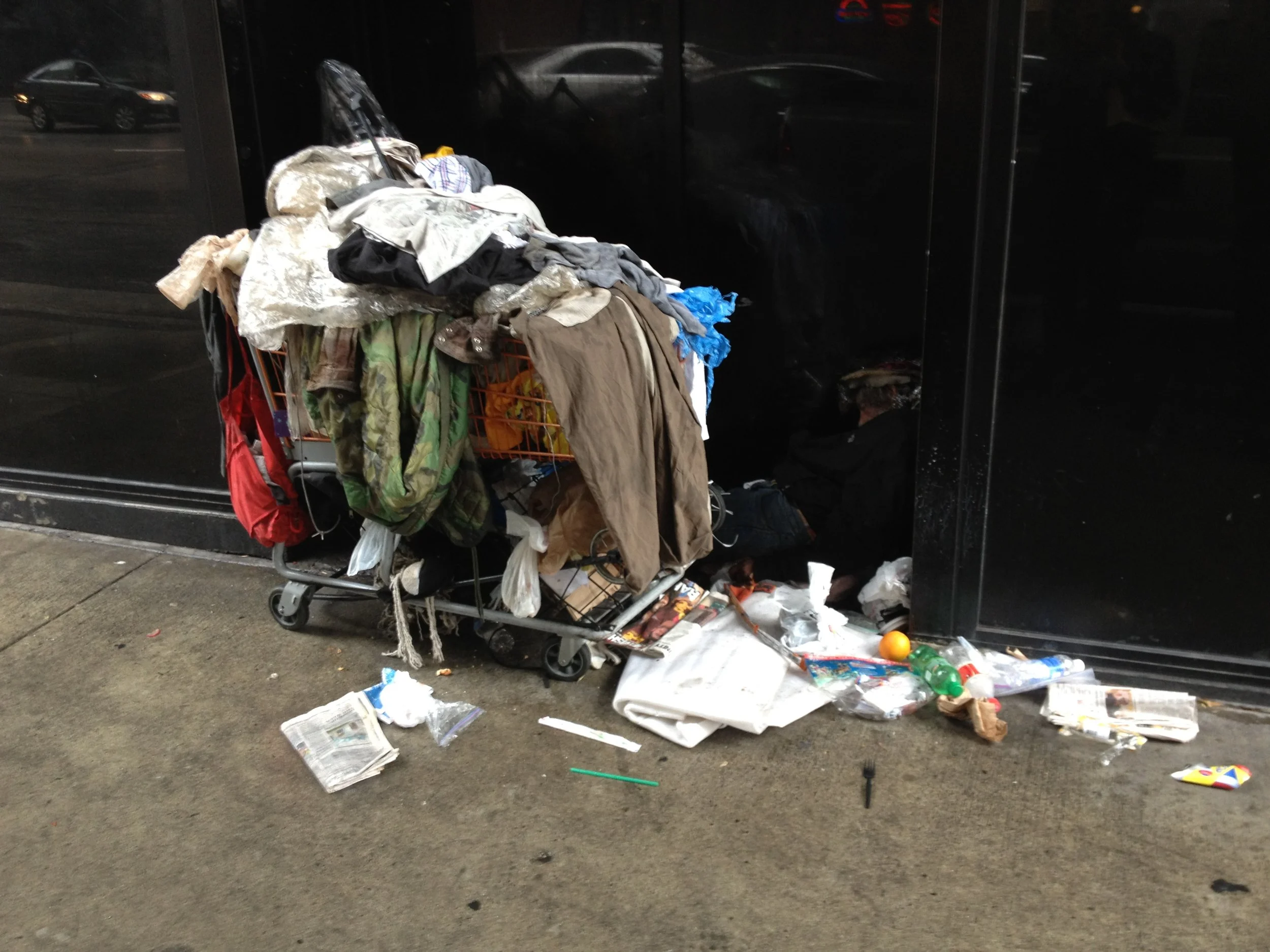
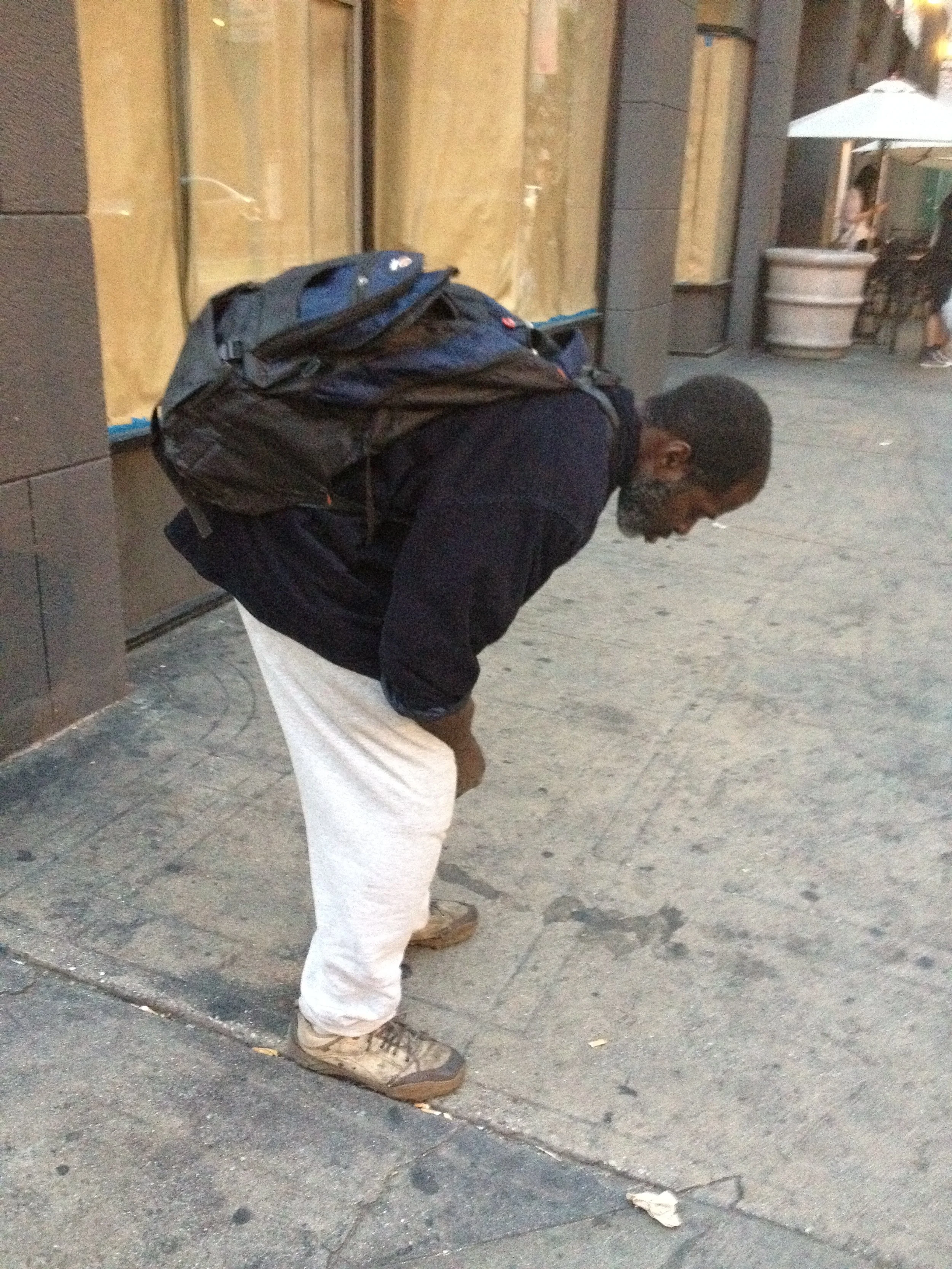

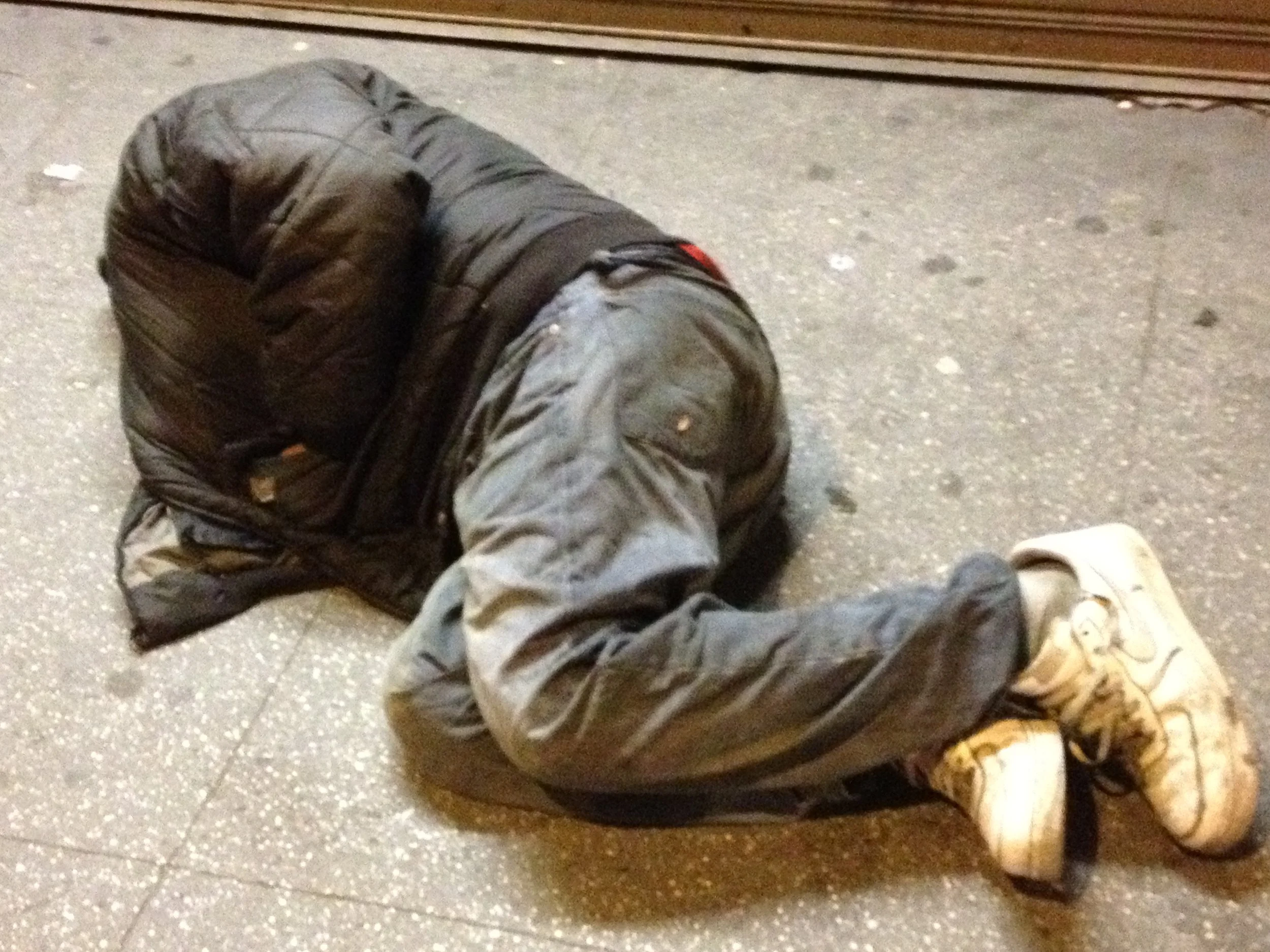


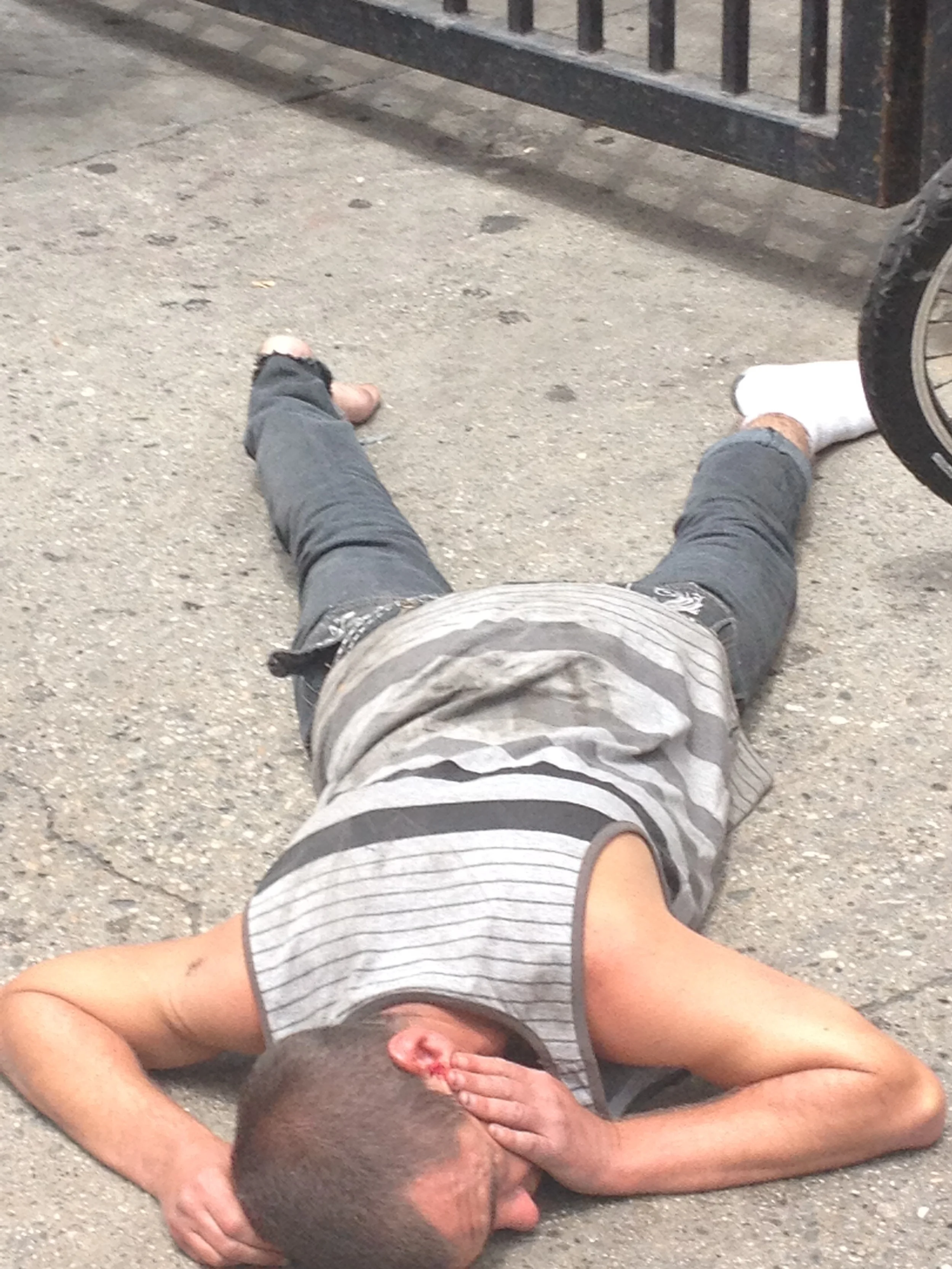

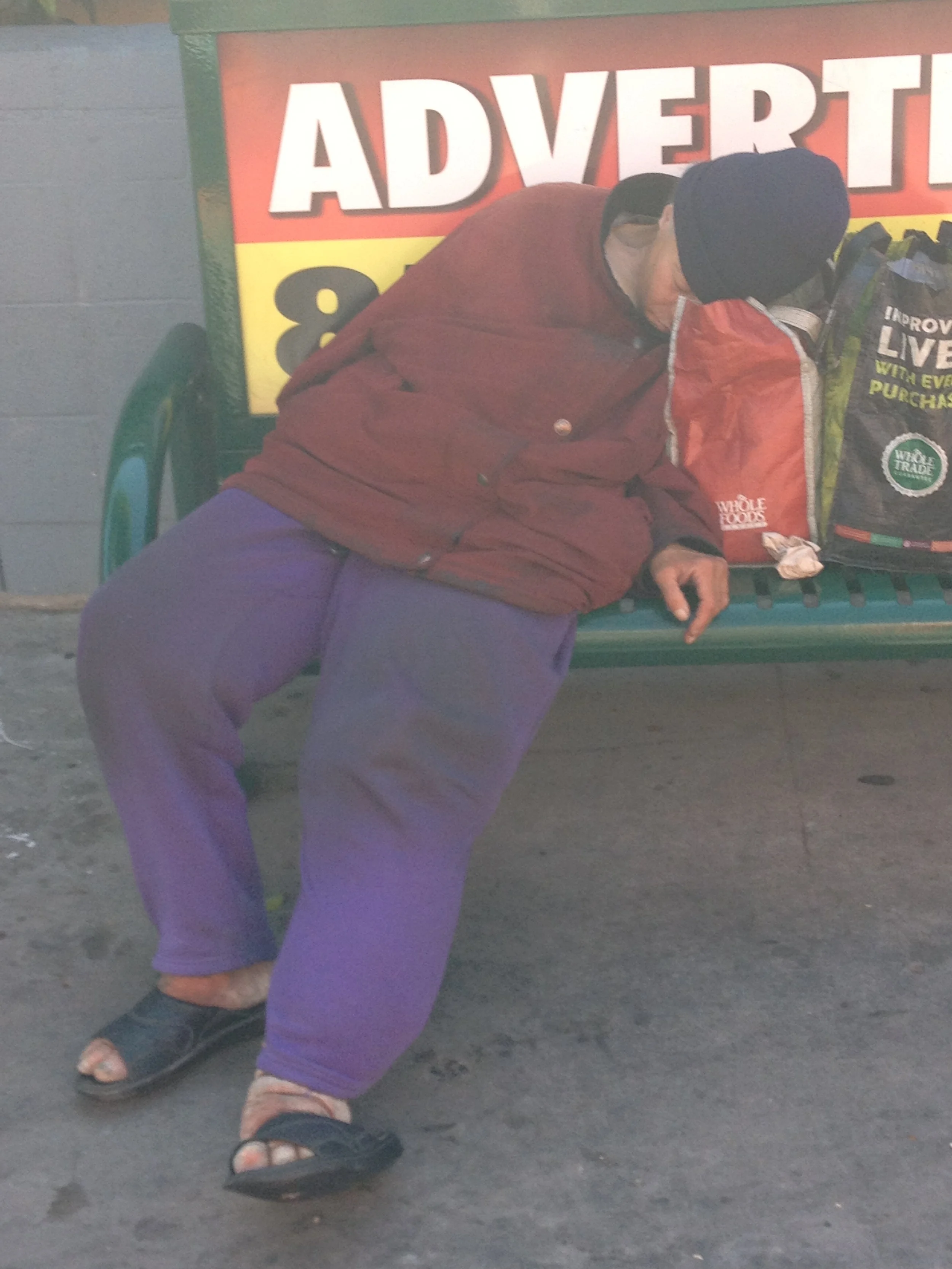
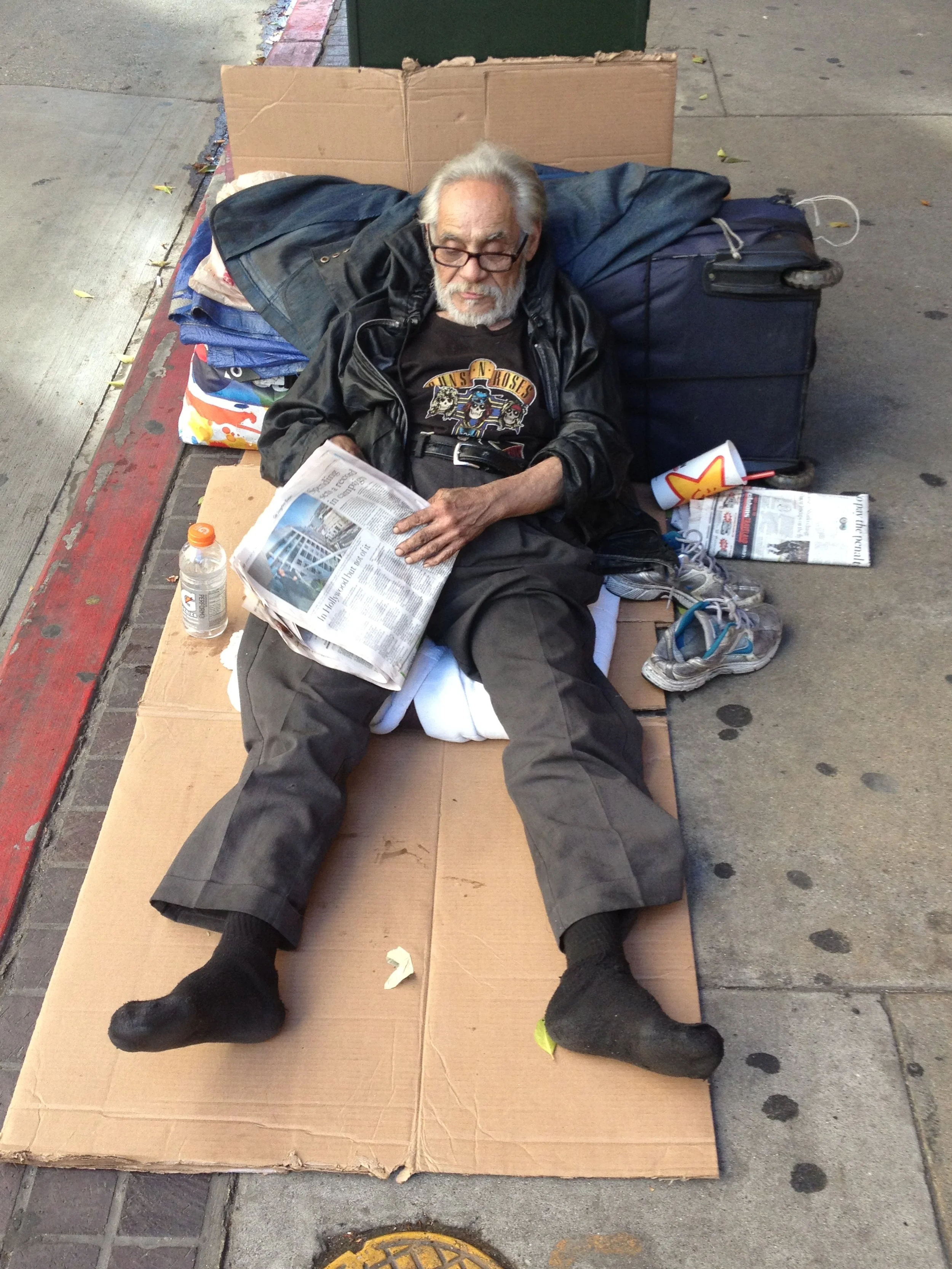
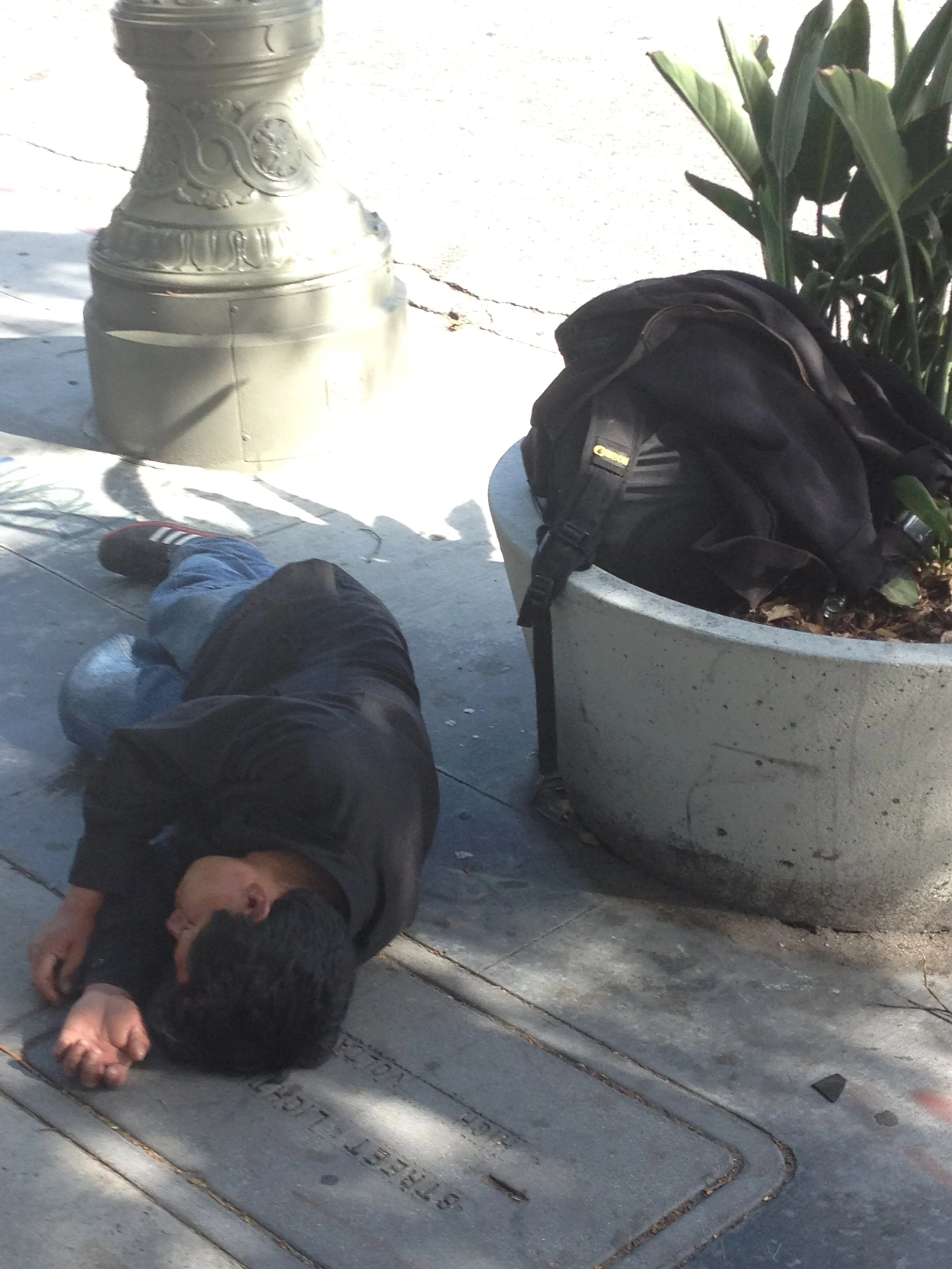
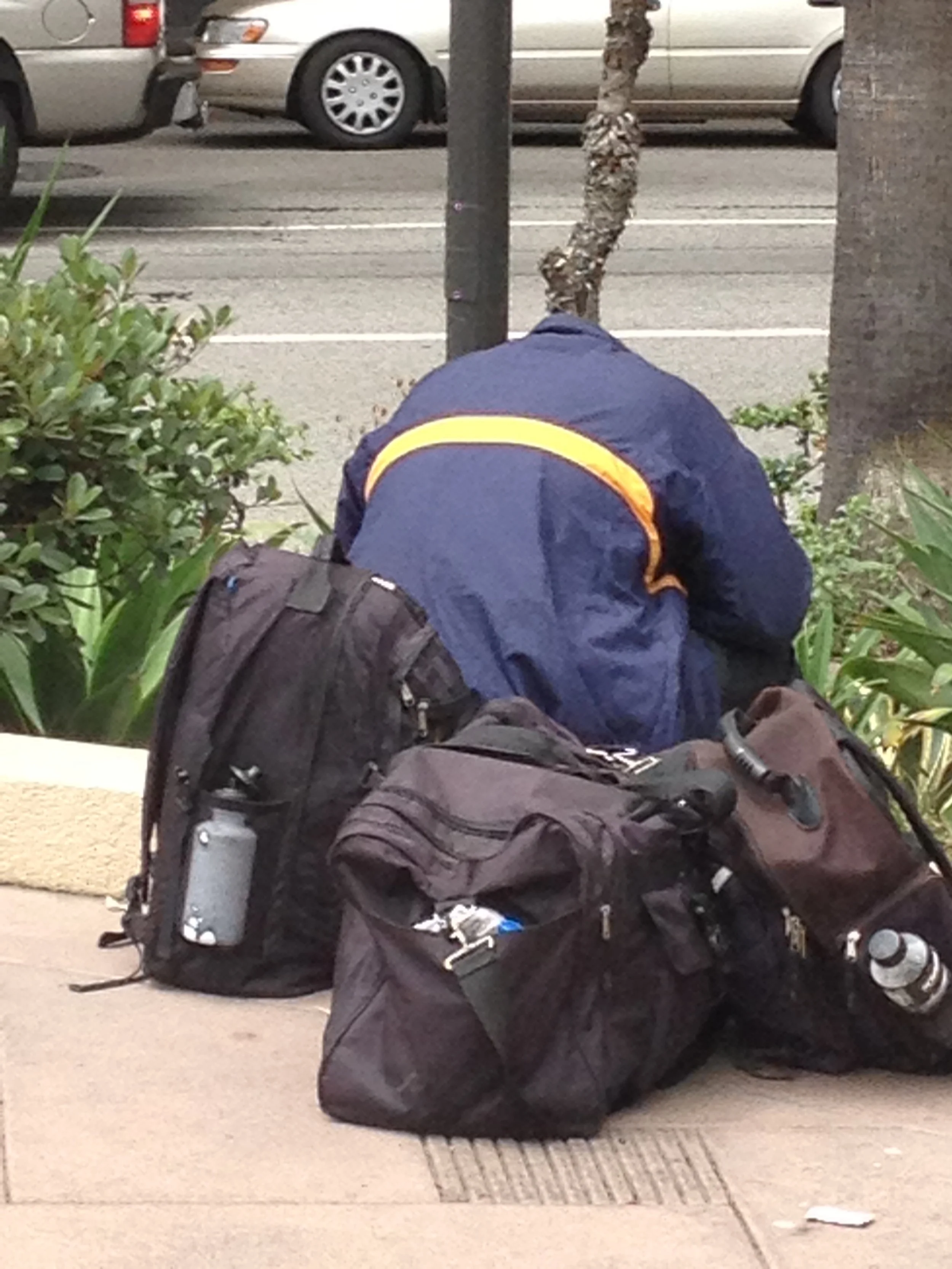
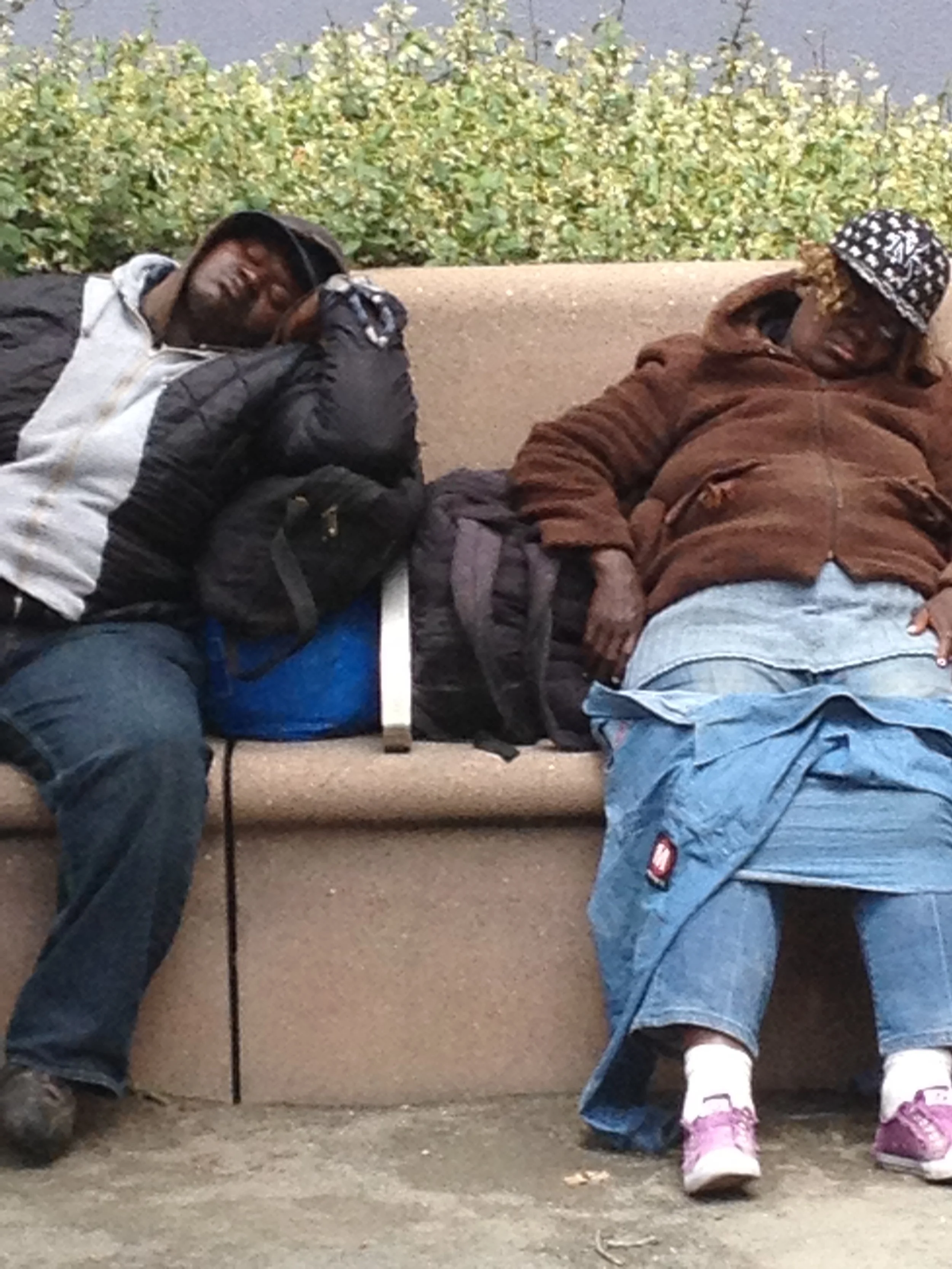
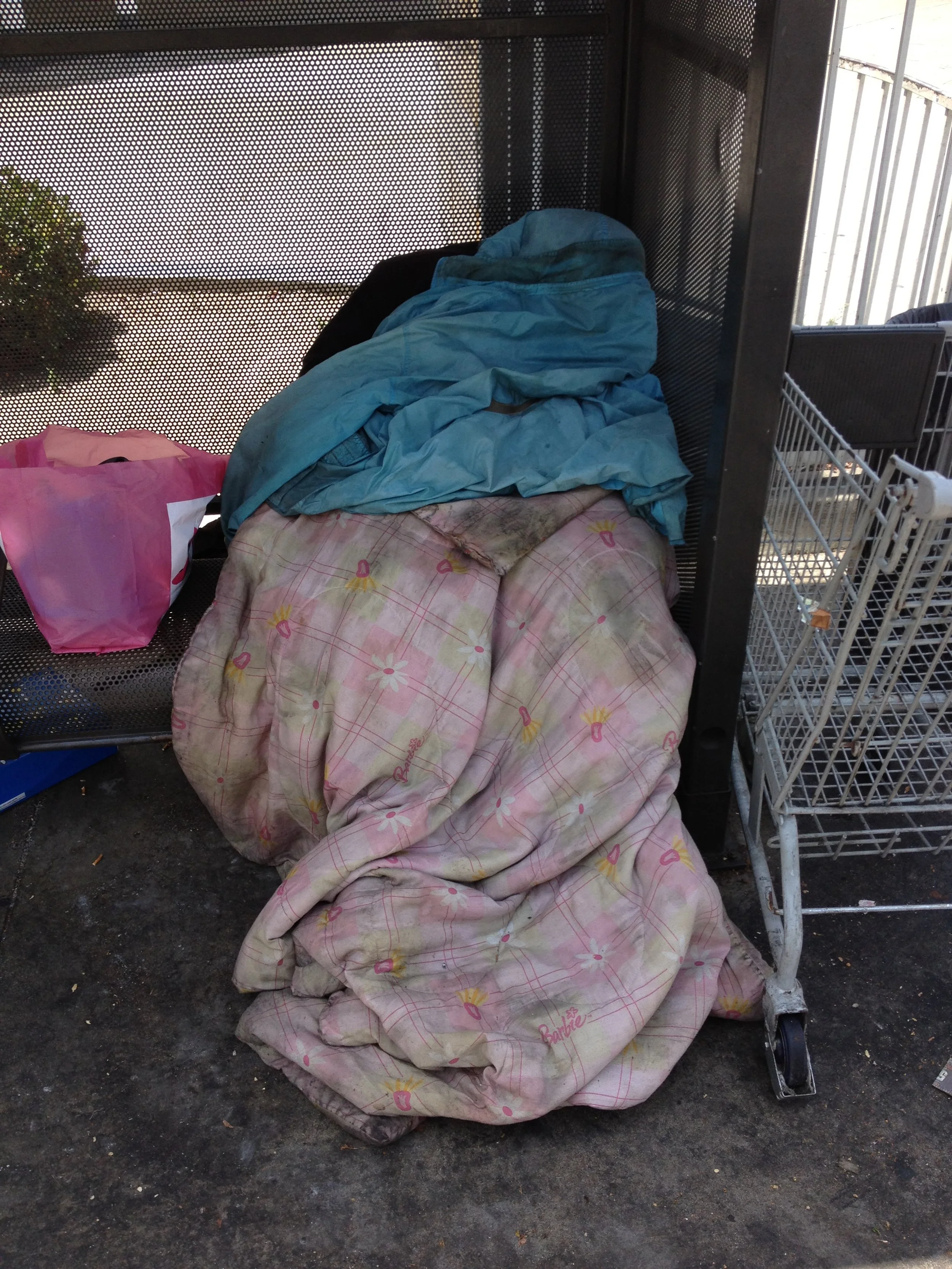
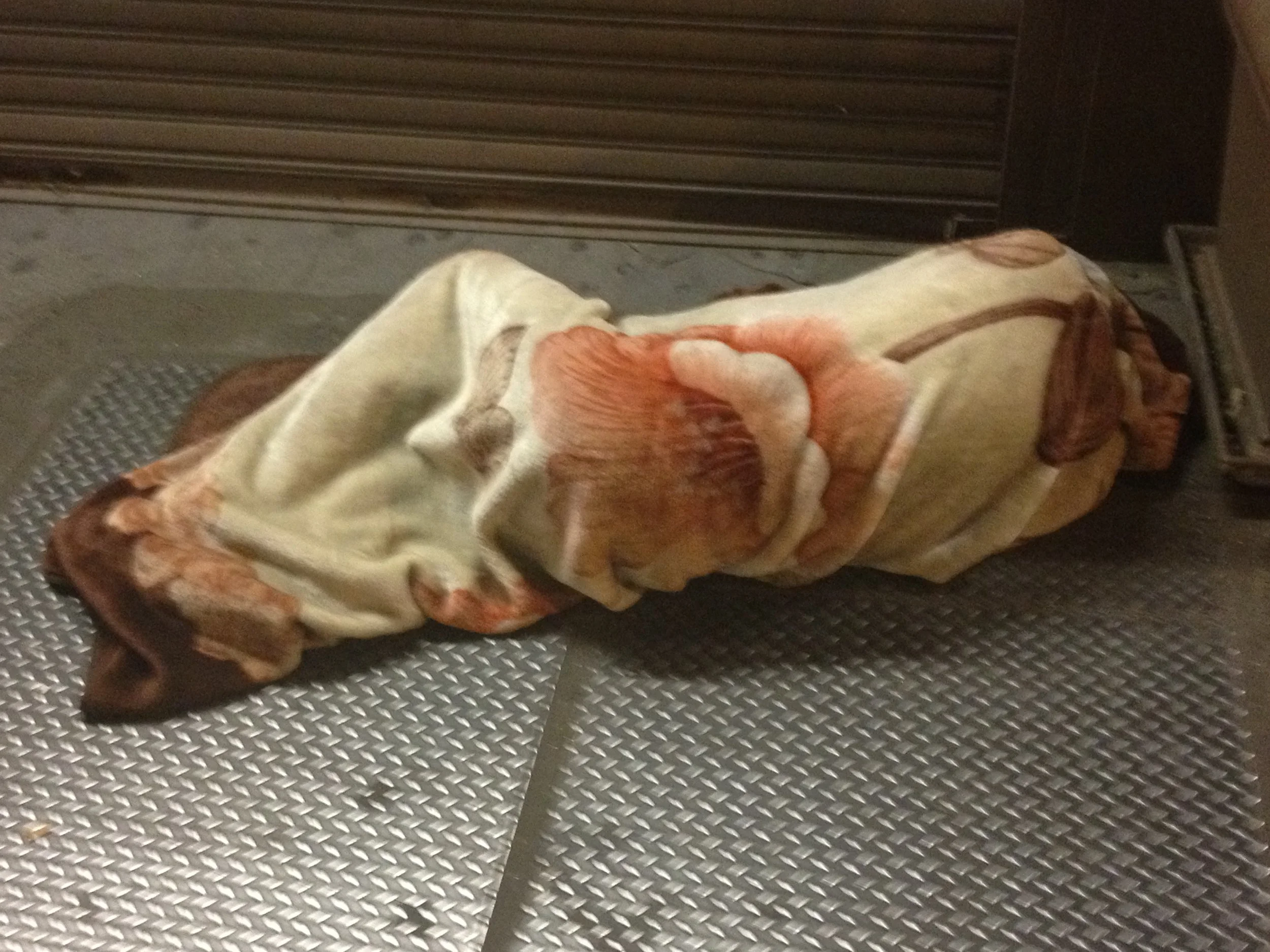
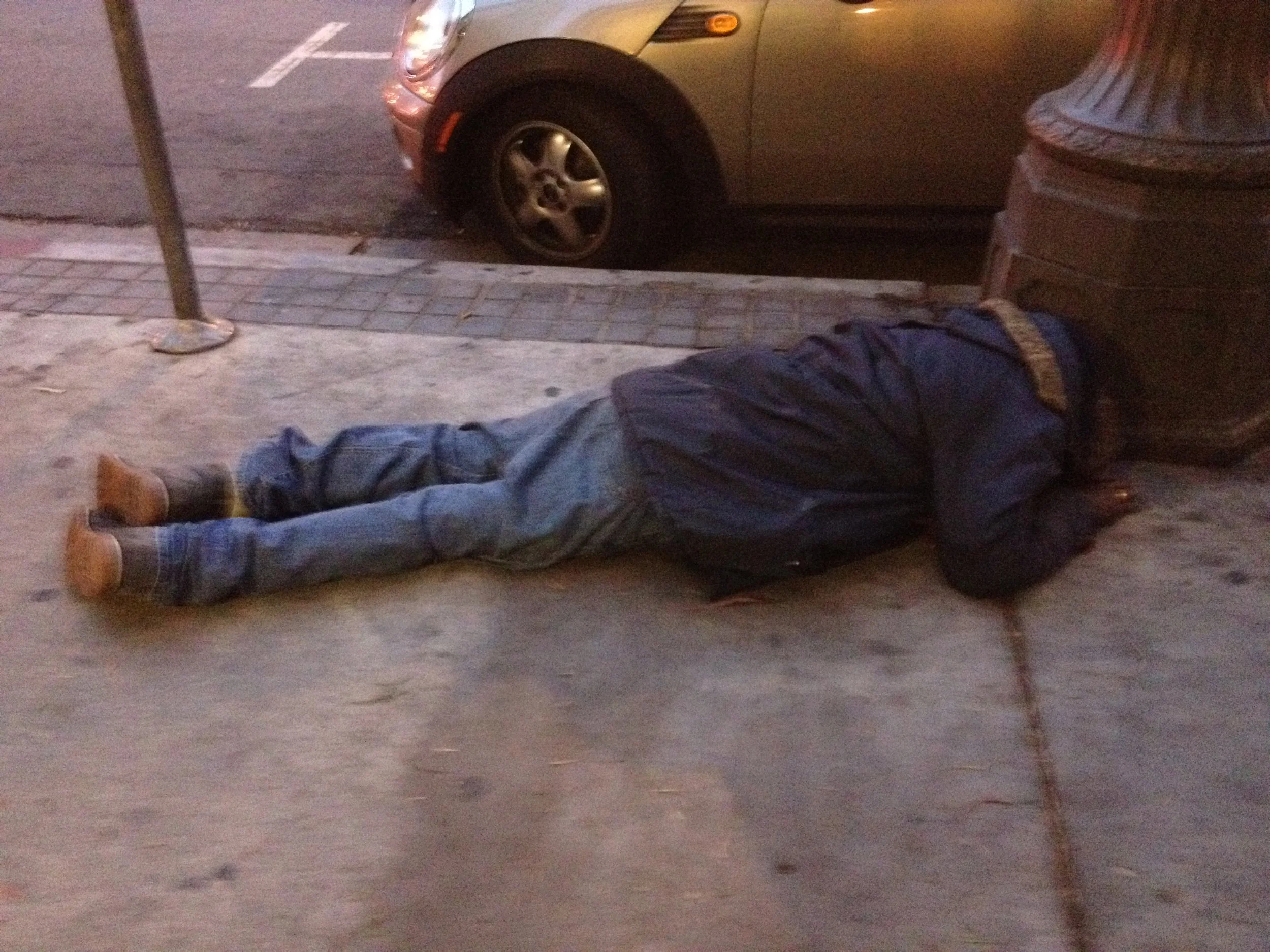
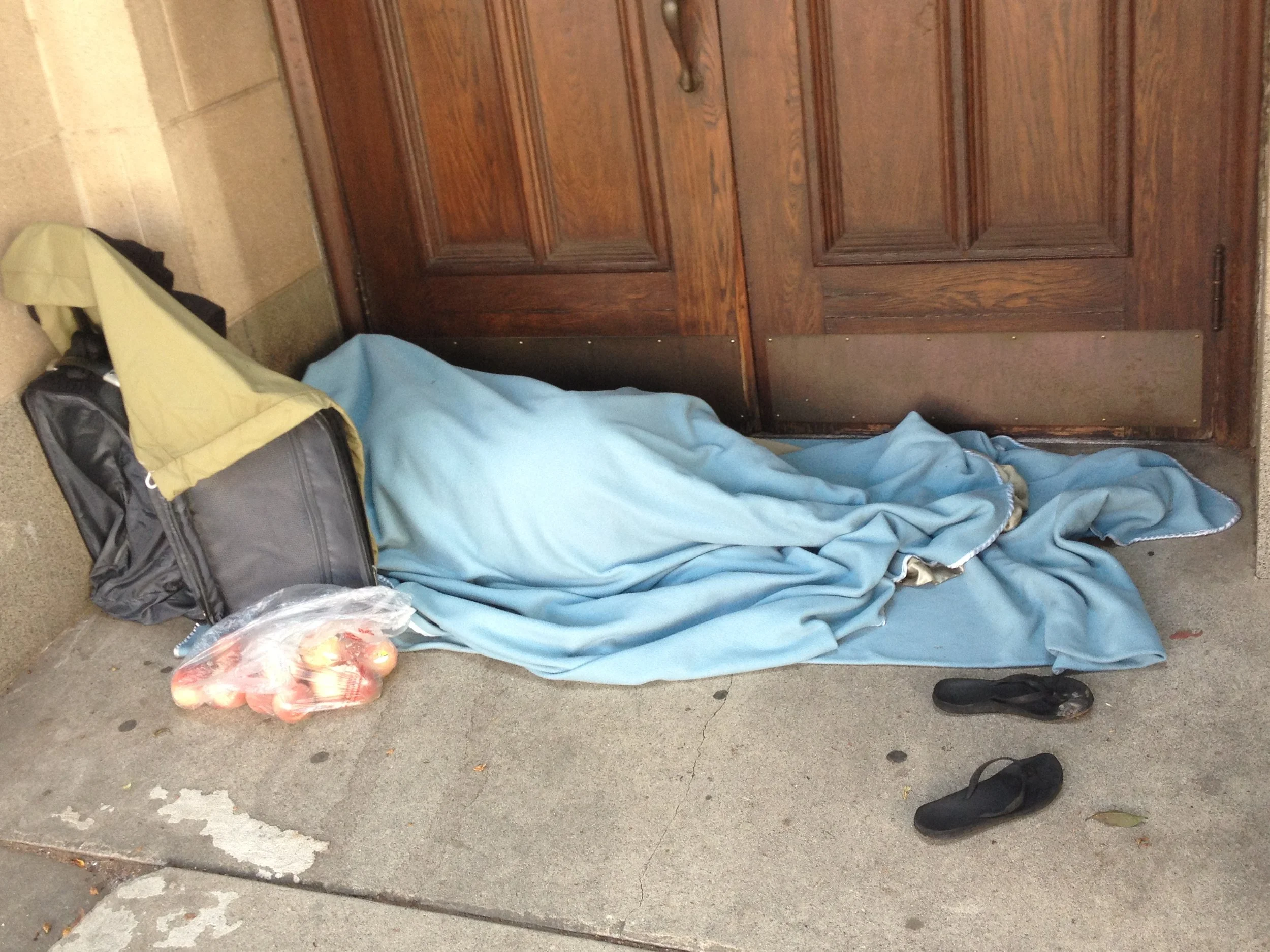
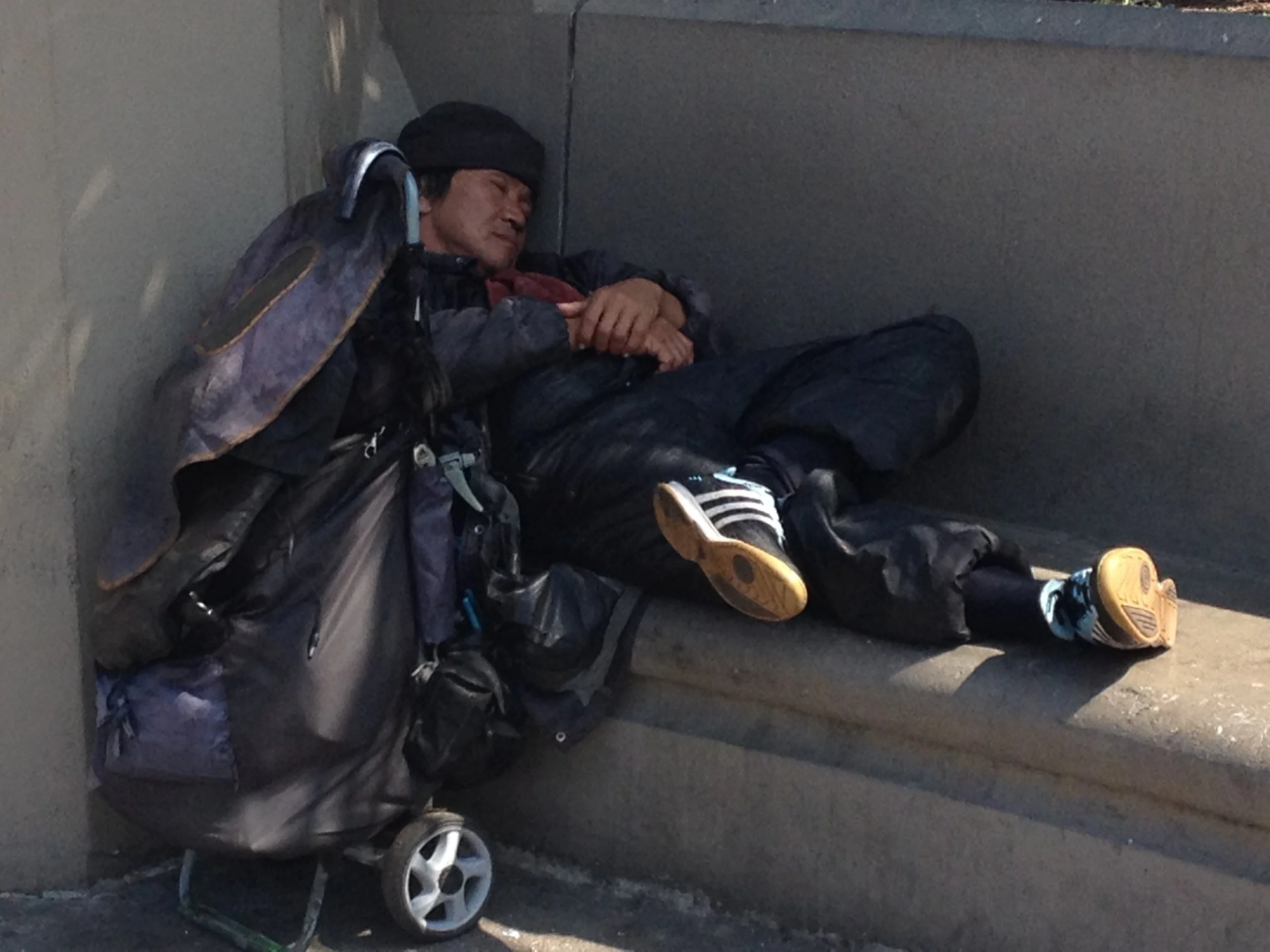
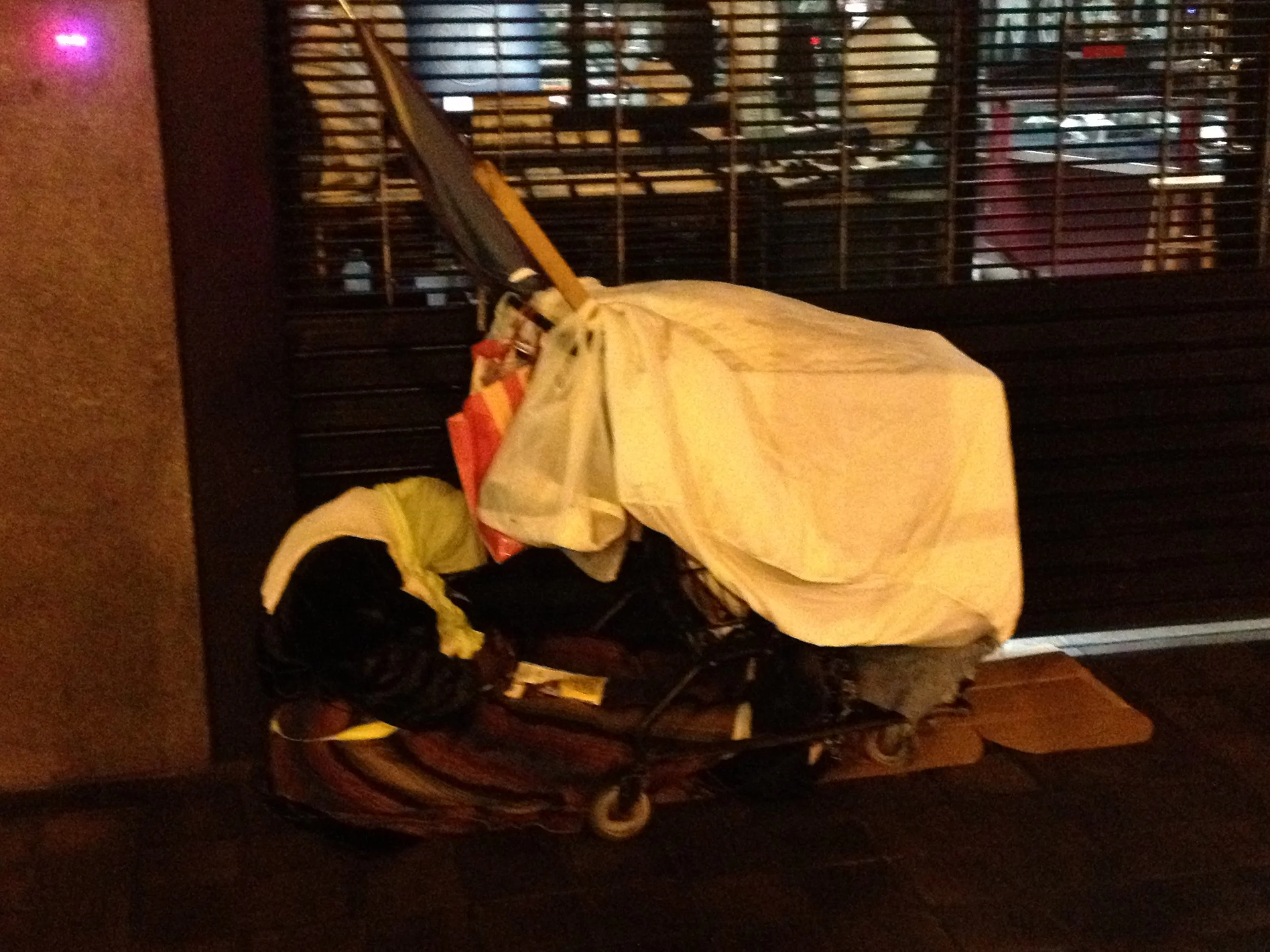
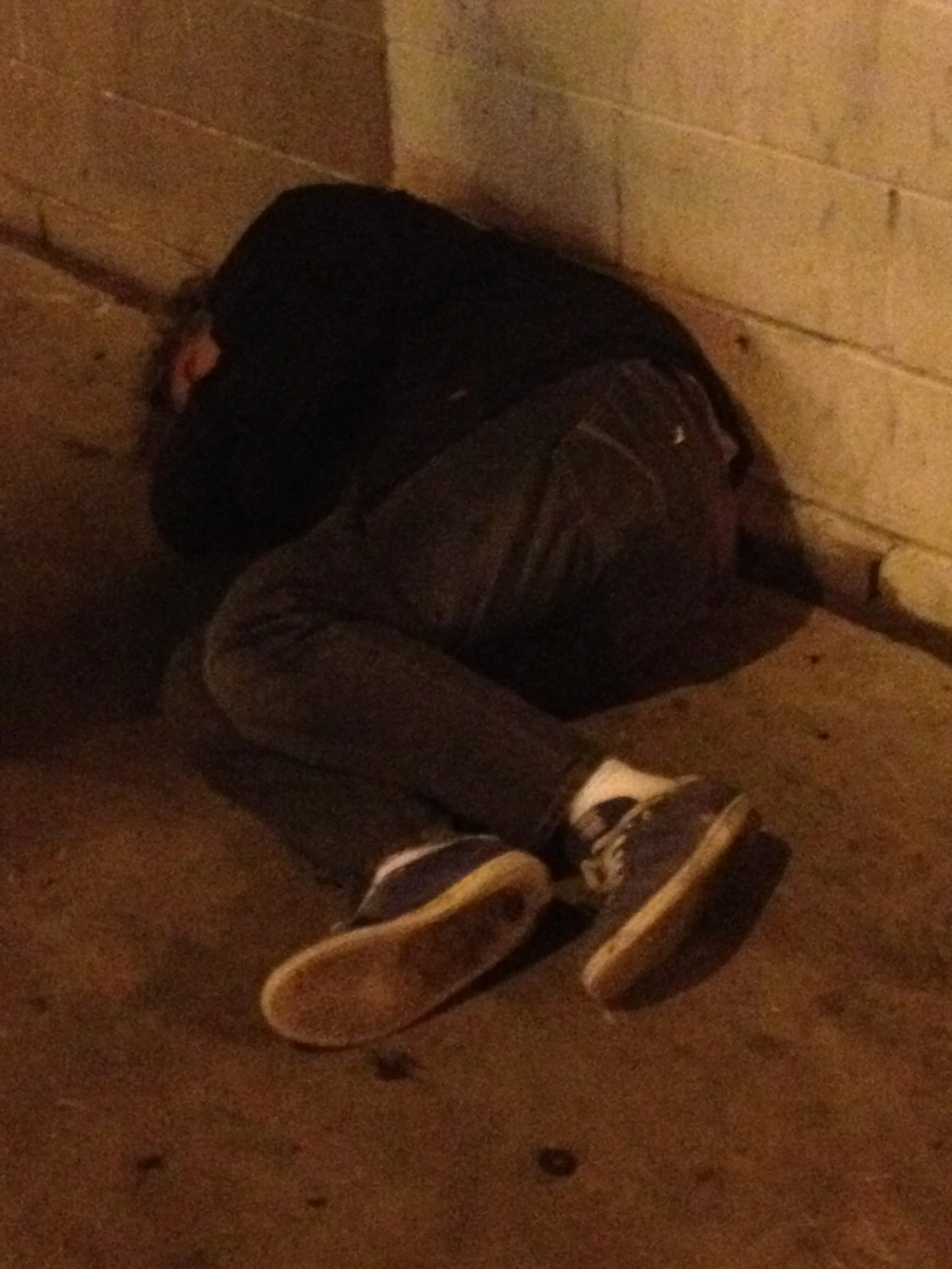
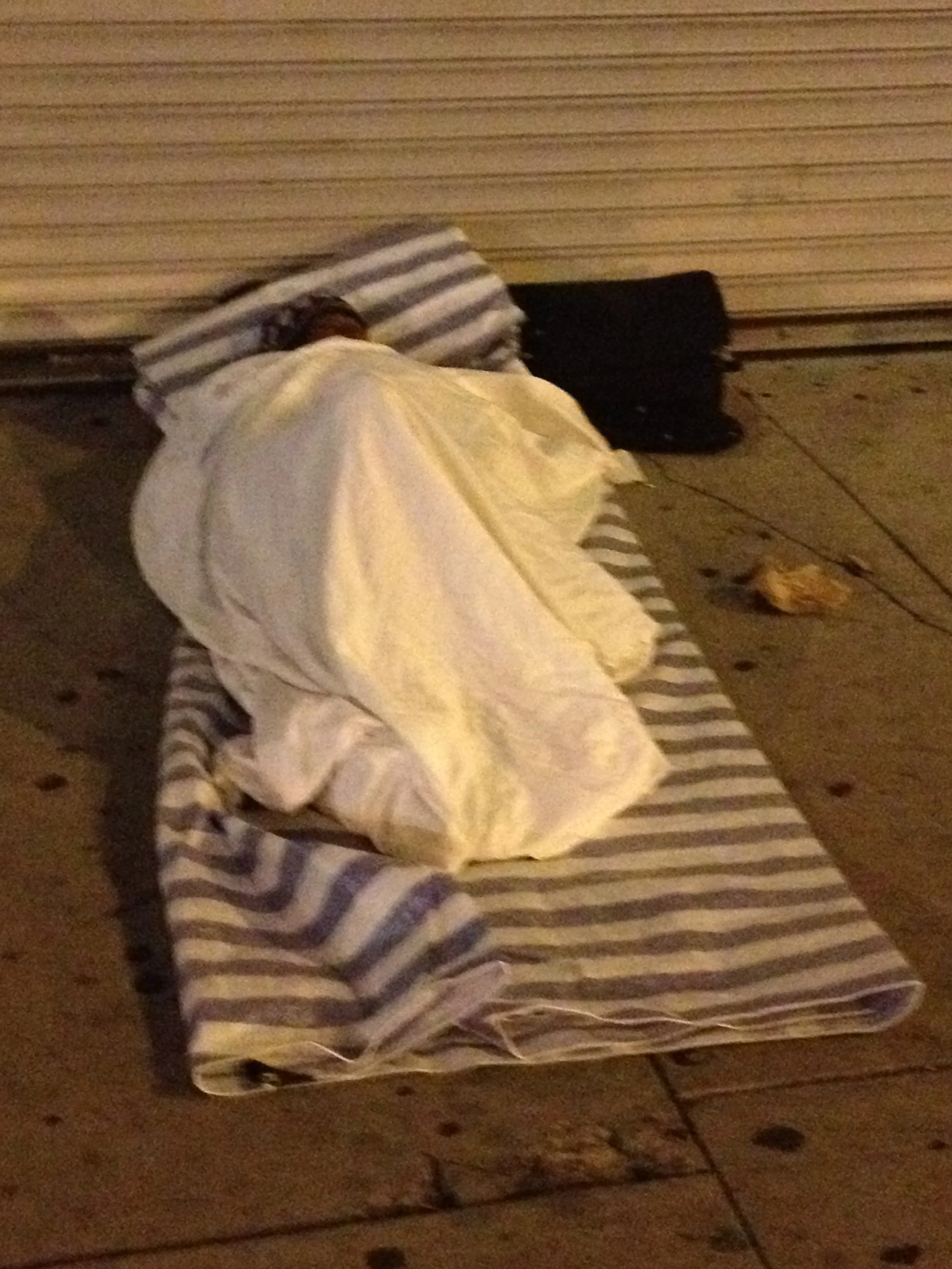
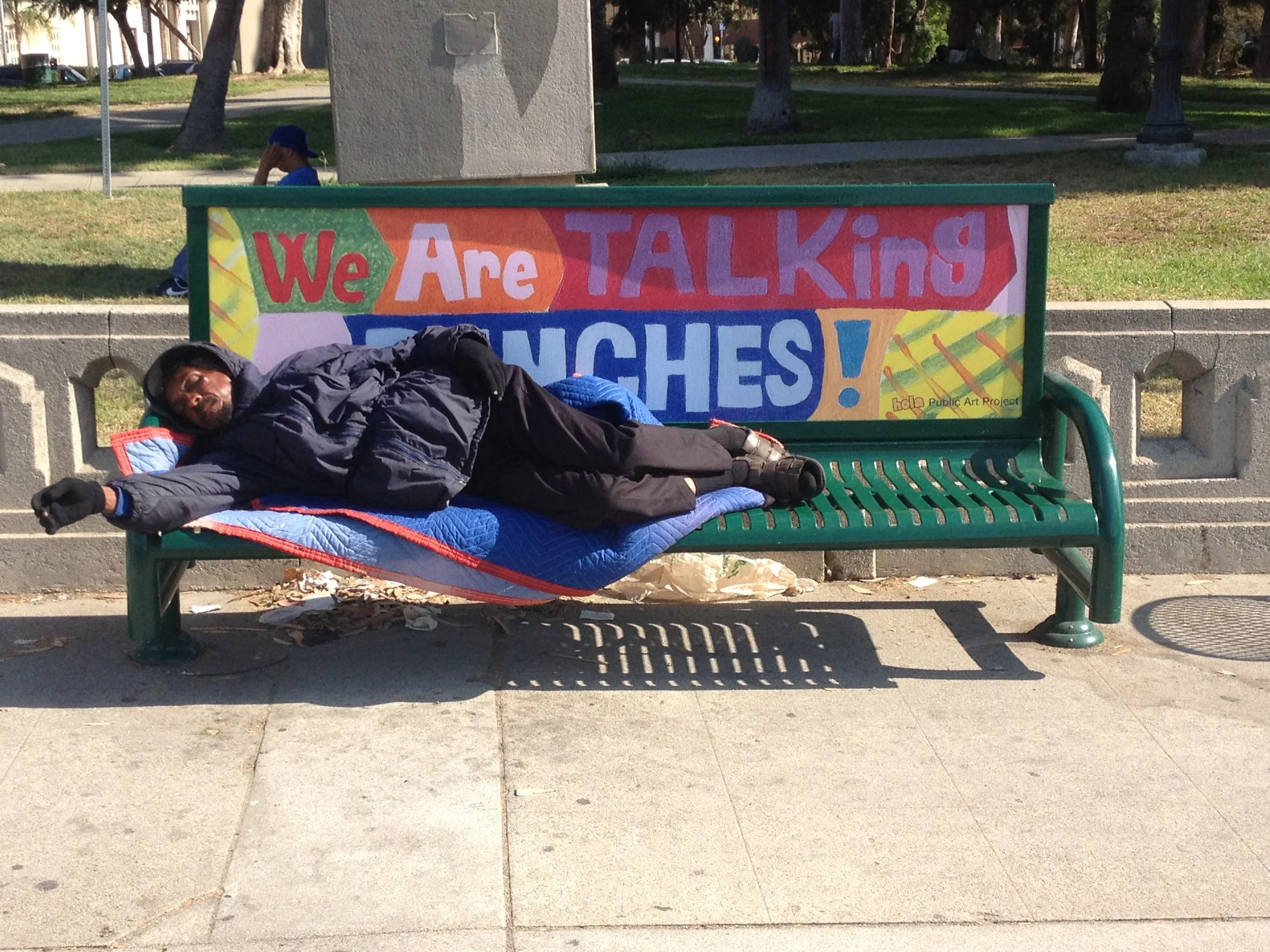


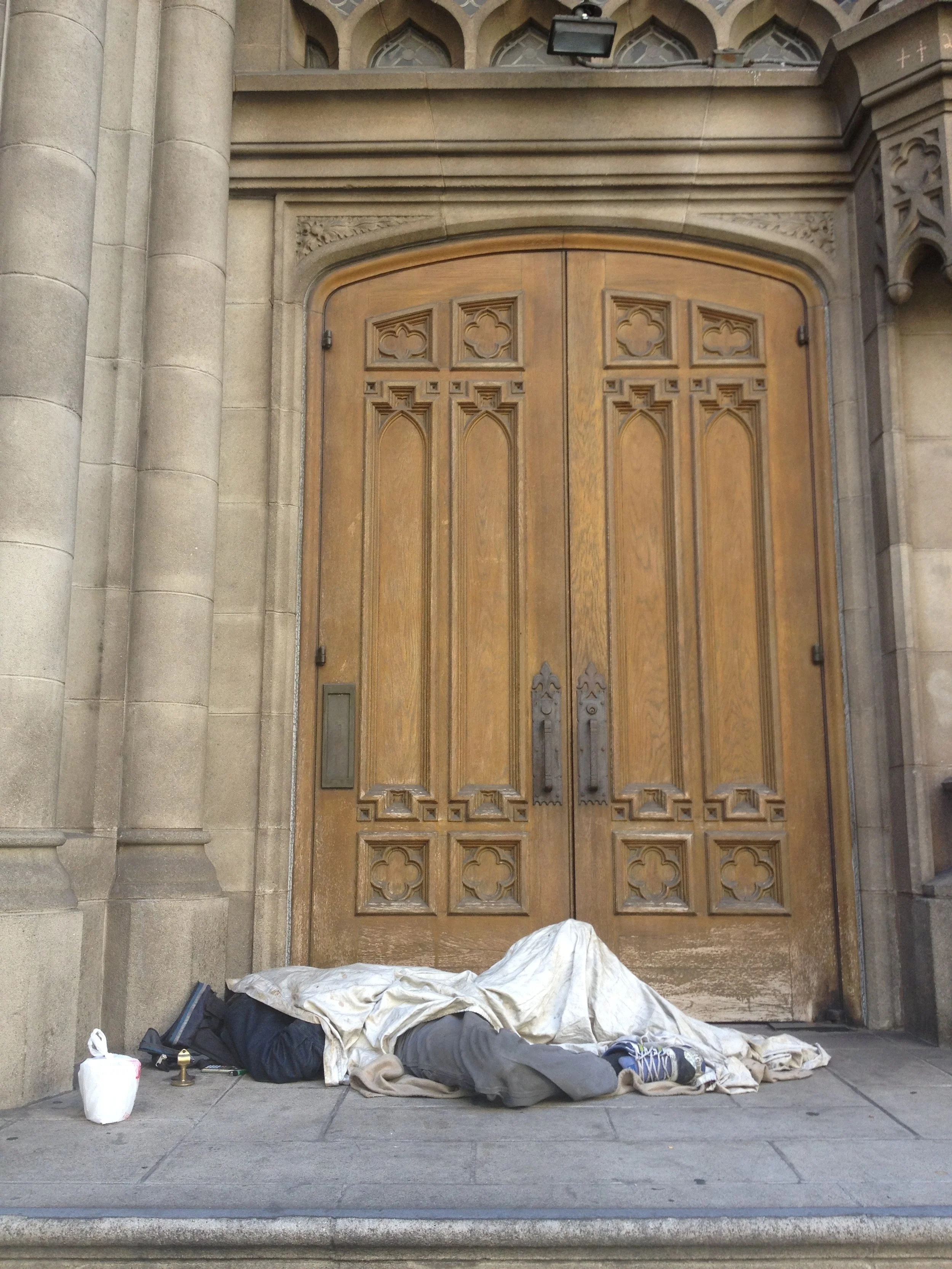
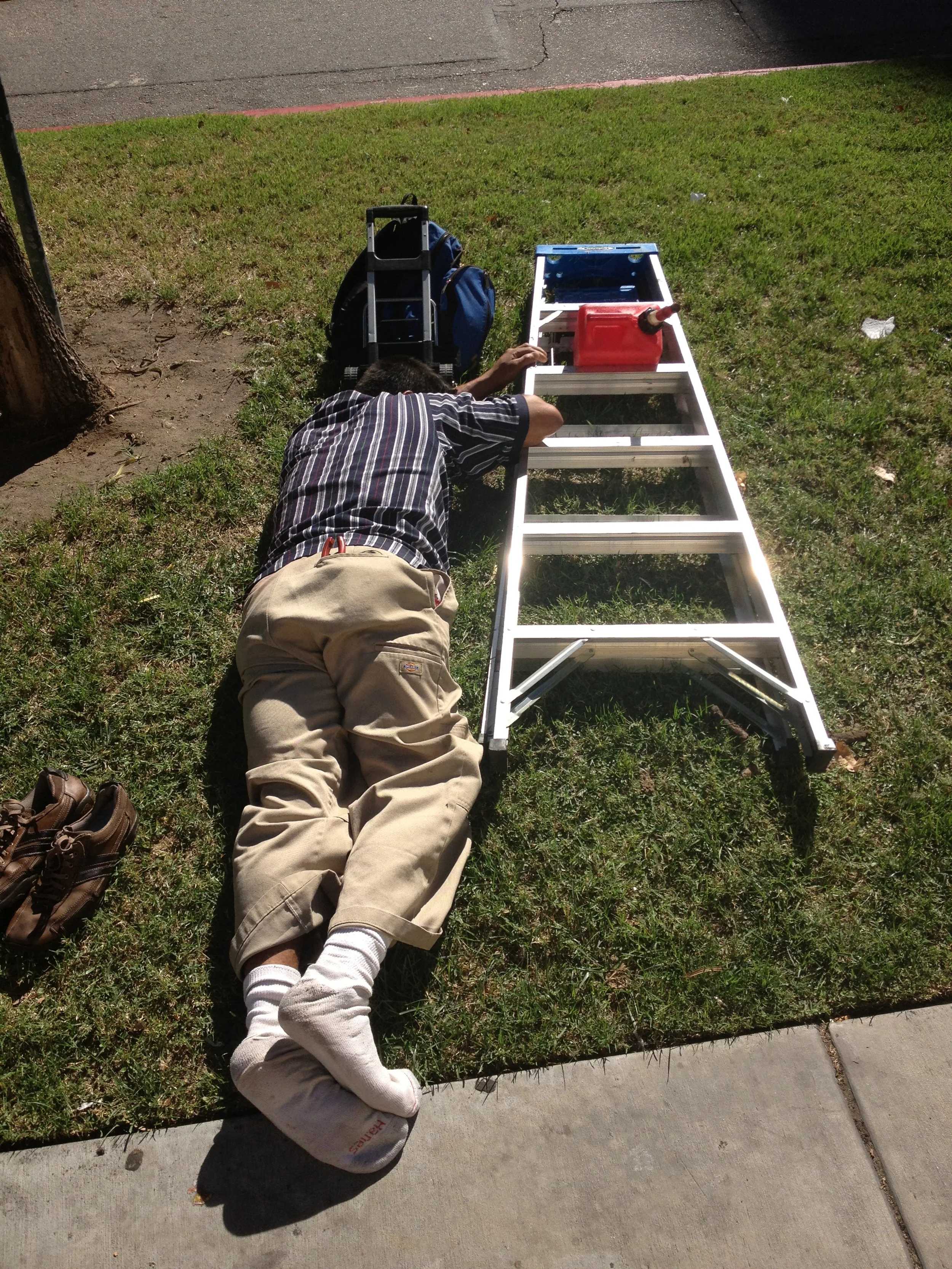
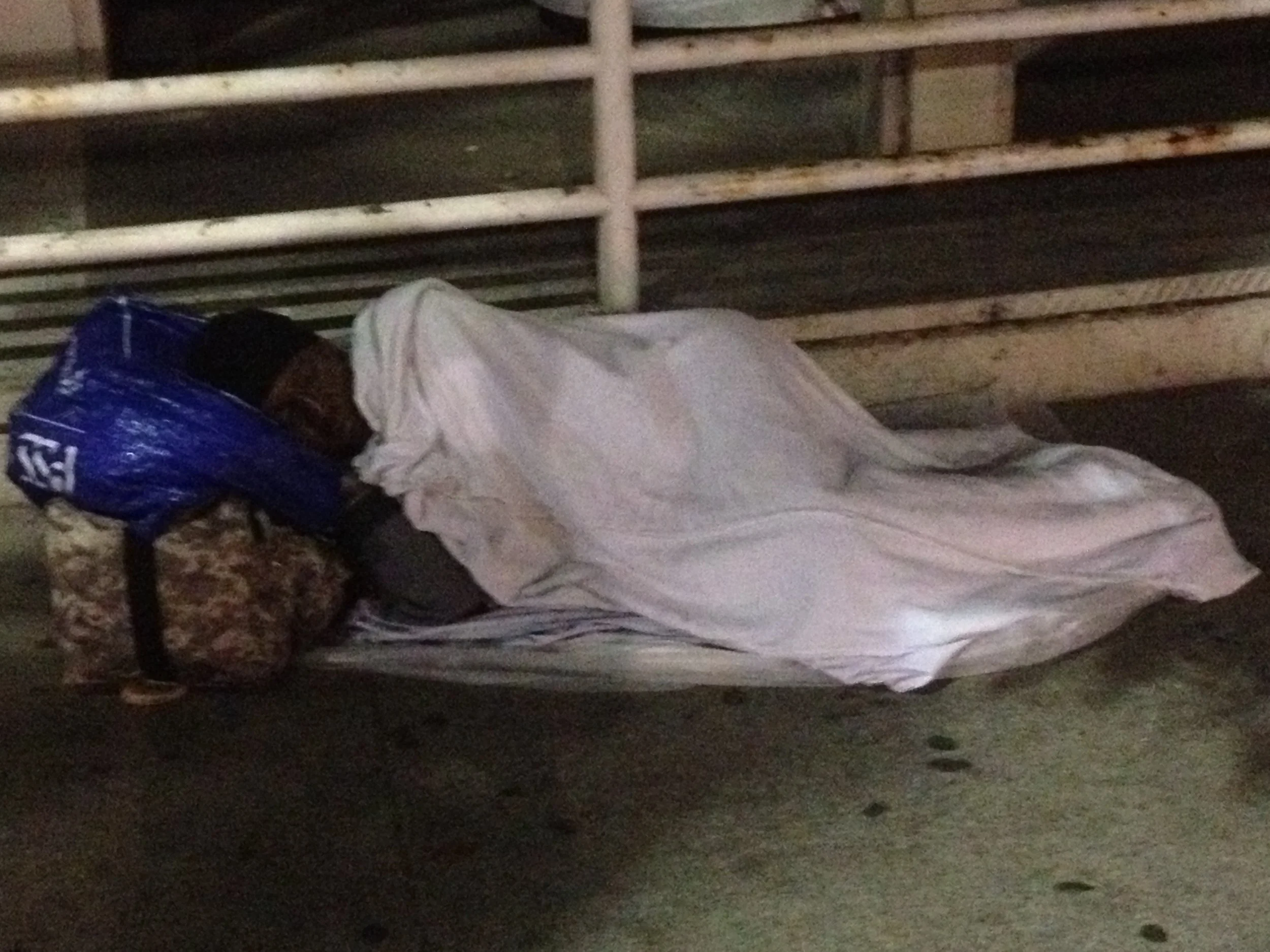
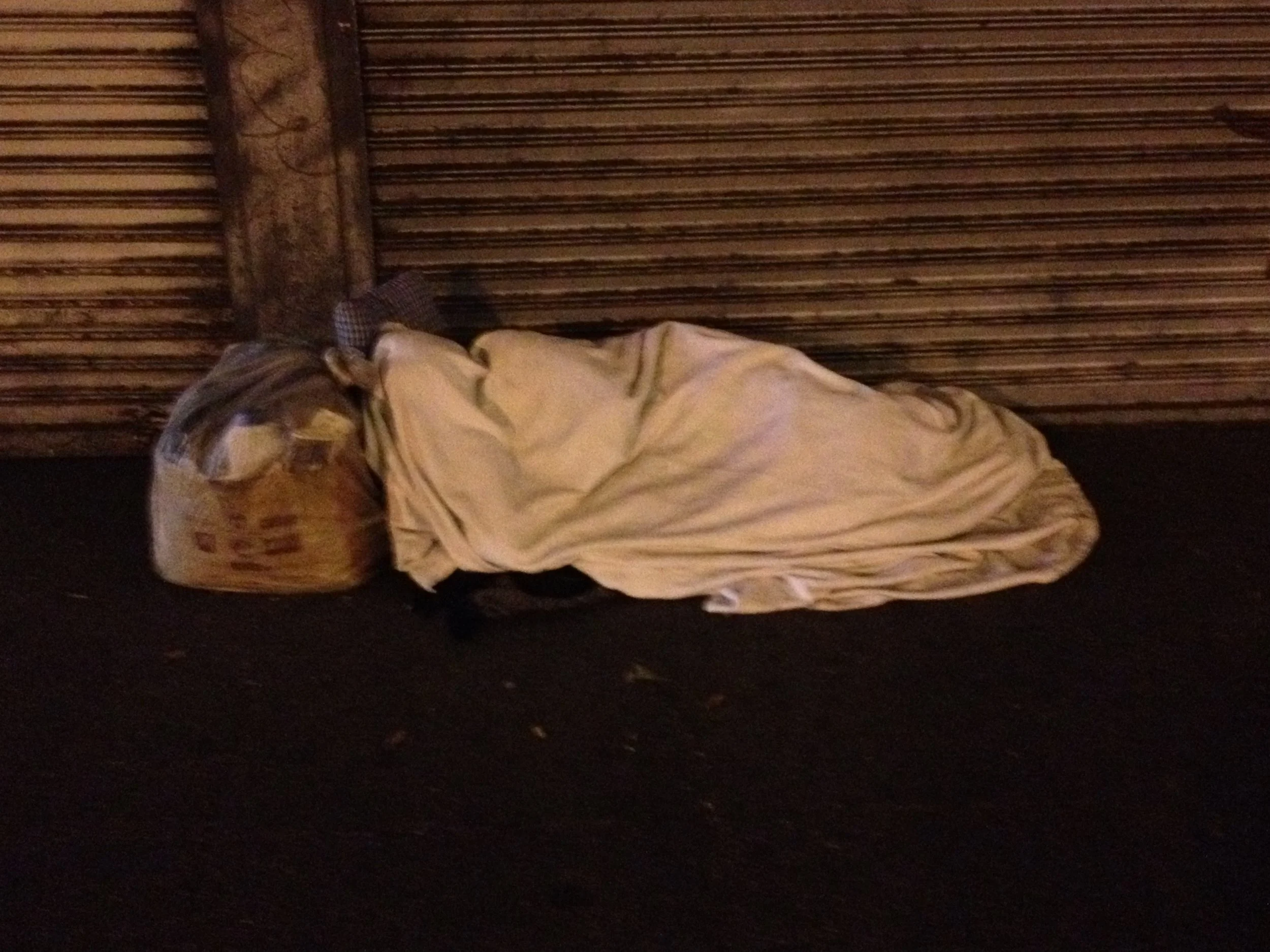

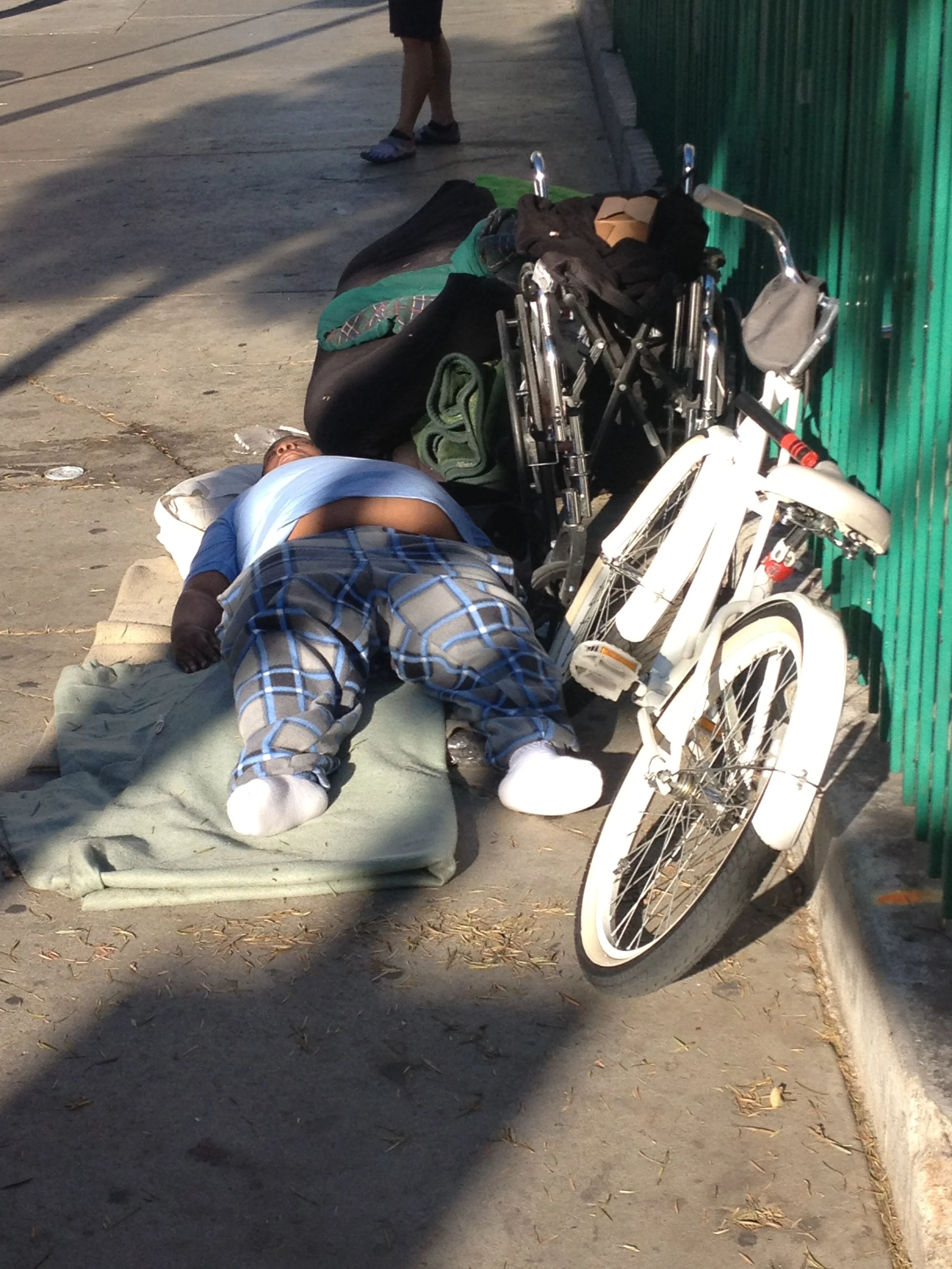
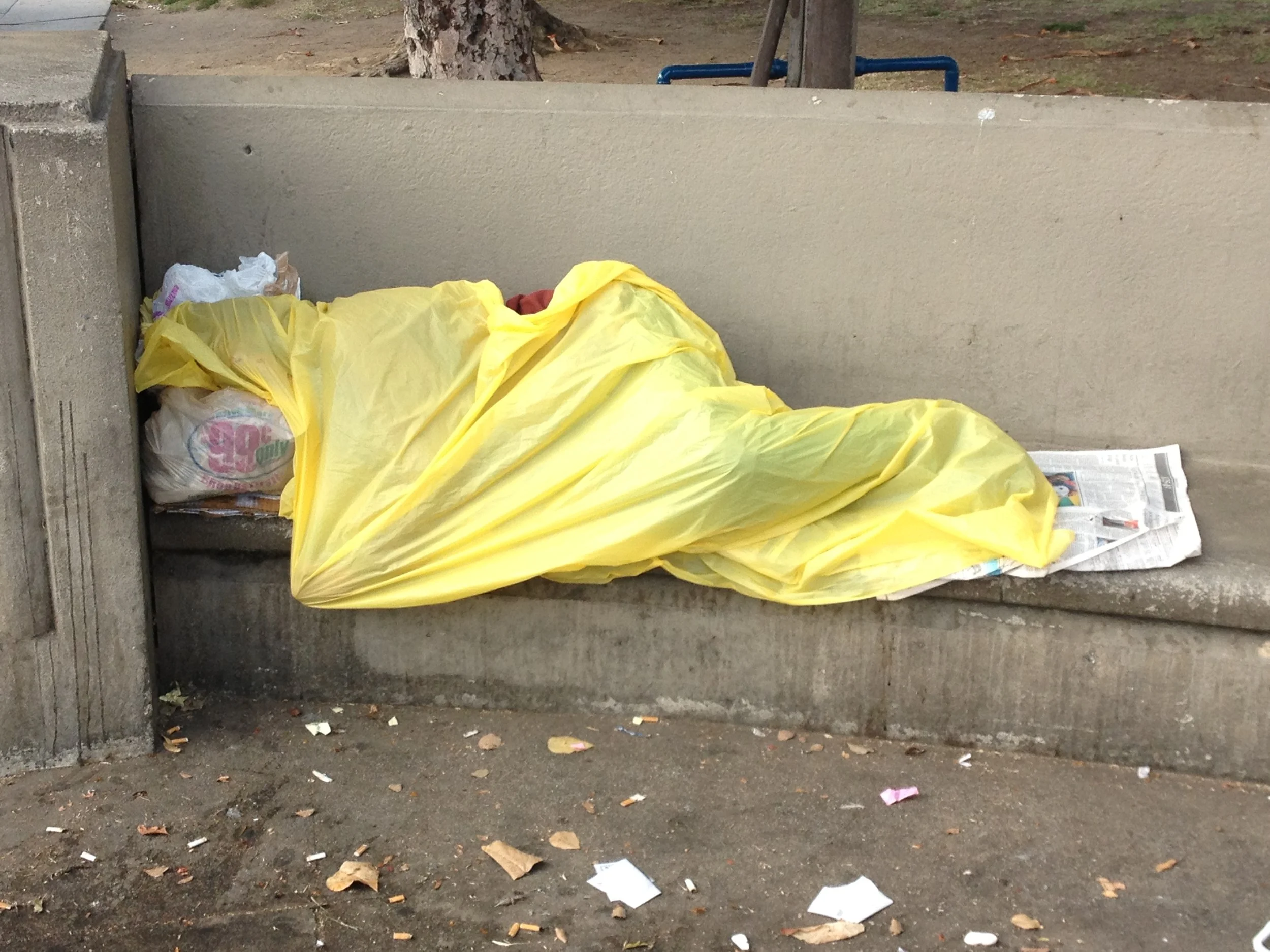
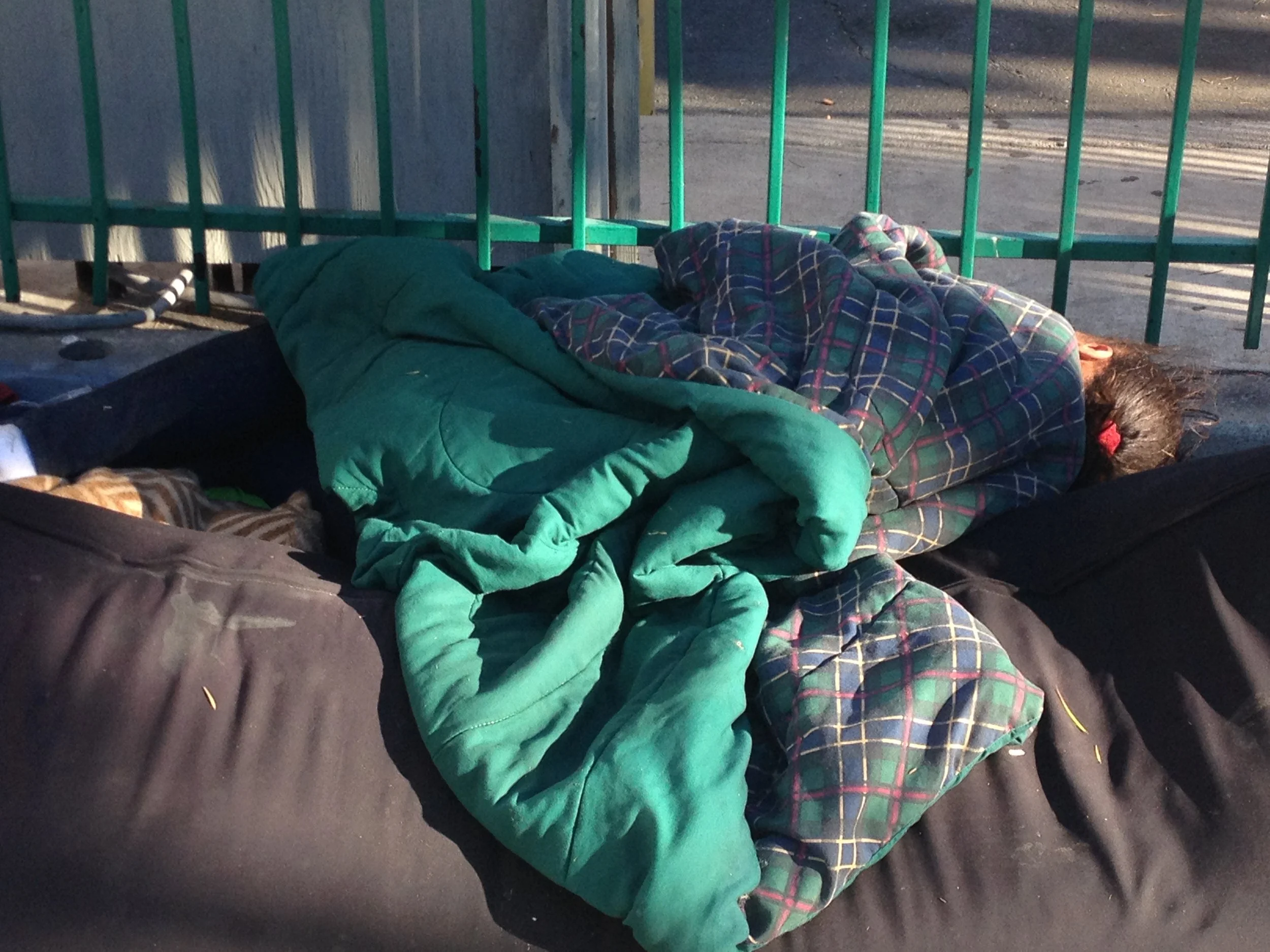
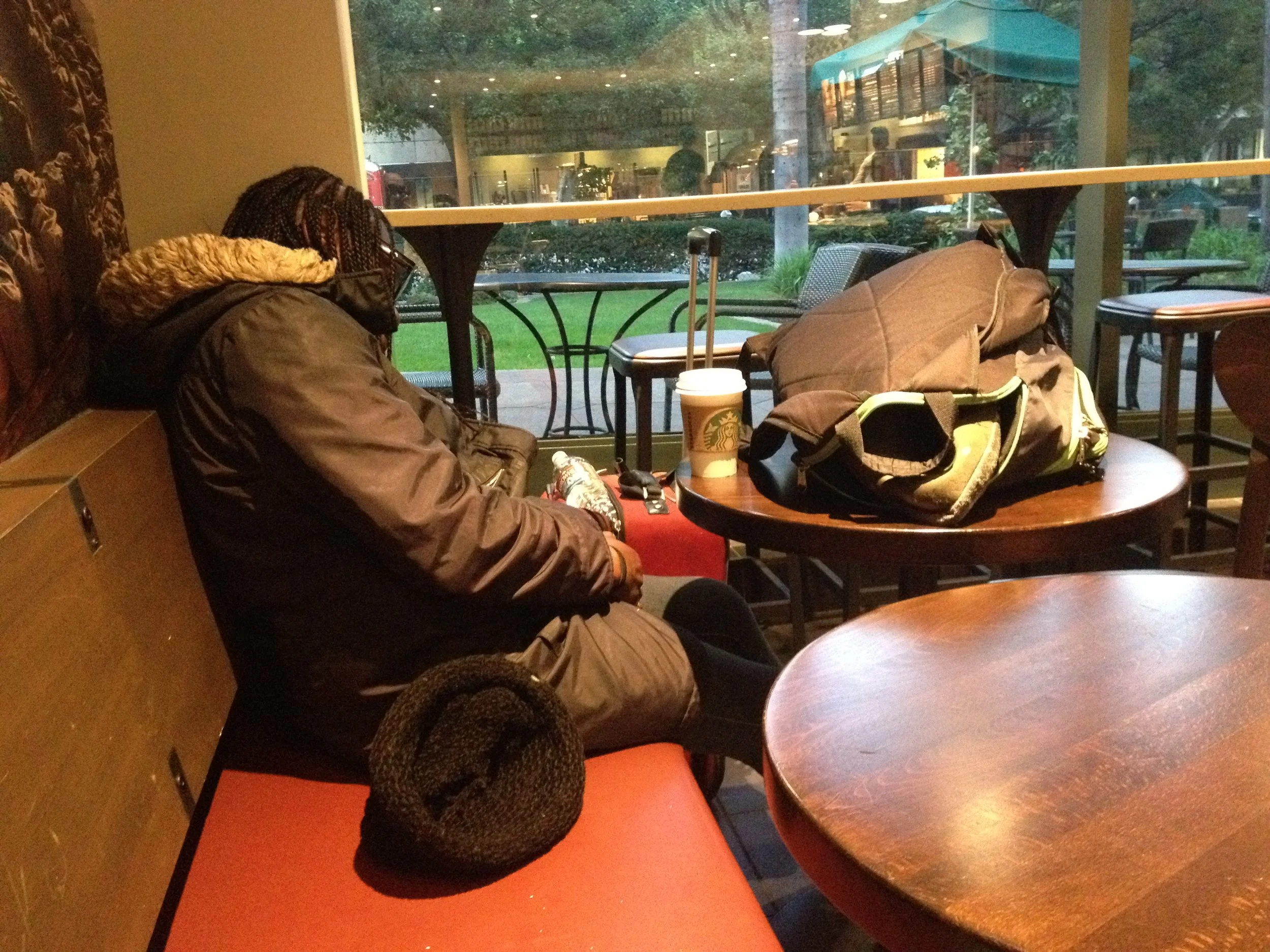
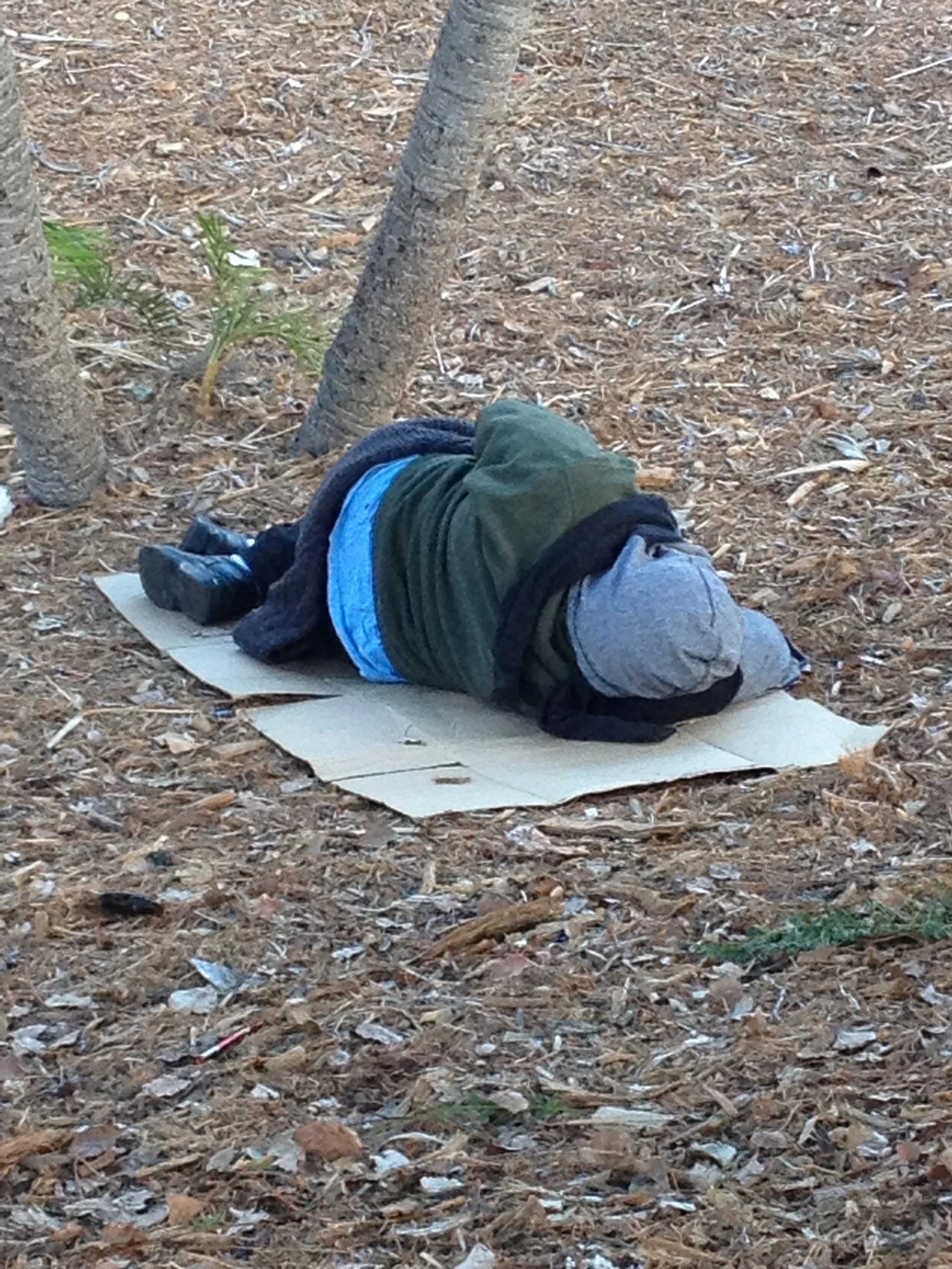
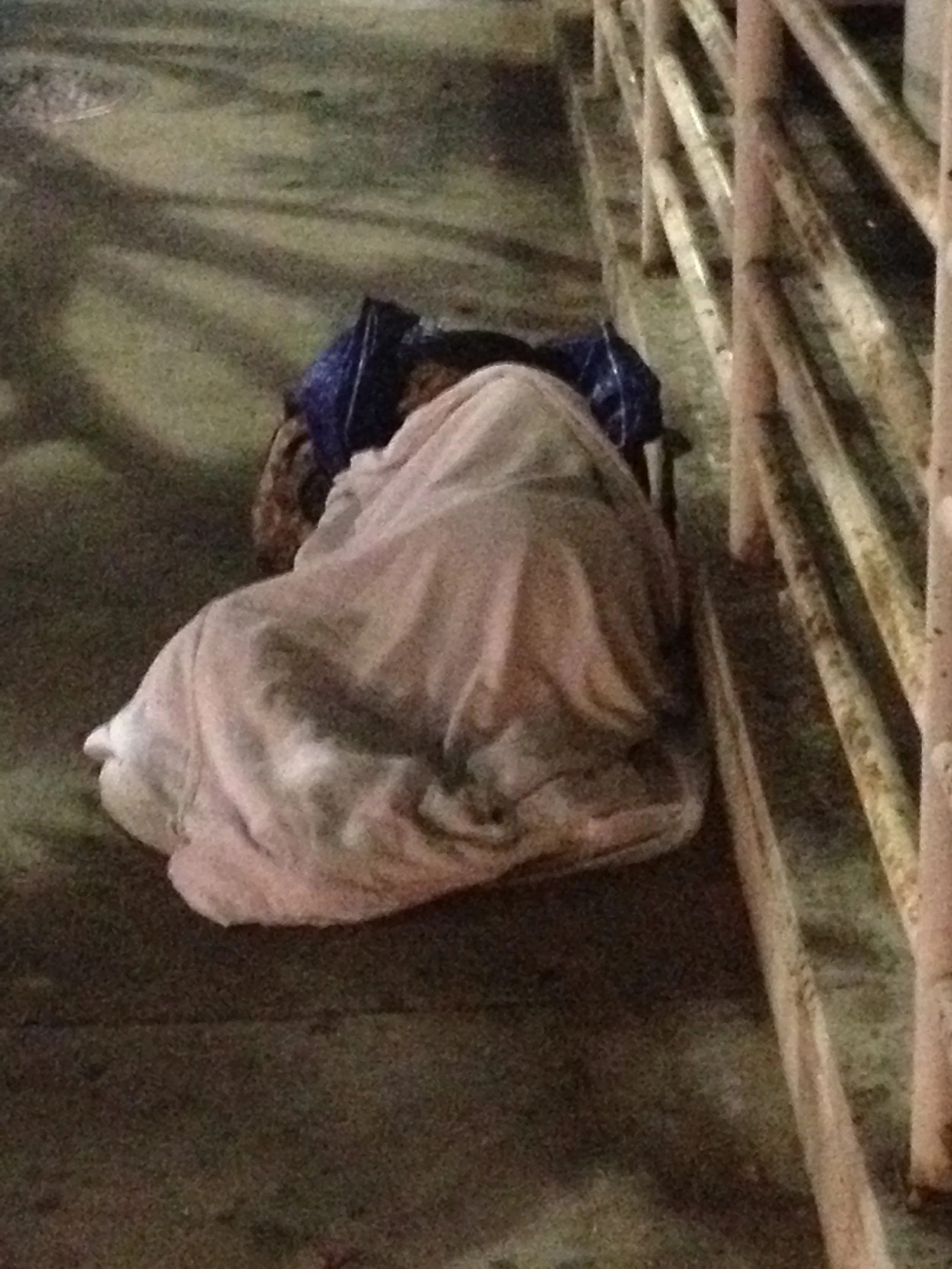
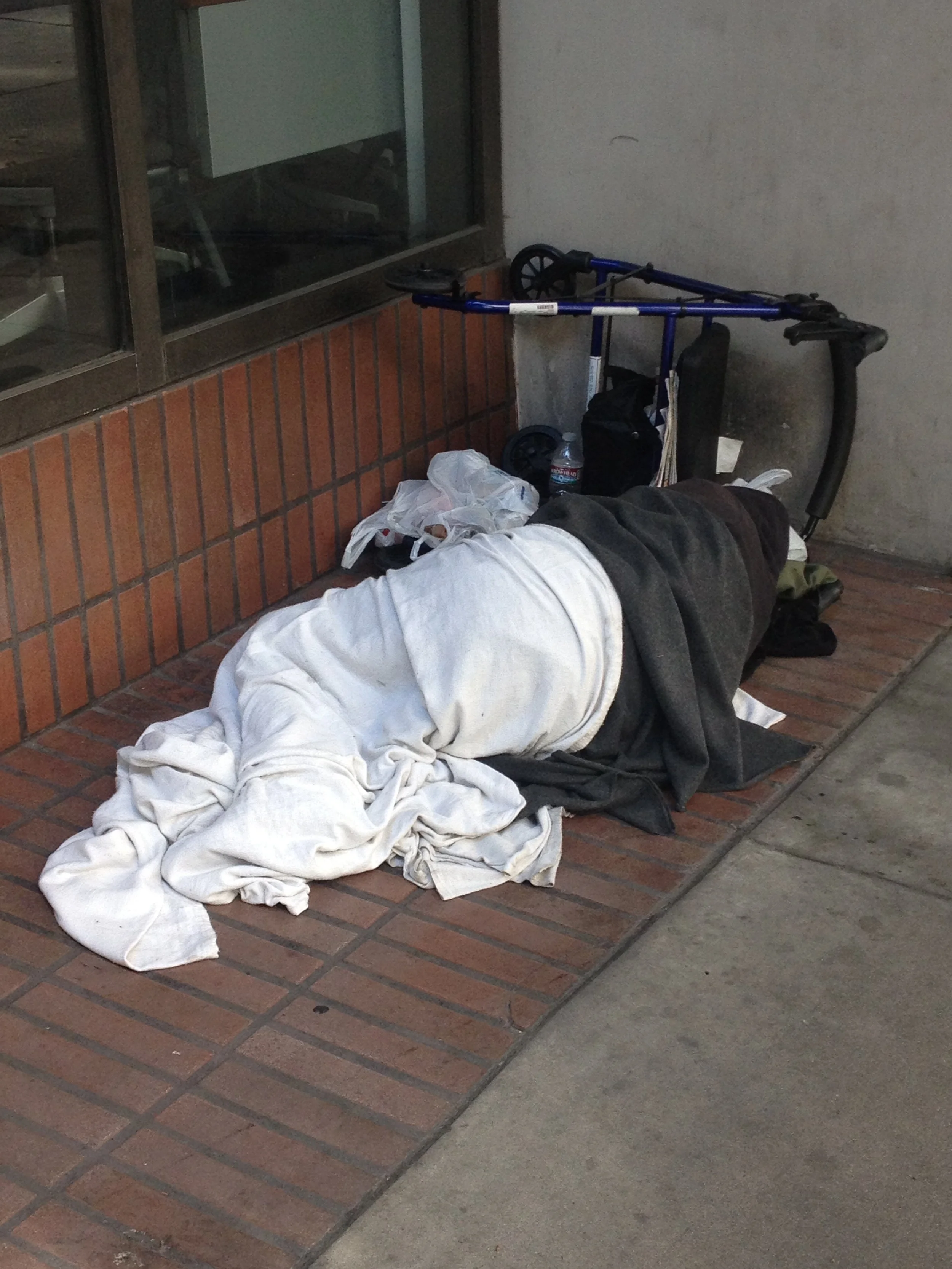
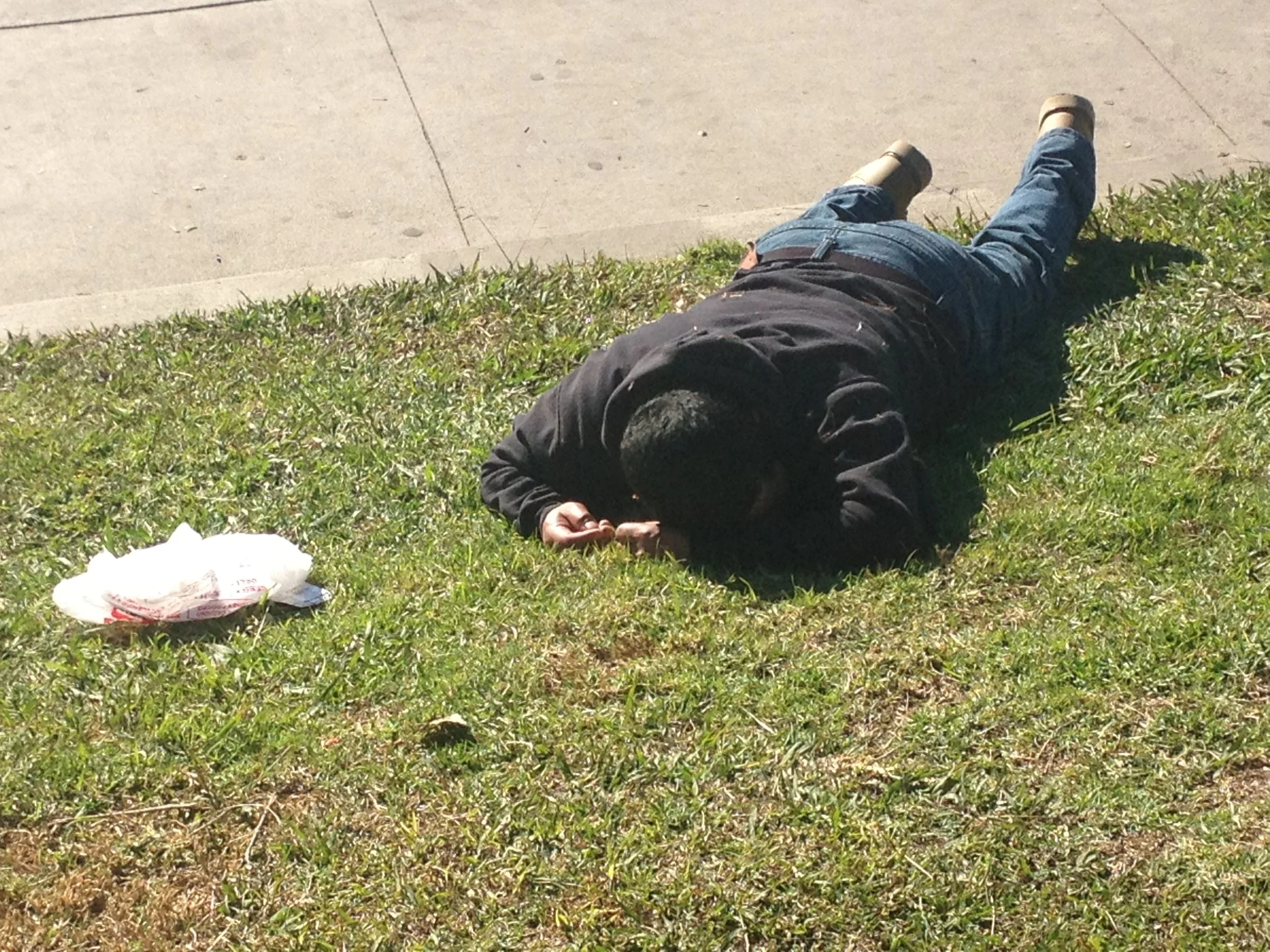

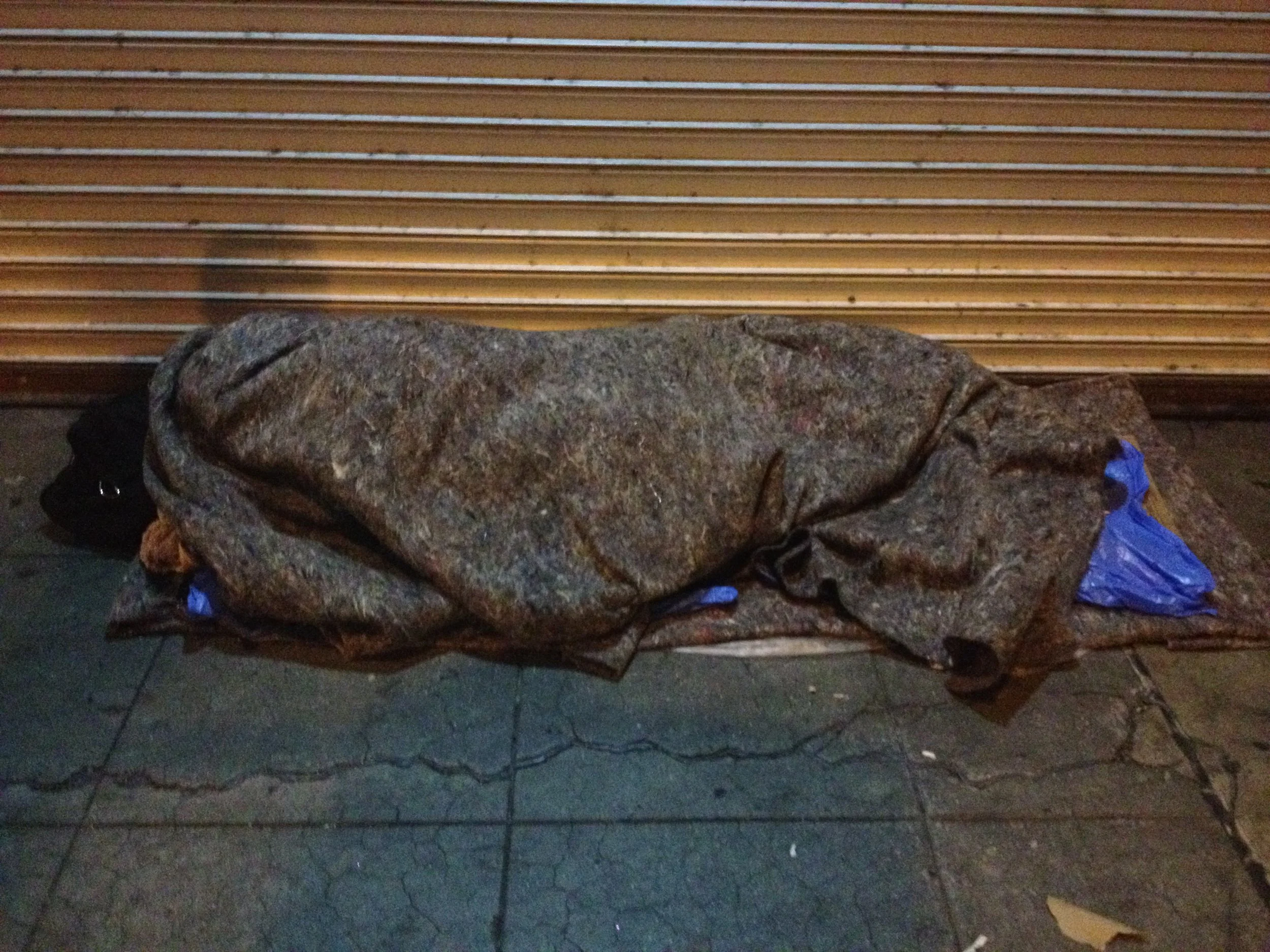
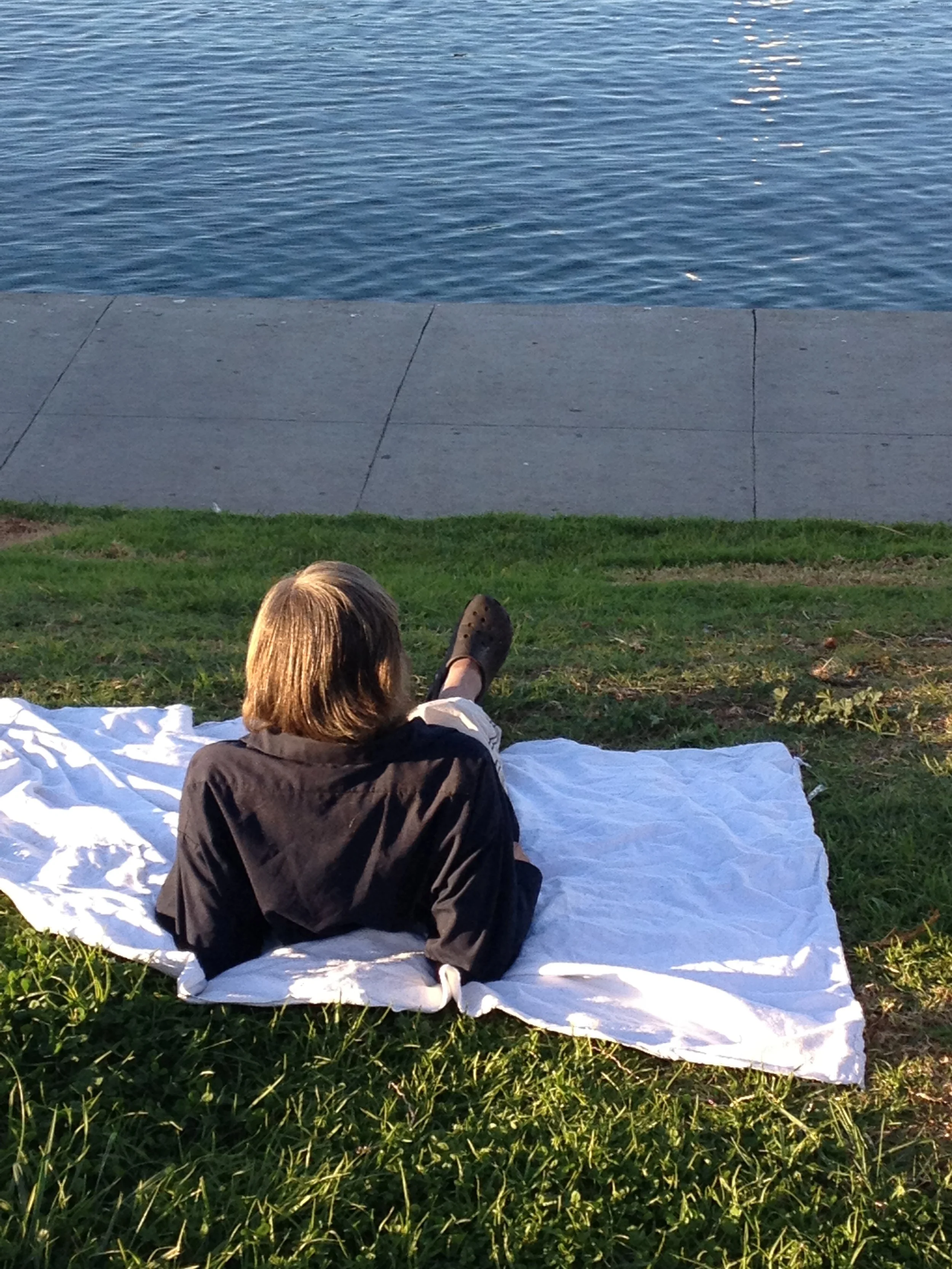
AMERICAN DREAM
That dream of a land in which life should be better and richer and fuller for every man, with opportunity for each according to his ability or achievement." When I visit an ATM machine I’m intrigued by the bank receipts people leave behind after they complete their transaction. I would pick them up and examine them to get a better understanding of their financial situation. Often enough the balance would be under $1,000. In this land of proposed opportunity where anything is possible it seems things are not as easy and or accessible as we have been led to believe. Hard work does not equal success. This series gives us an insight into our struggles as a nation to sustain and provide a better quality of life for ourselves and family with little to no money to our name.


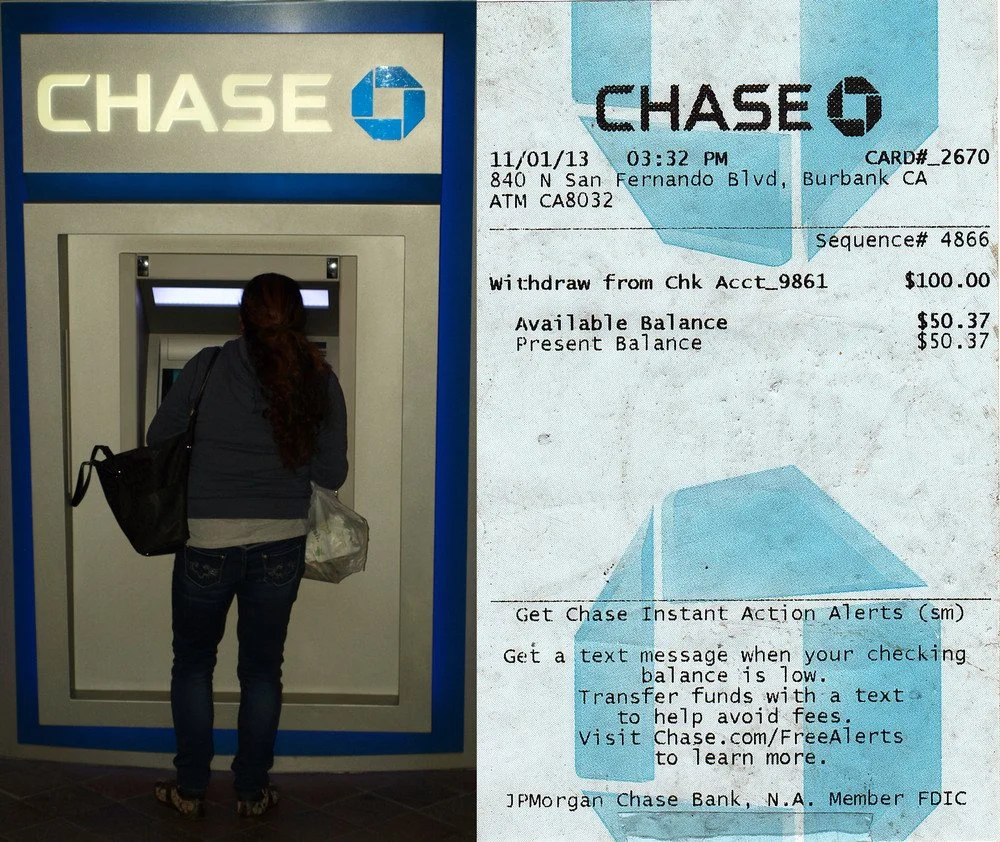
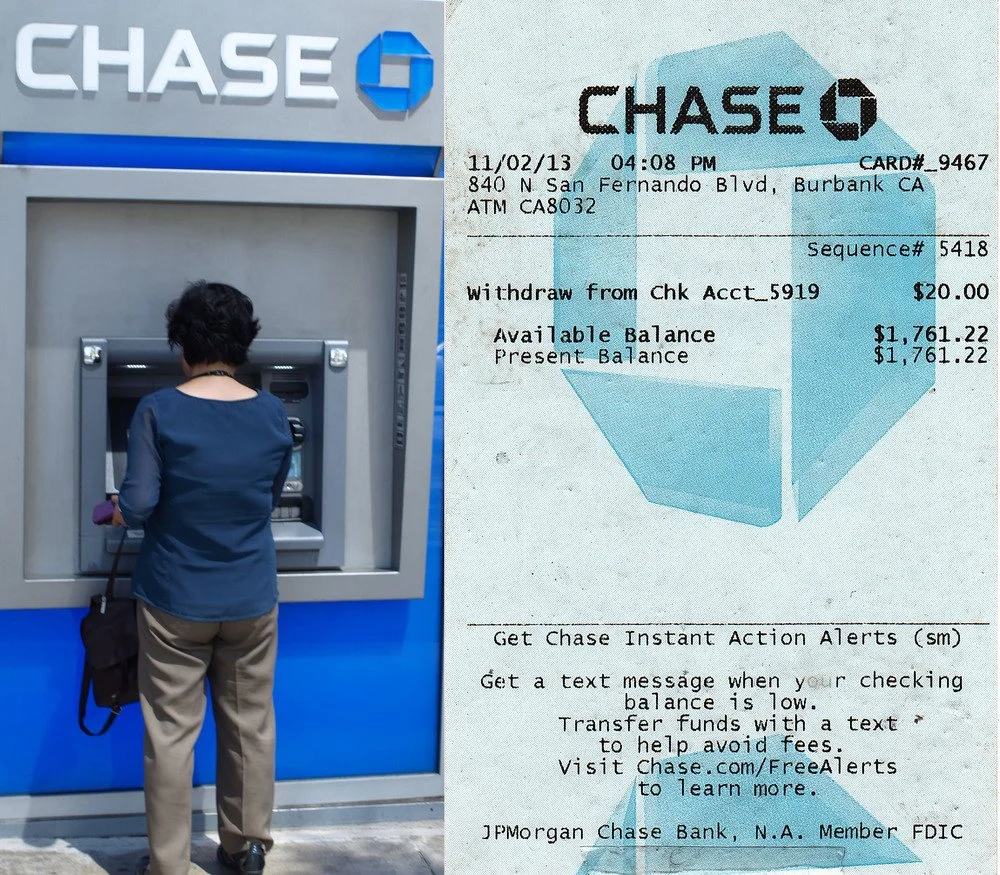

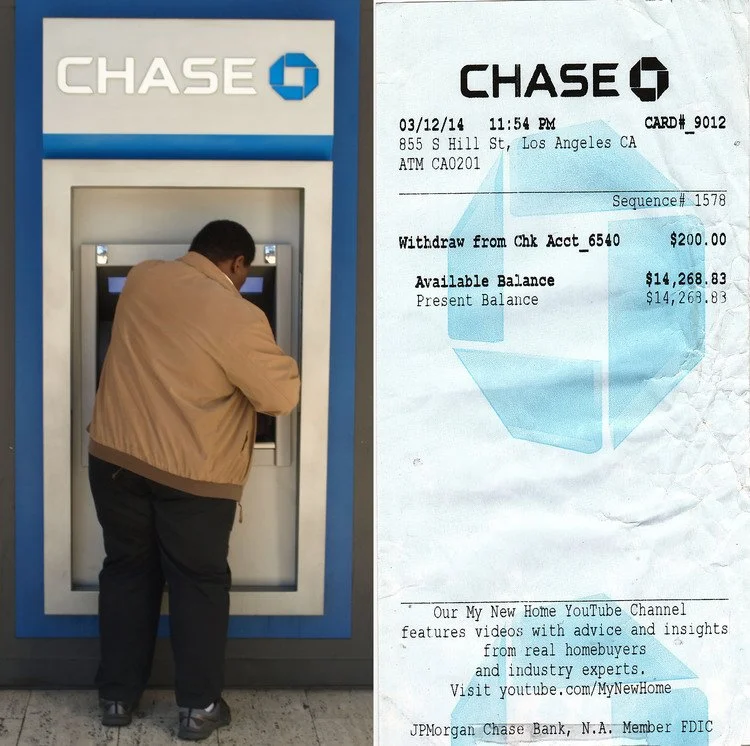








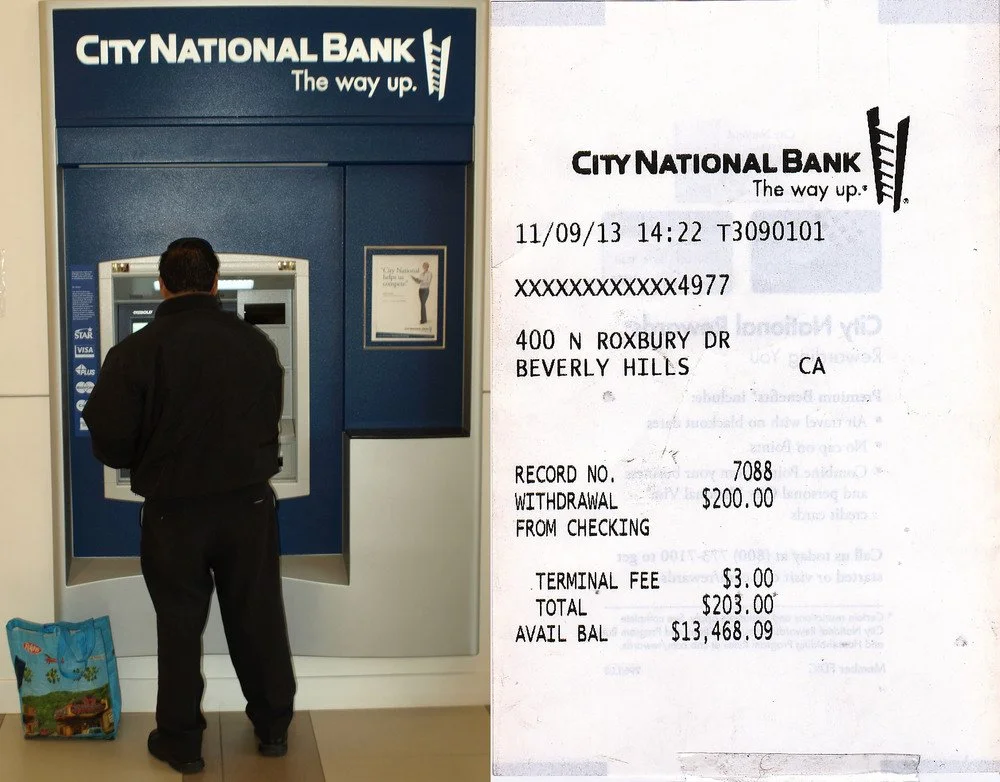




MEXICANS ARE THE NEW NEGROES
I conceptualized this series while living in LA driving past Home Depot witnessing men who would solicit their services for money. Most of the men are undocumented and live off the work when they can get it. It quickly dawned on me that most of the work the Mexicans were doing was once the domain of the Negro. I began to research images of slavery, Jim Crow era and pre and post civil rights to make a visual correlation of the scenes I witnessed.











GET THE BELT(WHIPPINGS)
I was a victim of generational child abuse. I was whipped with a belt from from 2 to 16 years of age. My punishment was always a whipping. The abuse I suffered by my stepfather was generational trauma passed down from slavery to modern times. In the days of slavery, whips were tools of punishment and control, used by slave owners to inflict pain and maintain dominance over enslaved people. This practice was rooted in systemic violence and dehumanization. Today, some parents use belts or other objects as a form of corporal punishment. This practice is controversial and has been criticized by many child development experts who argue that physical punishment can lead to negative outcomes, including increased aggression, behavioral problems, and mental health issues in children. Attitudes toward physical discipline vary widely across cultures and communities. In some, spanking or using a belt may be viewed as a traditional form of discipline, while in others, it is seen as harmful and outdated.







